Katja Stuke
May 7 to May 14, 2024
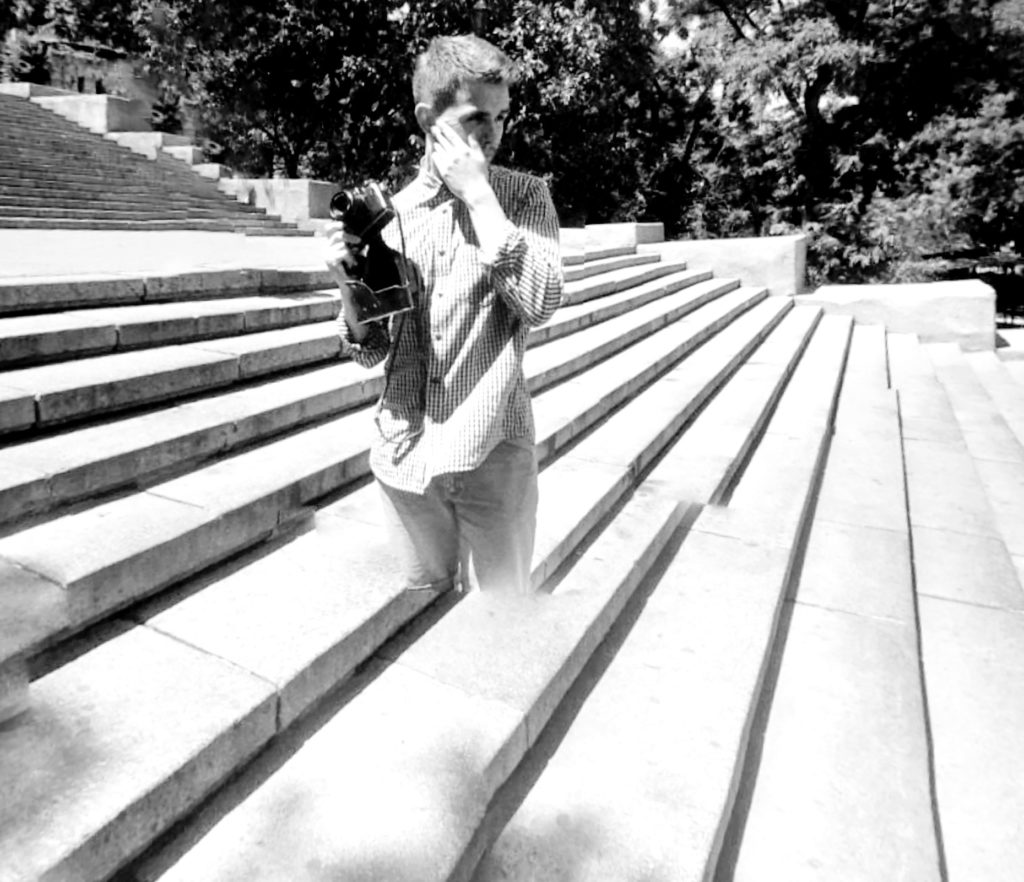
Katja Stuke, Stairs Odesa 2024
Apr 16 to Apr 23, 2024
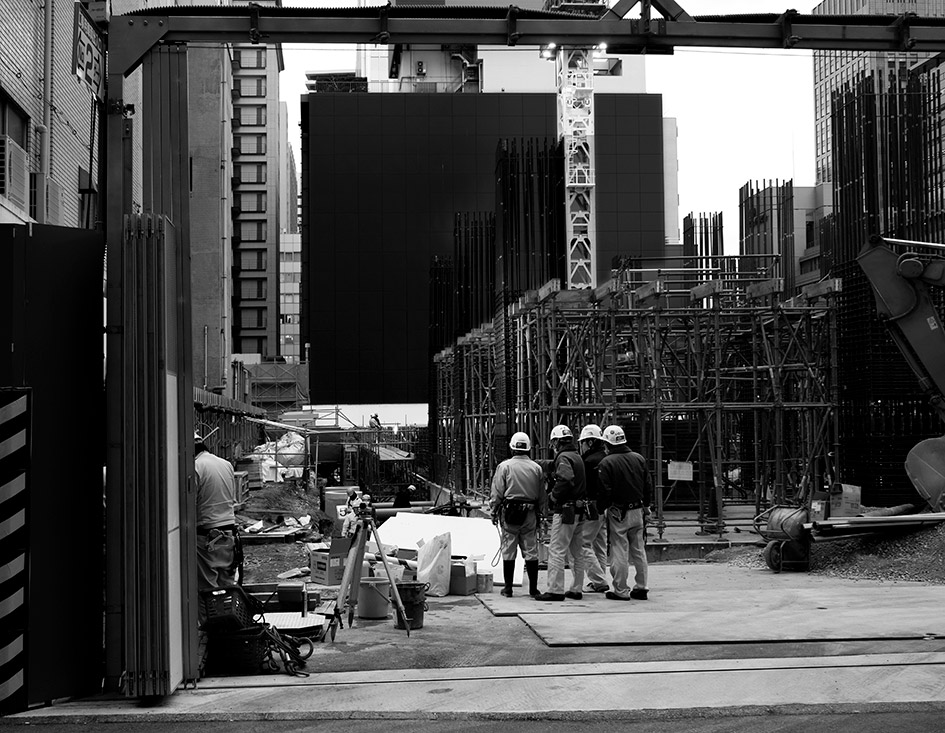
Katja Stuke, Stage Osaka 2024
Apr 9 to Apr 16, 2024
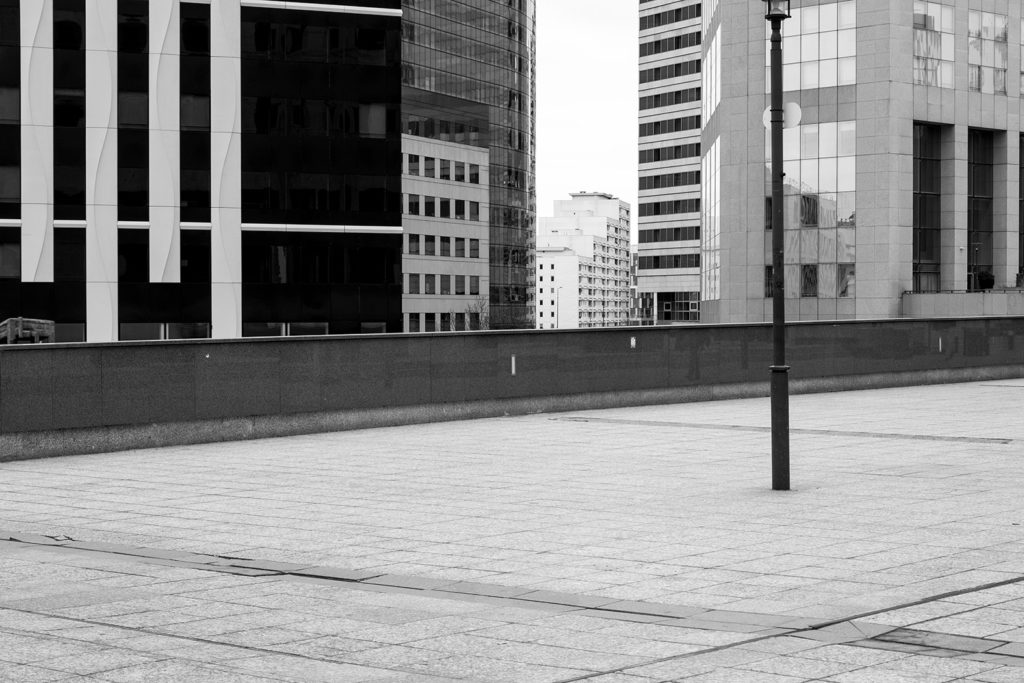
Katja Stuke, sans titre Paris 2023
Apr 2 to Apr 9, 2024
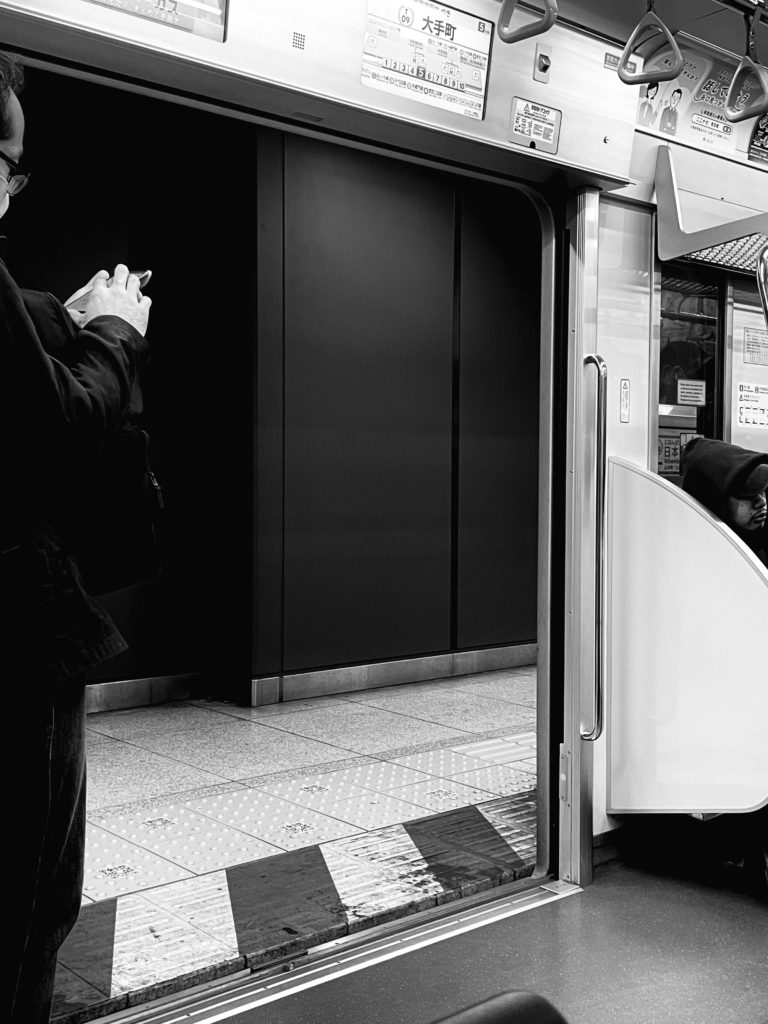
Katja Stuke, sans titre Tokyo Metro, Otemachi 2024
Mar 19 to Mar 26, 2024
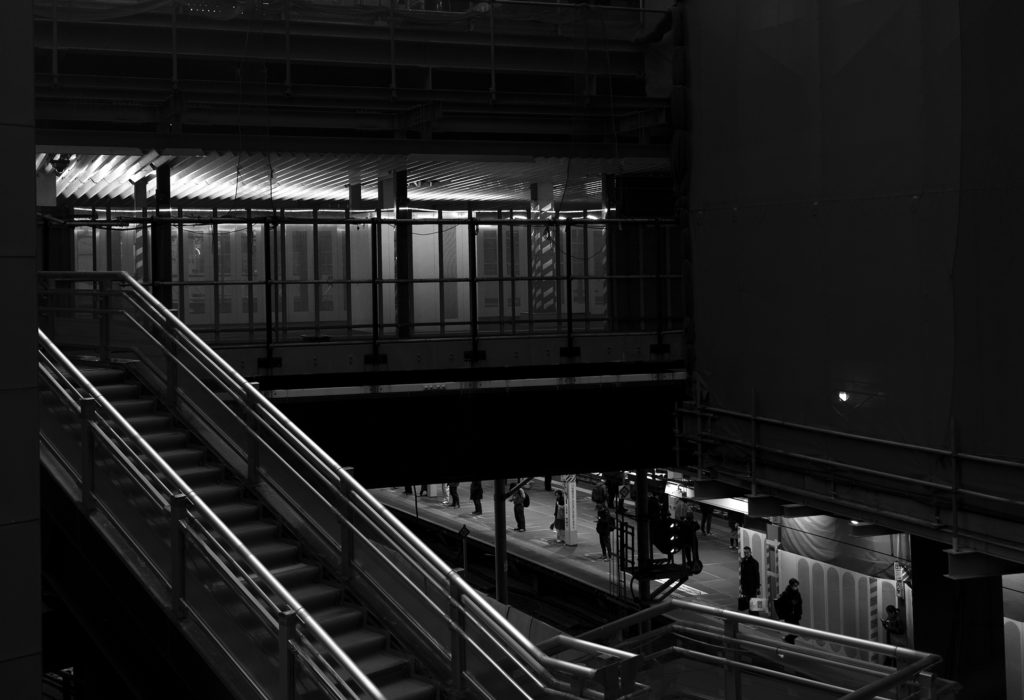
Katja Stuke, sans titre Shibuya Station, Tokyo 2024
Mar 12 to Mar 19, 2024
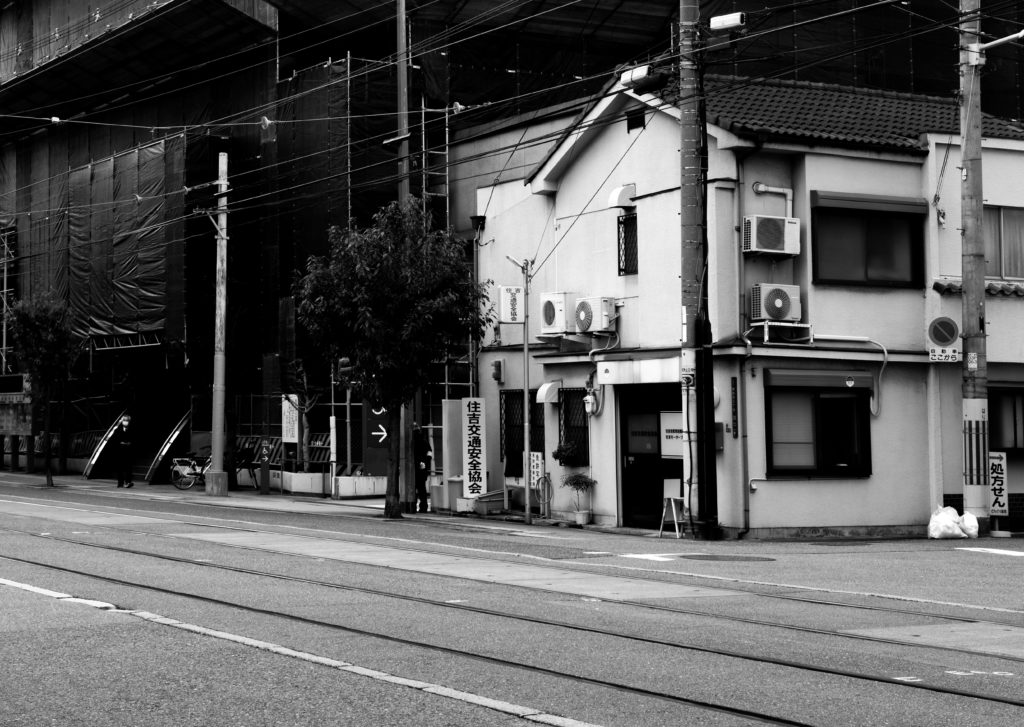
Katja Stuke, sans titre Osaka Kohama 2024
Feb 20 to Feb 27, 2024
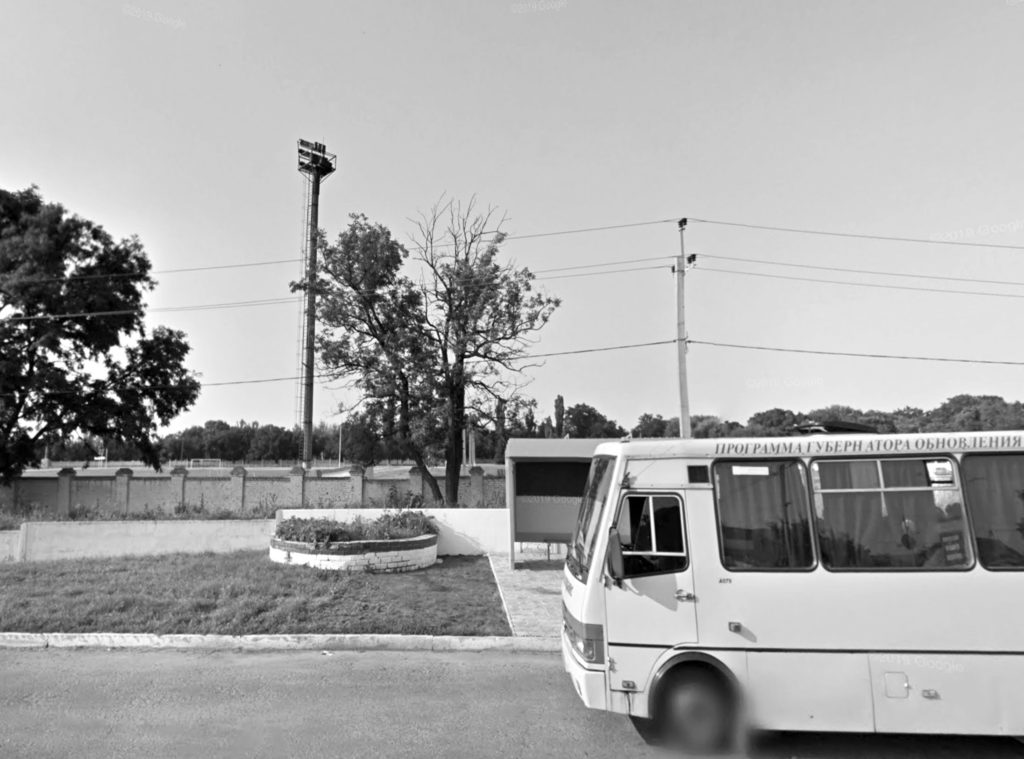
Katja Stuke, A Tree in Pawlohrad
(Google Streetview 2015) Feb 12, 2024
Feb 13 to Feb 20, 2024
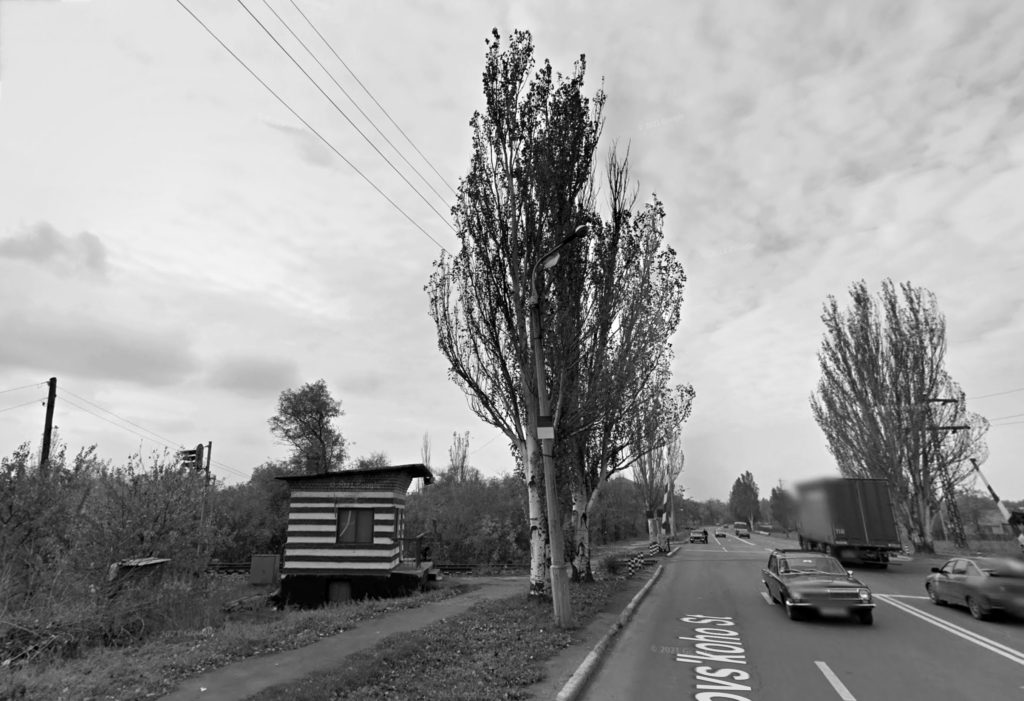
Katja Stuke, A Tree in Marjinka
(Google Street View 2011) Feb 11, 2024
Jan 9 to Jan 17, 2024
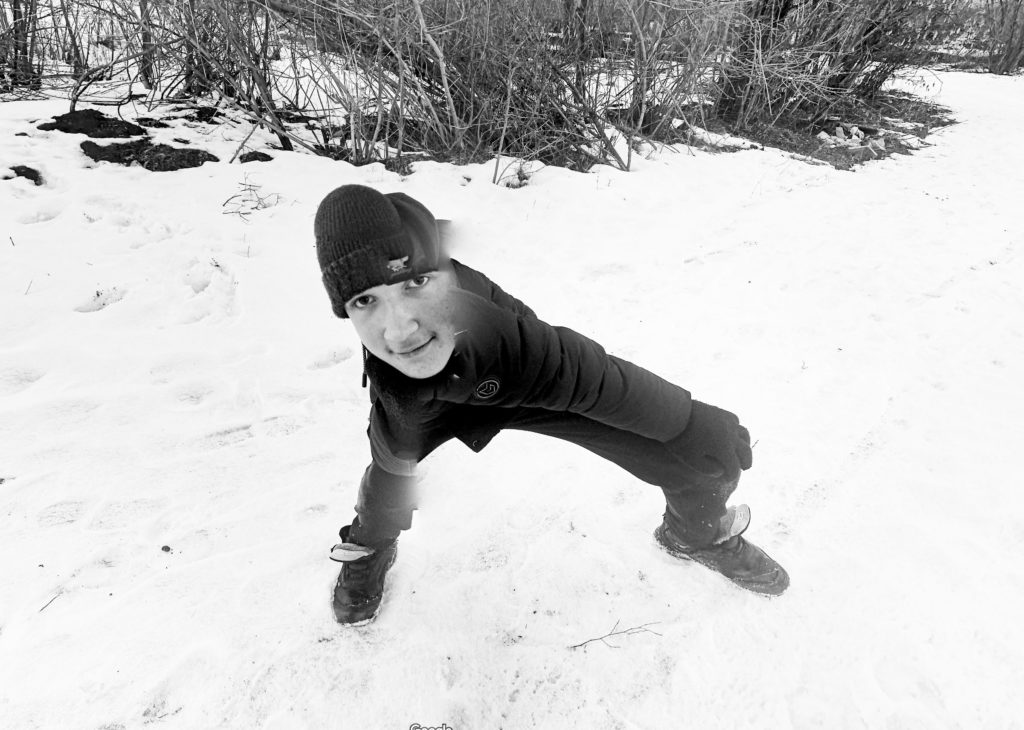
Katja Stuke, sans titre 2024
Jan 2 to Jan 9, 2024
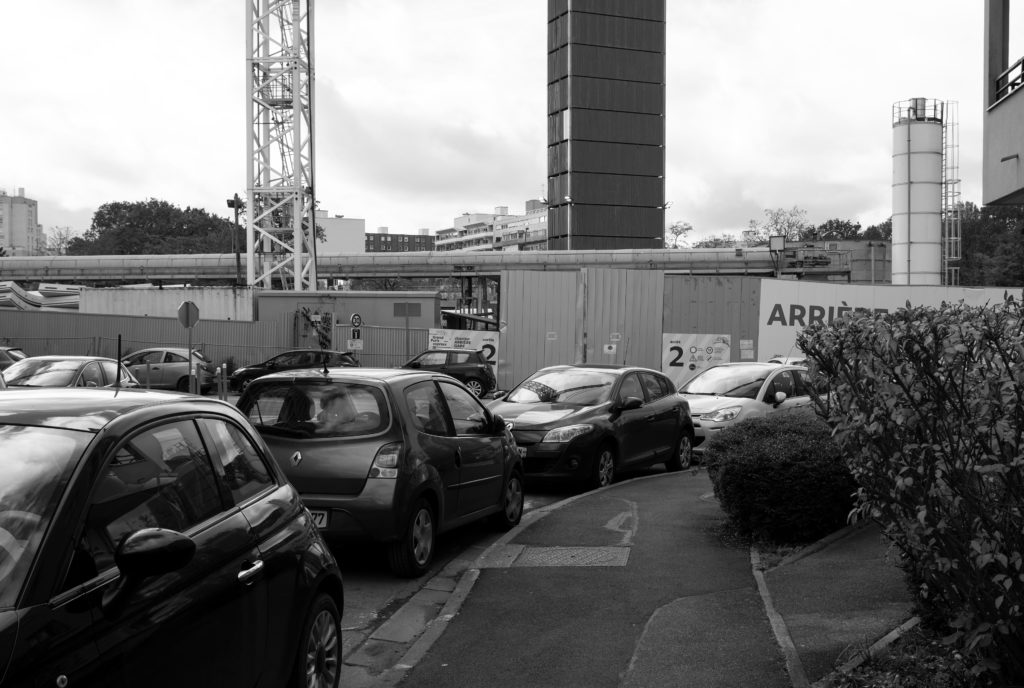
Katja Stuke, Cars Noisy Champs 2023
Dec 20 to Dec 27, 2023
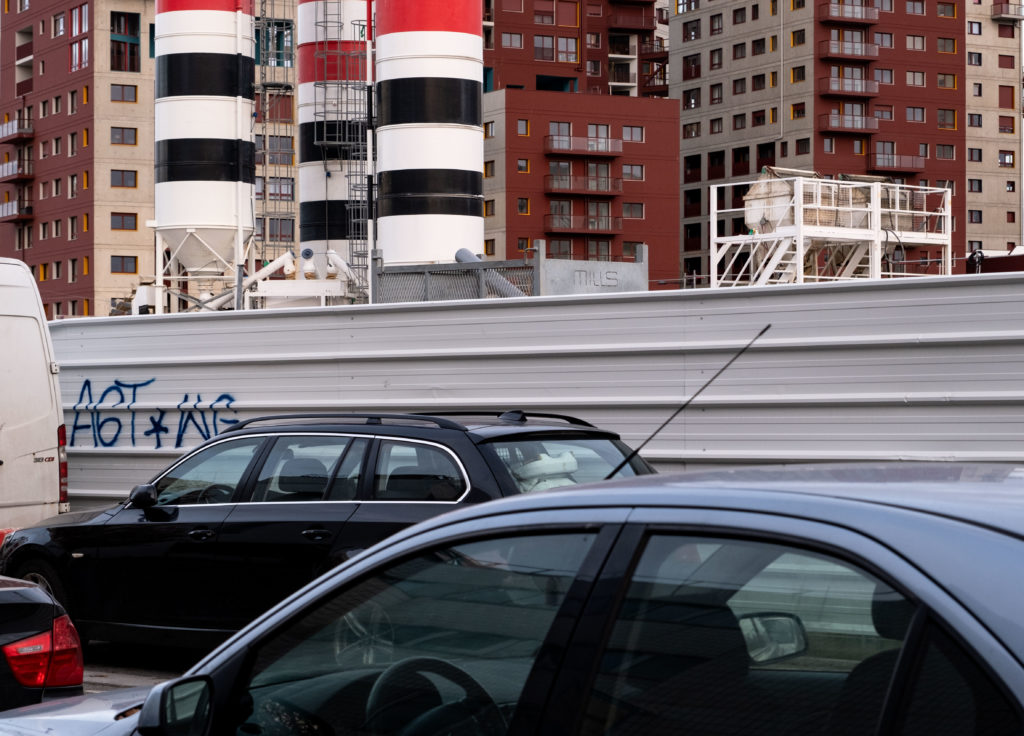
Katja Stuke, Cars Ivry 2023
Dec 12 to Dec 19, 2023
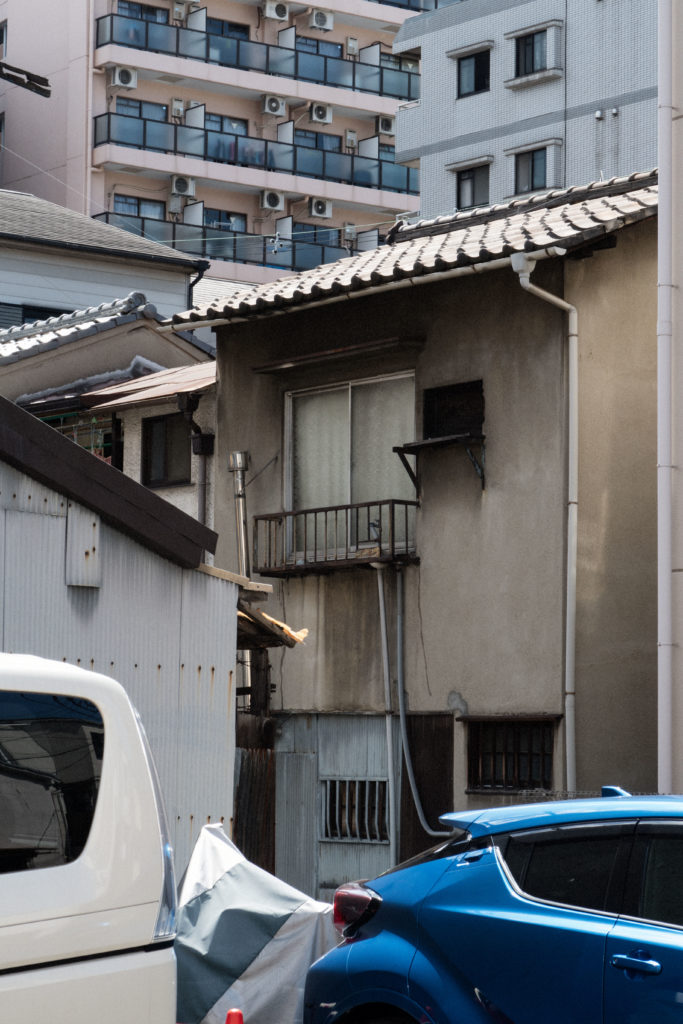
Katja Stuke, Cars Osaka Ikuno 2017
Dec 5 to Dec 12, 2023

Katja Stuke, Cars Drancy 2023
Nov 28 to Dec 5, 2023

Katja Stuke, Cars Paris 2020, 2023
Nov 14 to Nov 21, 2023
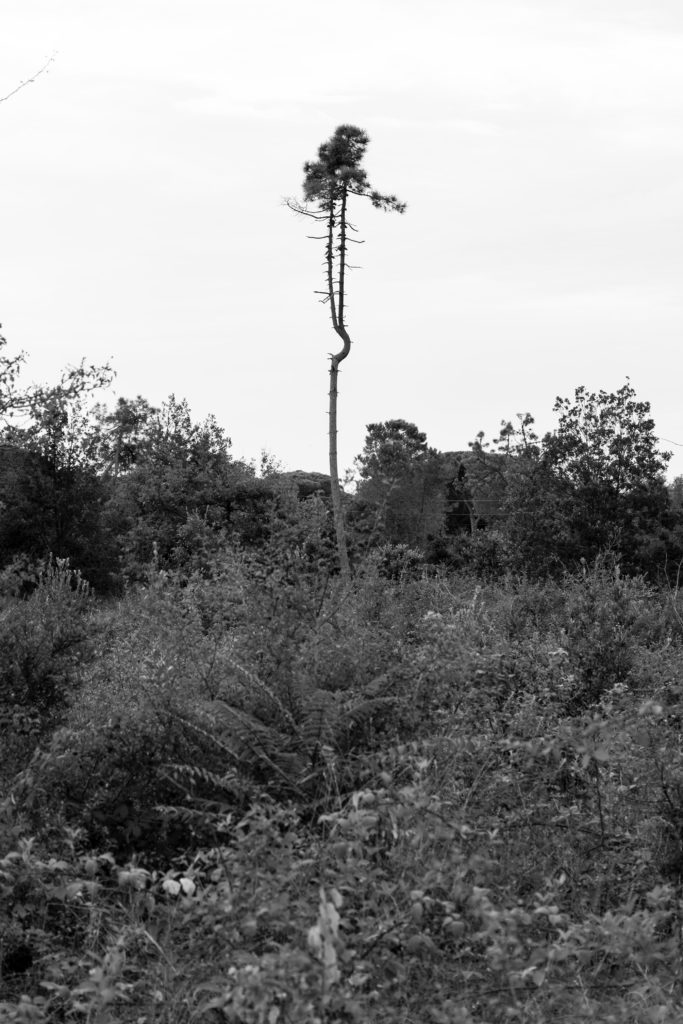
Katja Stuke, sans titre, Cervia 2023
Oct 17 to Oct 24, 2023
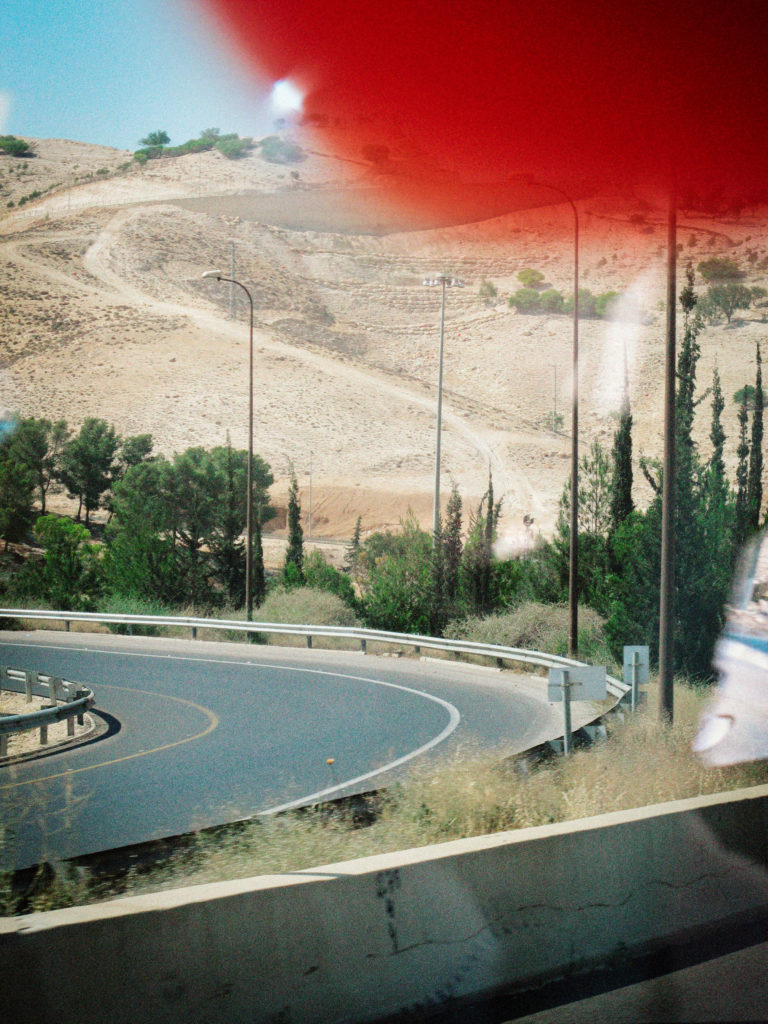
Katja Stuke, sans titre (thumb)
Israel 2011/2023
Oct 10 to Oct 17, 2023
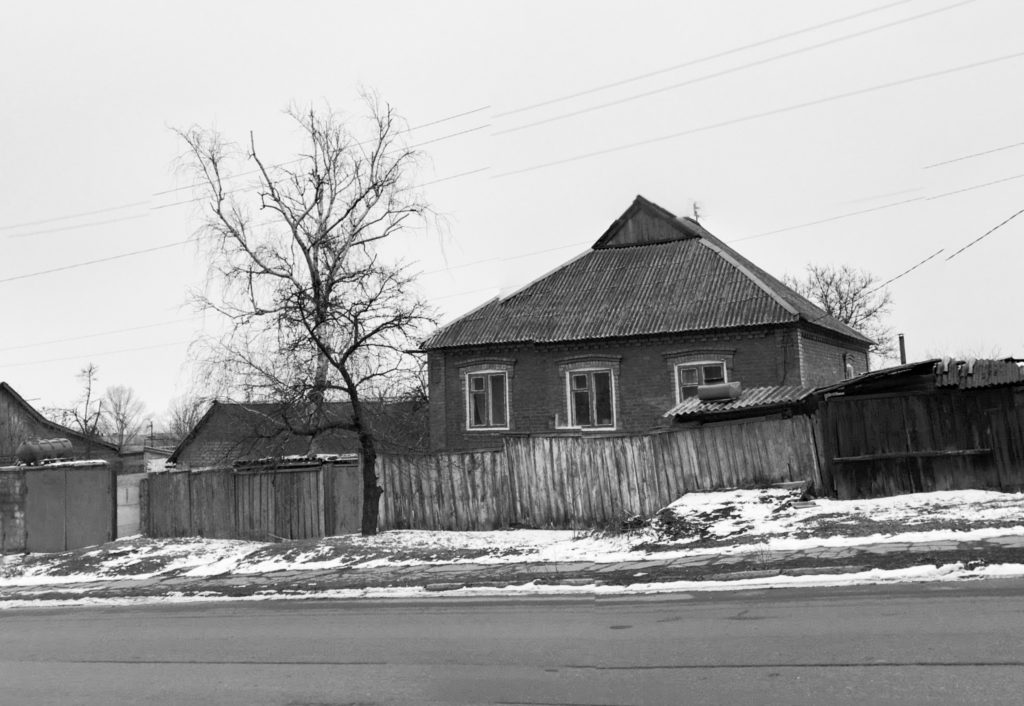
Katja Stuke, A Tree in Kostiantynivka
(Google Street View 2022) Sept 7, 2023
July 11 to July 18, 2023
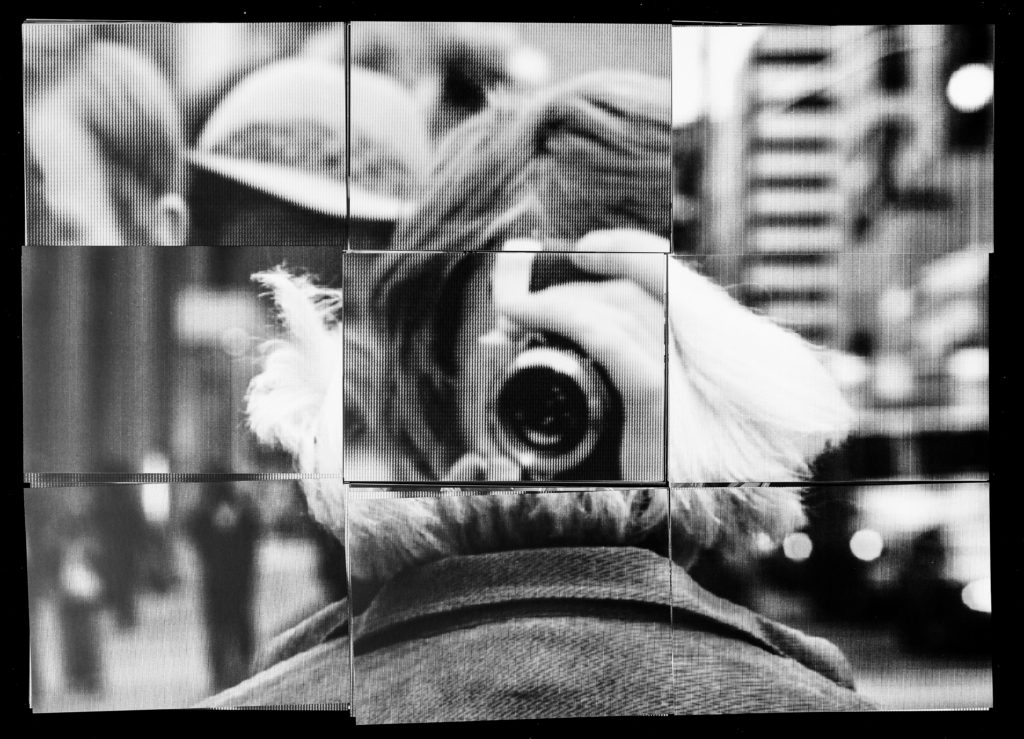
Katja Stuke, Sans Titre
Collage pour une vidéo sur le Métavers, 2023
June 20 to June 27, 2023
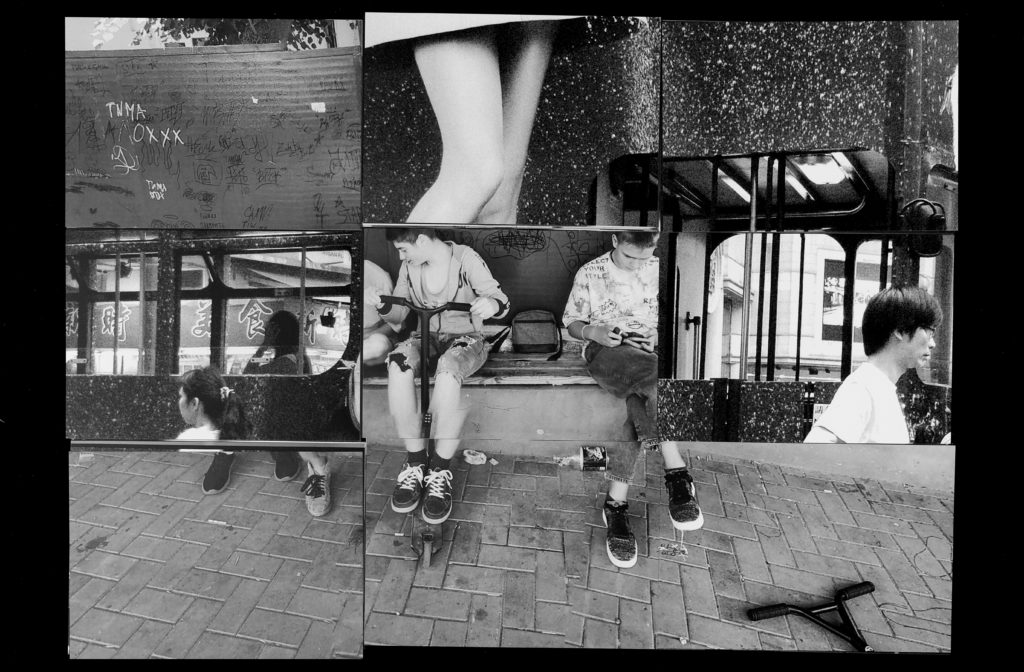
Katja Stuke, Sans Titre
Collage pour une vidéo sur le Métavers, 2023
May 16 to May 23, 2023
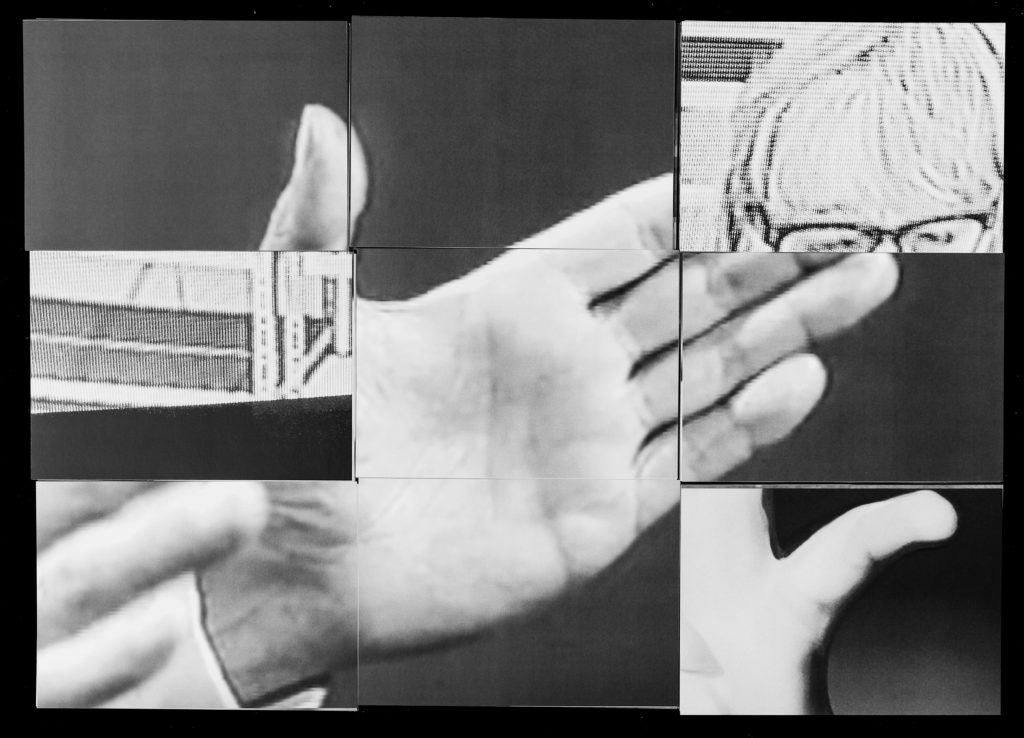
Katja Stuke, Sans Titre
Collage pour une vidéo sur le Métavers, 2023
Mar 14 to Mar 21, 2023
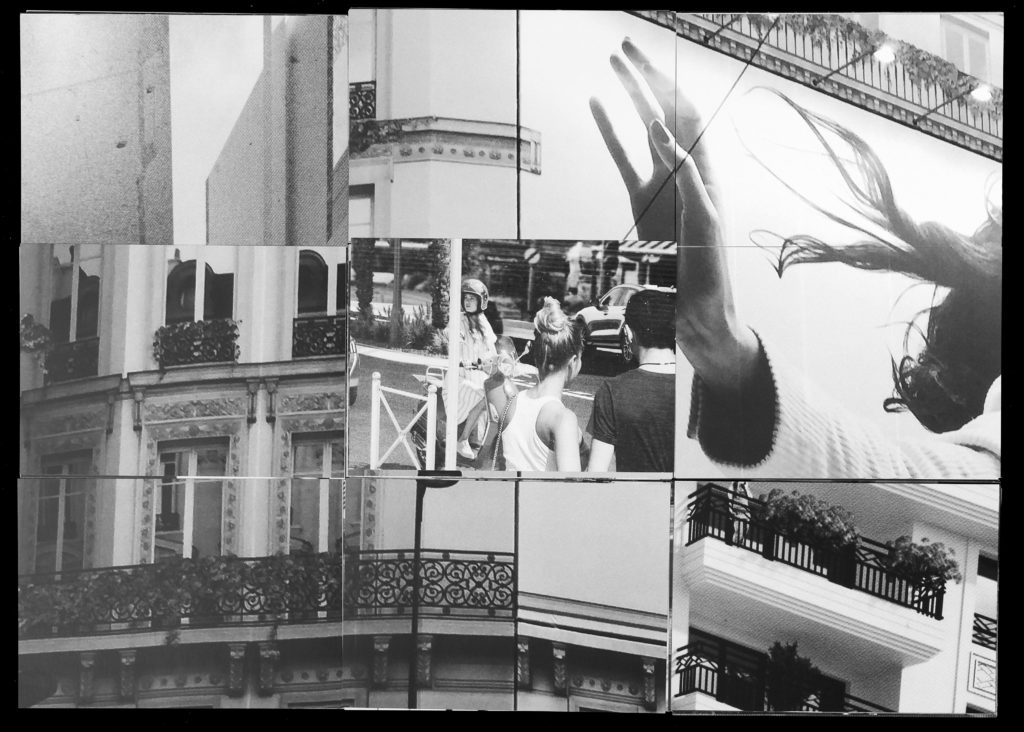
Katja Stuke, Sans Titre
Collage pour une vidéo sur le Métavers, 2023
Mar 7 to Mar 14, 2023
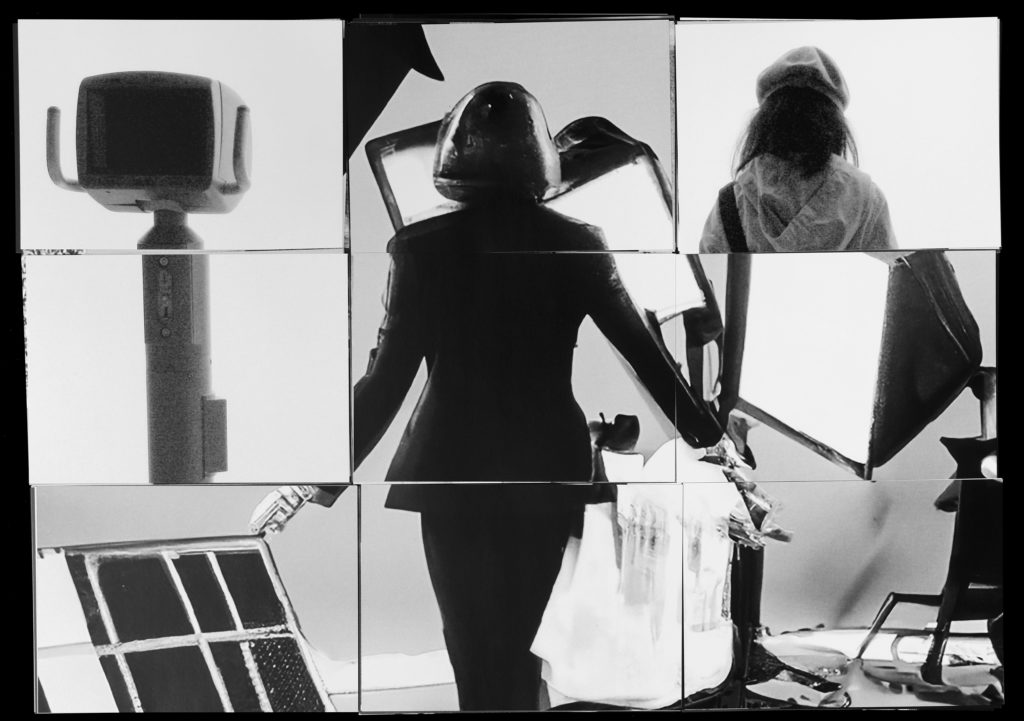
Katja Stuke, Sans Titre
Collage pour une vidéo sur le Métavers, 2023
Feb 28 to Mar 7, 2023
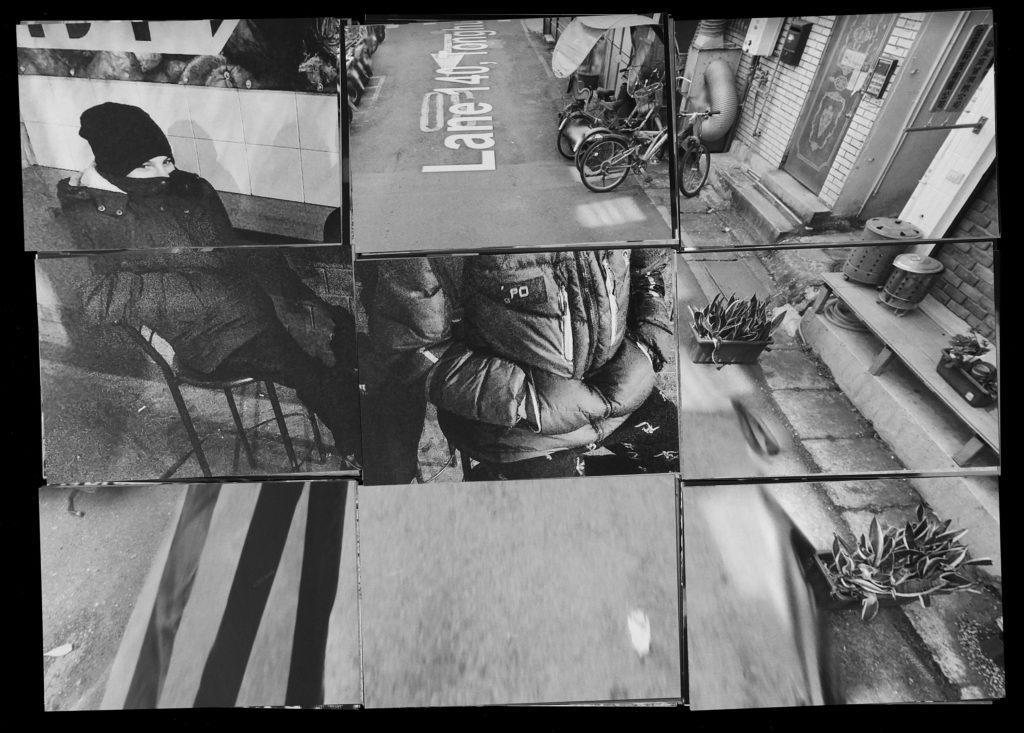
Katja Stuke, Sans Titre
Collage pour une vidéo sur le Métavers, 2023
Feb 21 to Feb 28, 2023
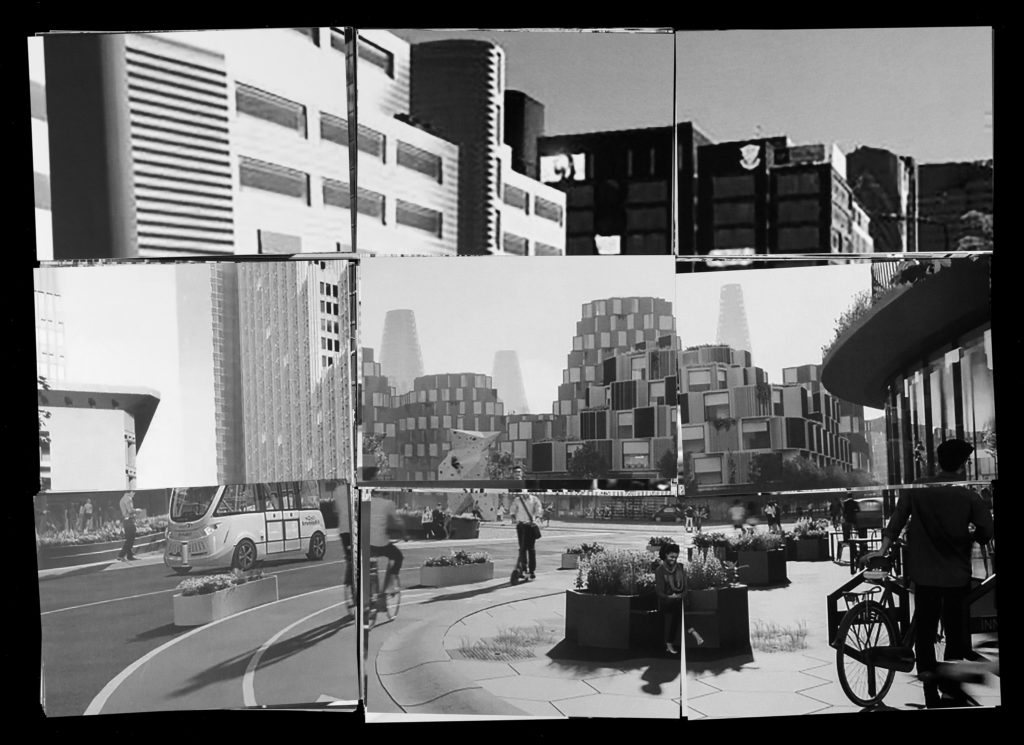
Katja Stuke, Sans Titre
Collage pour une vidéo sur le Métavers, 2023
Feb 14 to Feb 21, 2023
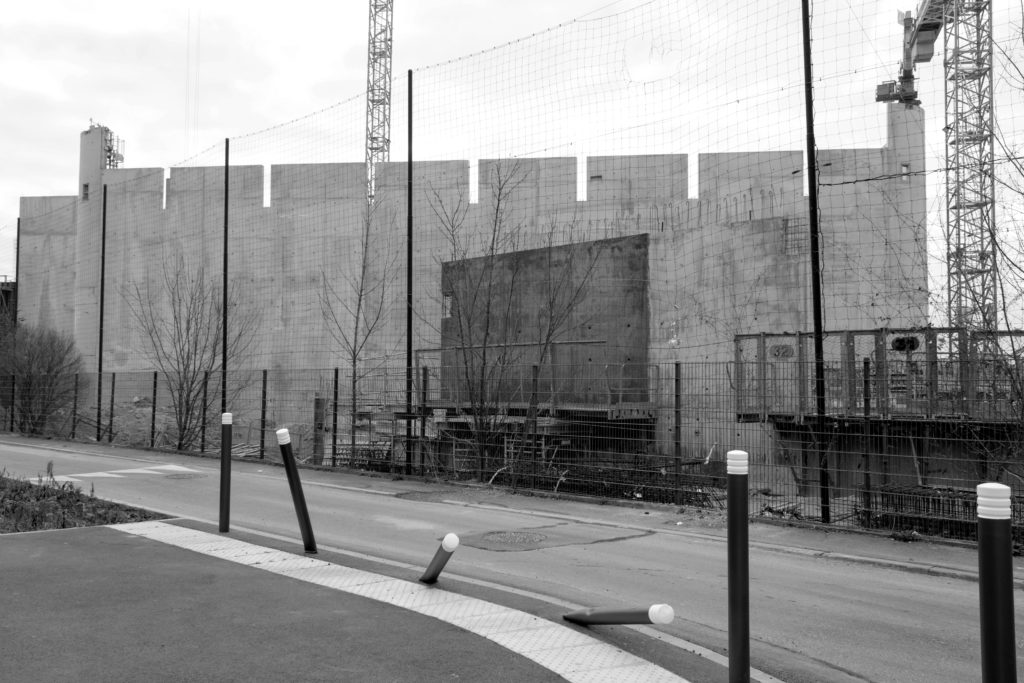
Katja Stuke, Sans Titre
Bobigny, 2023
Feb 7 to Feb 14, 2023
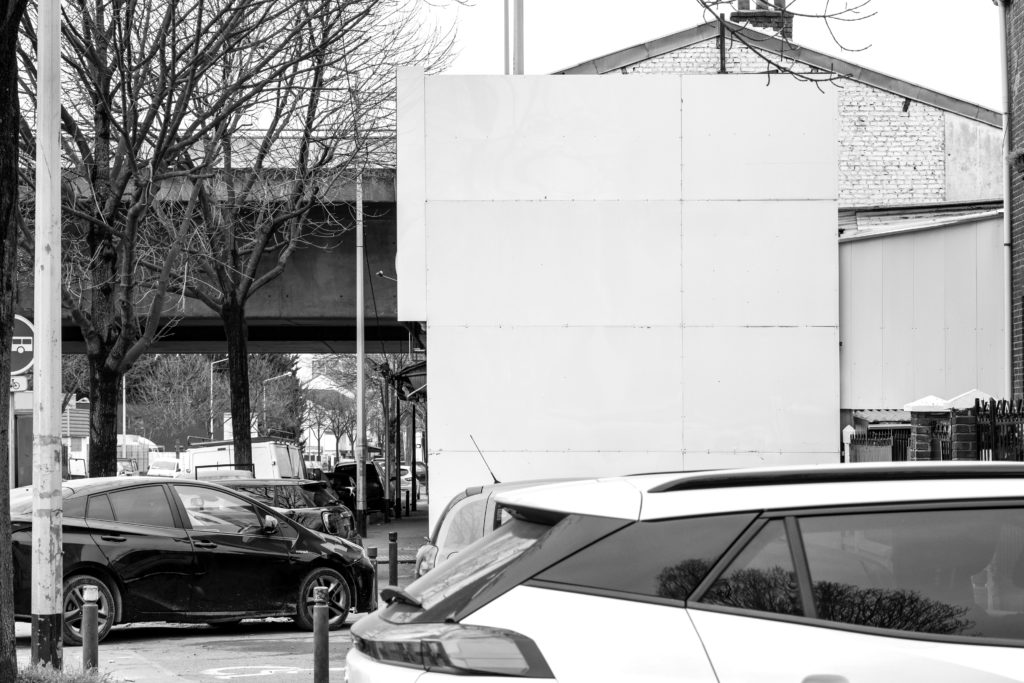
Katja Stuke, Sans Titre
between Le Bourget and La Courneuve, 2023
Jan 31 to Feb 7, 2023
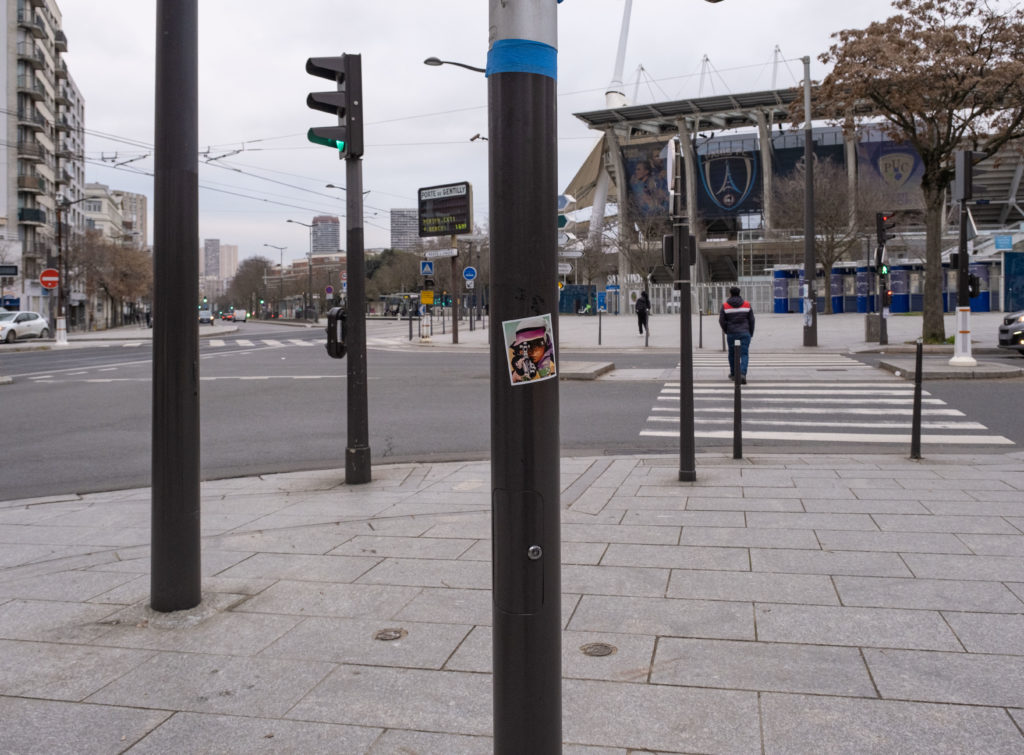
Katja Stuke, Supernatural
Sticker, Porte de Gentilly 2023
Jan 24 to Jan 31, 2023
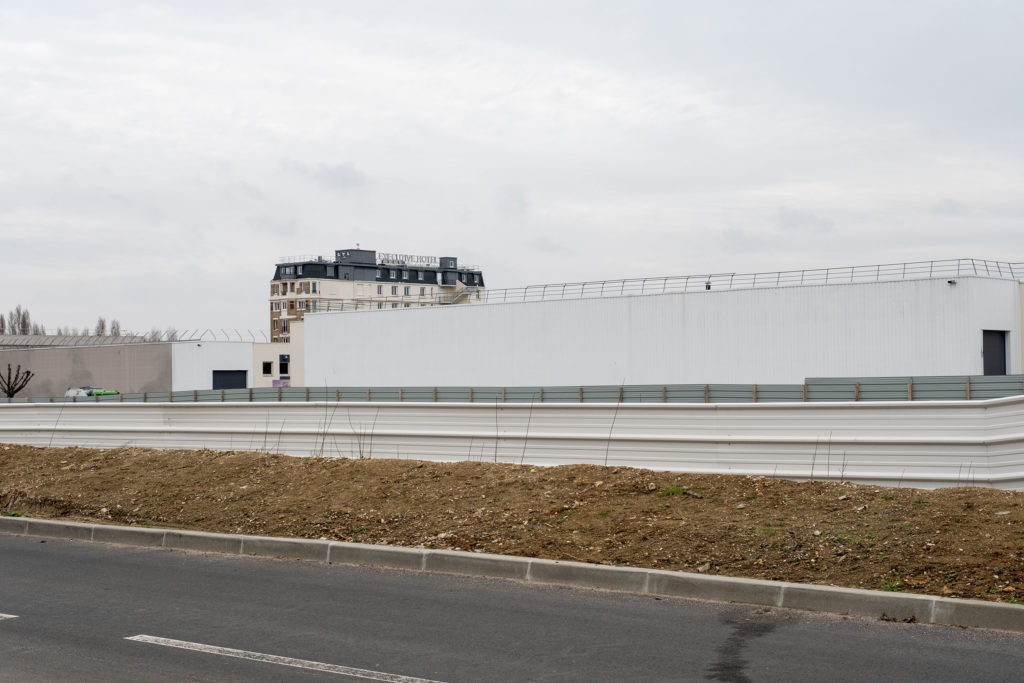
Katja Stuke, Sans Titre
Paris / Hauts-de-Seine, 2023
Jan 17 to Jan 24, 2023
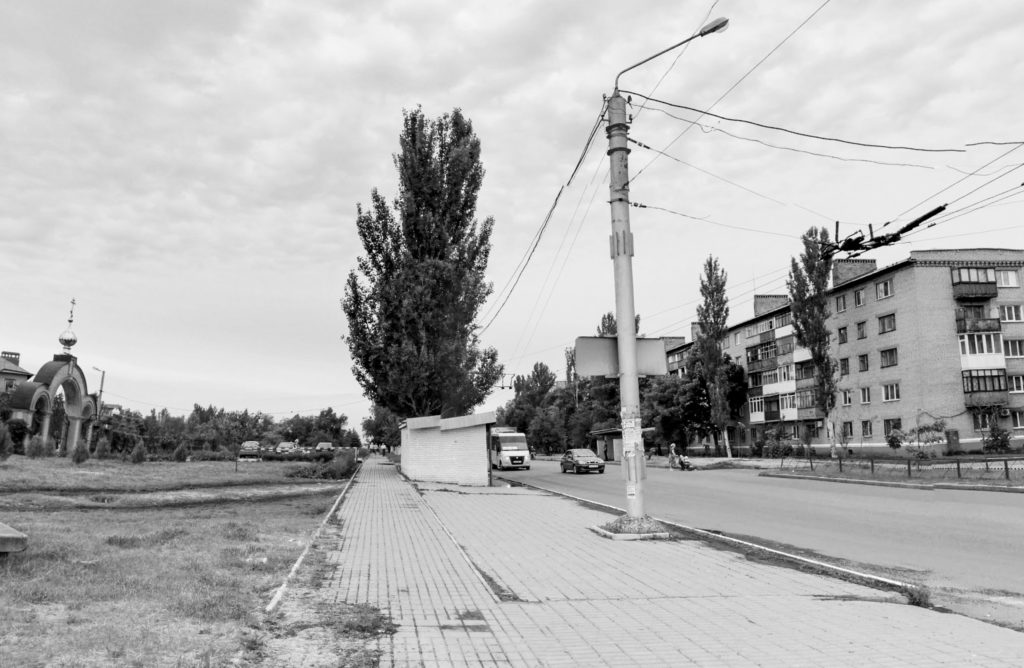
Katja Stuke, A Tree in Bachmut
(Google Street View 2016) Jan 8, 2023
Jan 10 to Jan 17, 2023
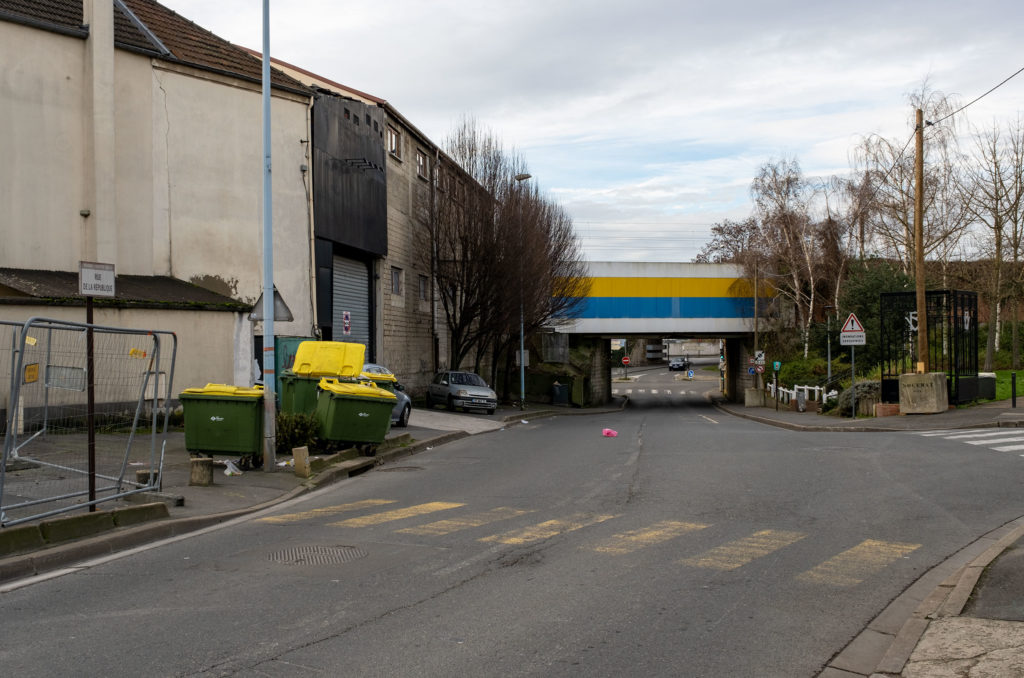
Katja Stuke, o.T.
Bobigny, 2023
(from a collaborative project with Oliver Sieber)
Jan 3 to Jan 10, 2023

Paris, Boulevard Périphérique, 2022
(from a collaborative project with Oliver Sieber)
Nov 22 to Nov 29, 2022

(Google Street View 2016) Nov 16. 2022
»Every day news from/about Ukraine. Still. Every day a new name of a village, town or city in Ukraine. Every day a screenshot-photo of a tree in that town. A tree to just hold in for a moment. A tree as a reminder. A tree as a witness. A tree as a metaphor for time.« Katja Stuke, Trees in Ukraine, since 24.2.2022
Nov 8 to Nov 15, 2022
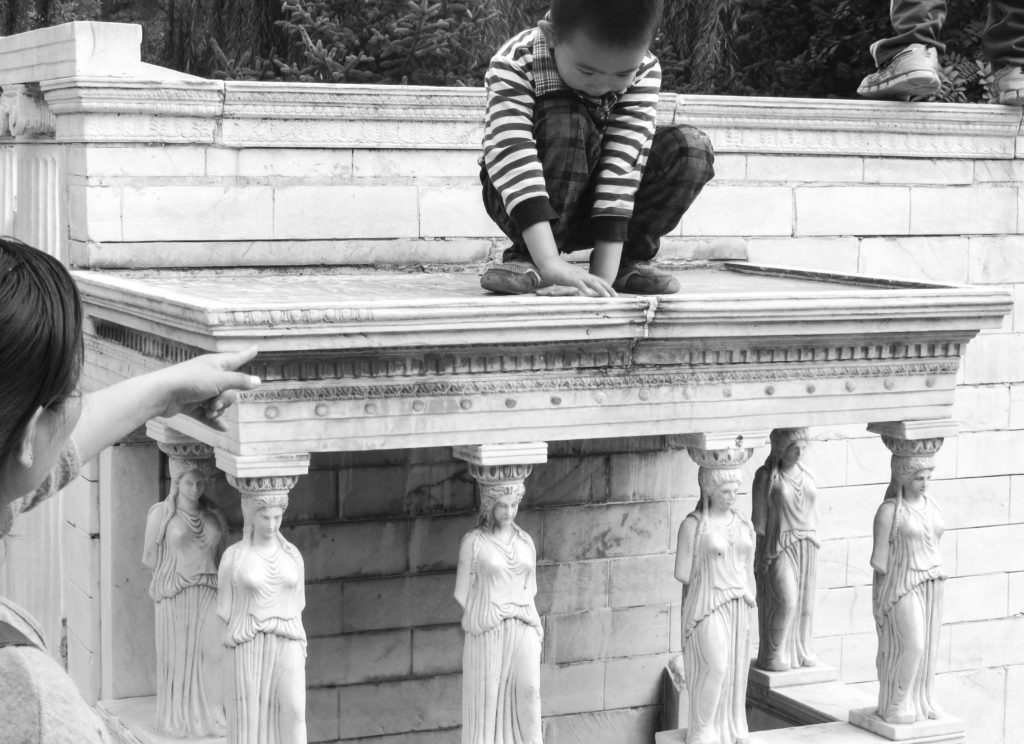
Katja Stuke, World Park
Bejing 2011
Nov 1 to Nov 8, 2022
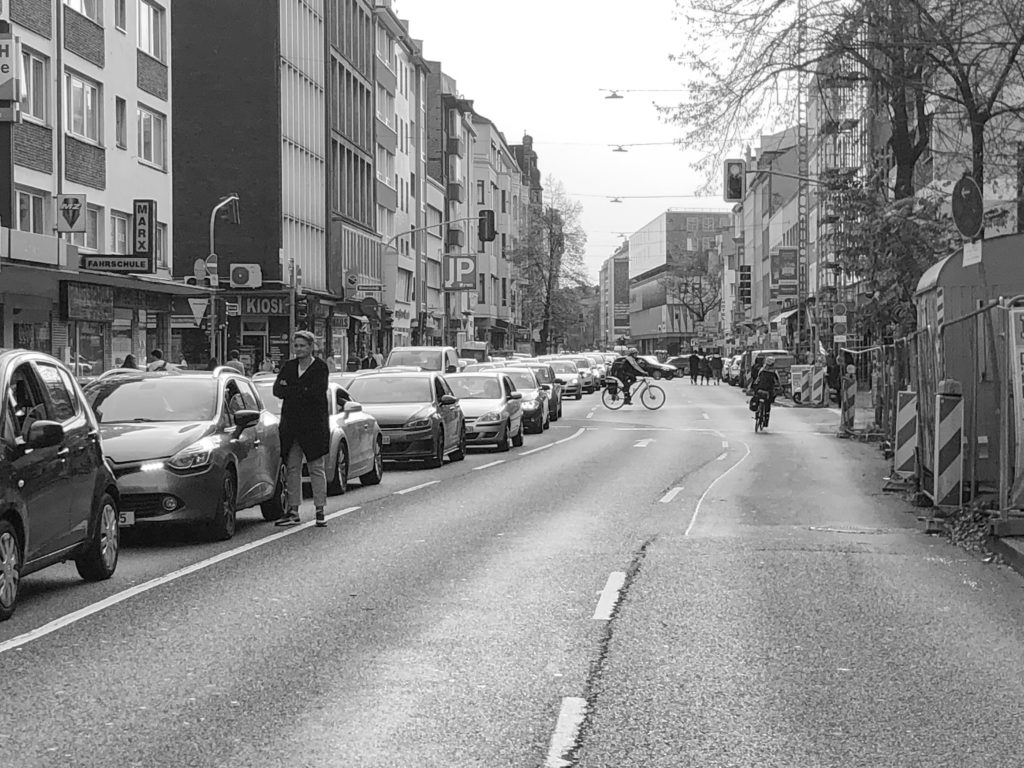
Protest stops traffic, Düsseldorf Oct 2022
(on the occasion of #womenlifefreedom rally Sat. Oct 29, 2022)
Oct 25 to Nov 1, 2022
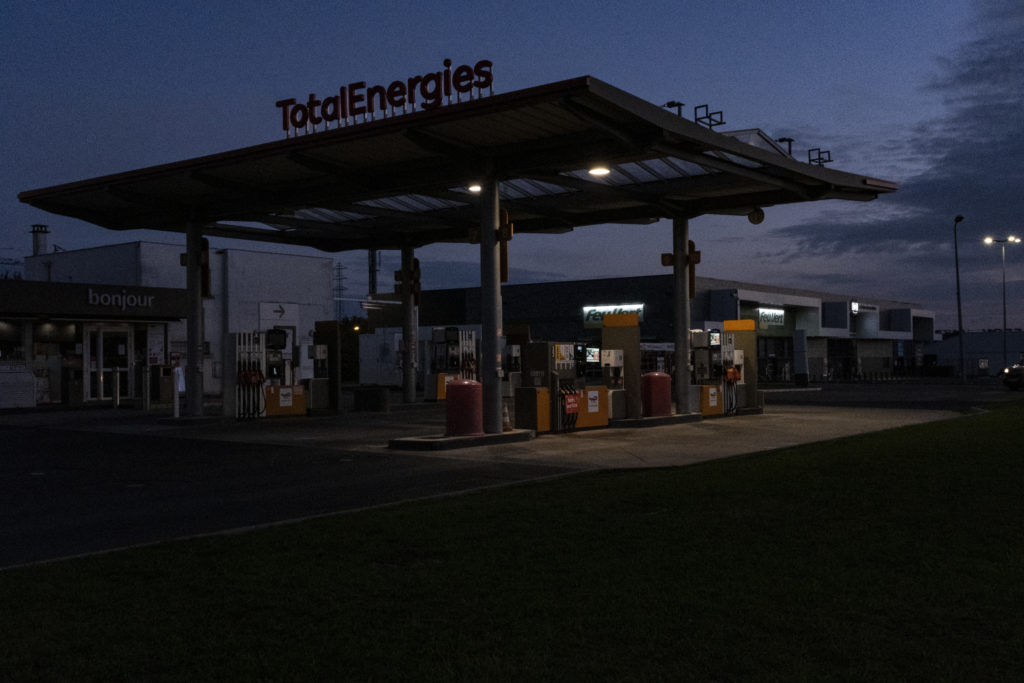
Macon Oct 2022
Oct 18 to Oct 25, 2022
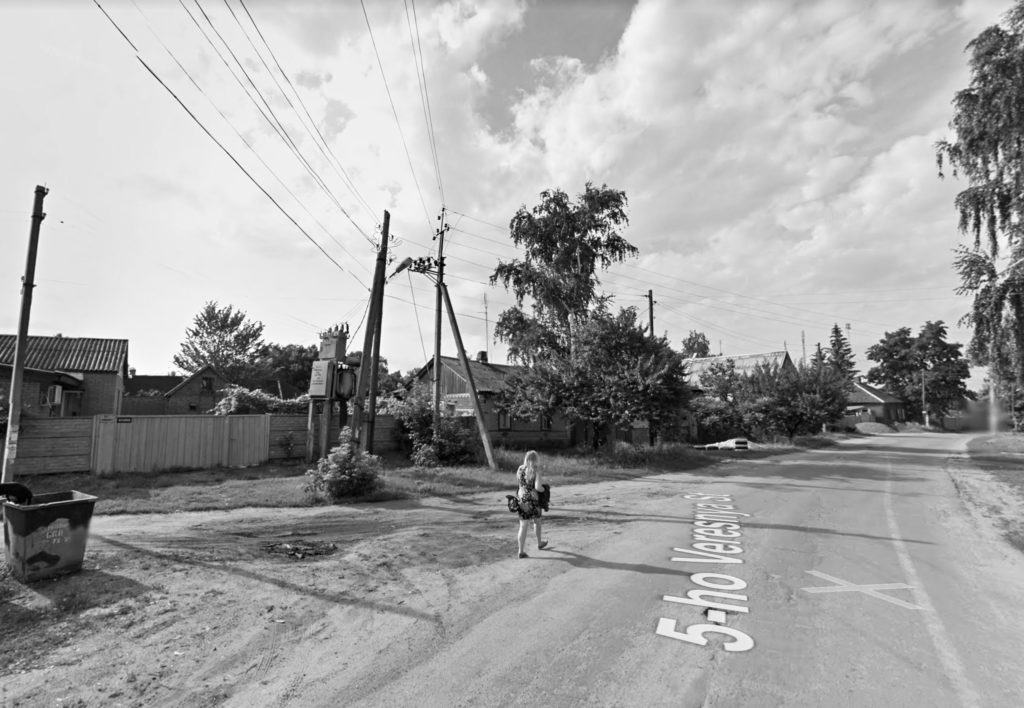
(Google Street View 2015) Oct 17. 2022
.
»Every day news from/about Ukraine. Still. Every day a new name of a village, town or city in Ukraine. Every day a screenshot-photo of a tree in that town. A tree to just hold in for a moment. A tree as a reminder. A tree as a witness. A tree as a metaphor for time.« Katja Stuke, Trees in Ukraine, since 24.2.2022
Sept 6 to Sept 13, 2022
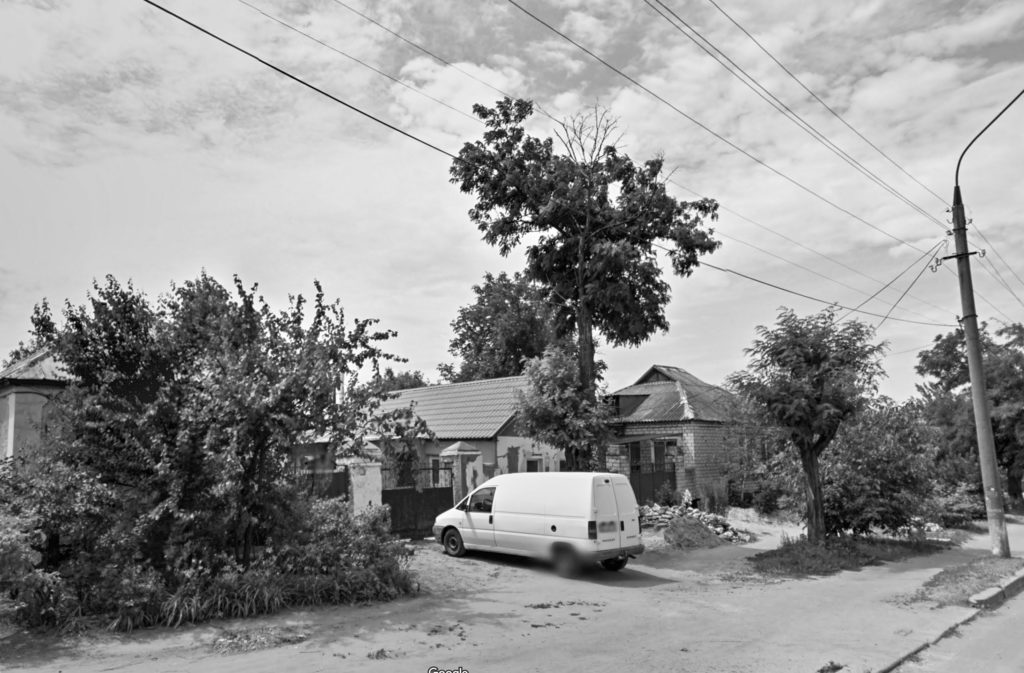
(Google Street View 2015) Aug 20. 2022
.
»Every day bad news from Ukraine. Still. Every day a new name of a village, town or city in Ukraine. Every day a screenshot-photo of a tree in that town. A tree to just hold in for a moment. A tree as a reminder. A tree as a metaphor for time. And a quote referring to that town.« Katja Stuke, Trees in Ukraine, since 24.2.2022
July 26 to Aug 2, 2022
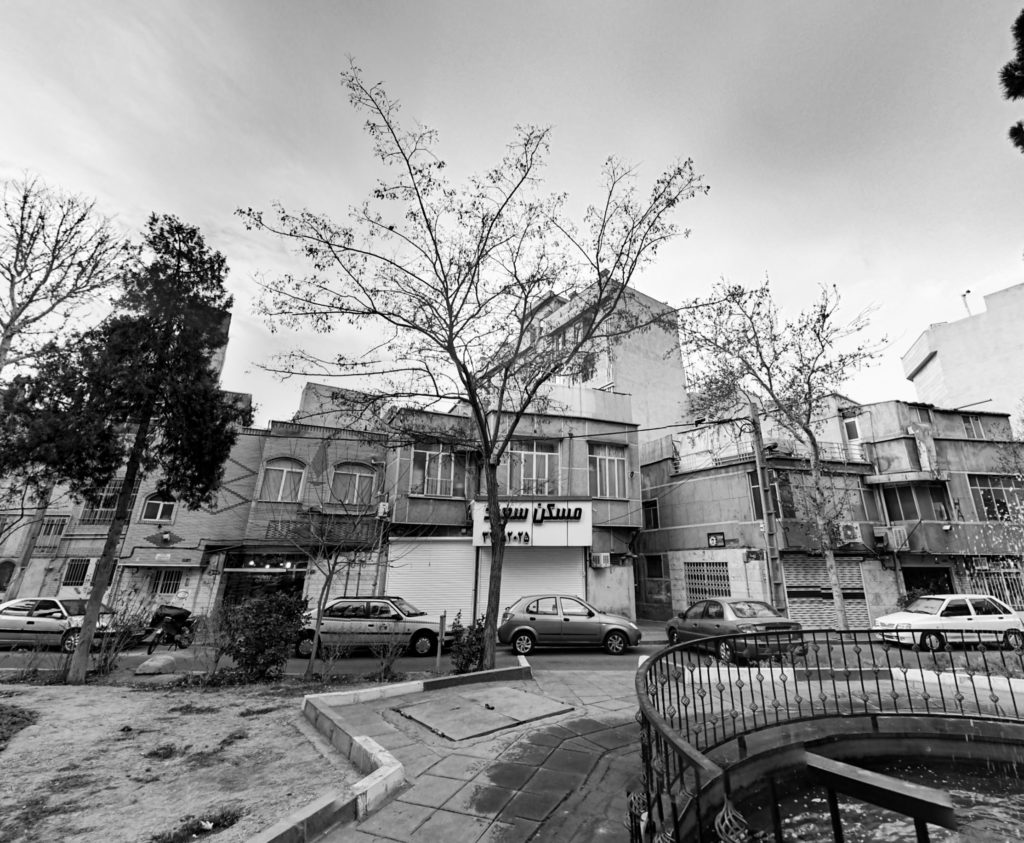
(Google Street View 2018) Jul 24., 2022
»Putin, in Tehran, gets strong support from Iran over Ukraine; Russian President Vladimir Putin met Iranian President Ebrahim Raisi, and Turkish President Recep Tayyip Erdogan Saadabad palace, in Tehran, Iran, Tuesday, July 19, 2022.» Washington Post
June 14 to June 21, 2022
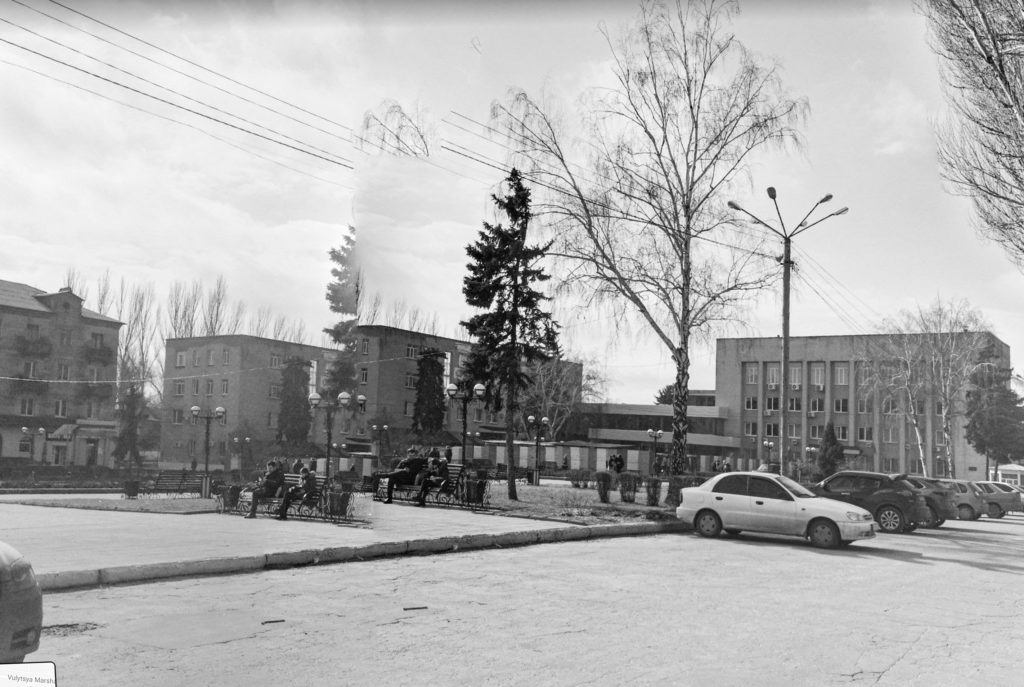
(Google Street View Feb 2022) Jun 7, 2022
June 7 to June 14, 2022
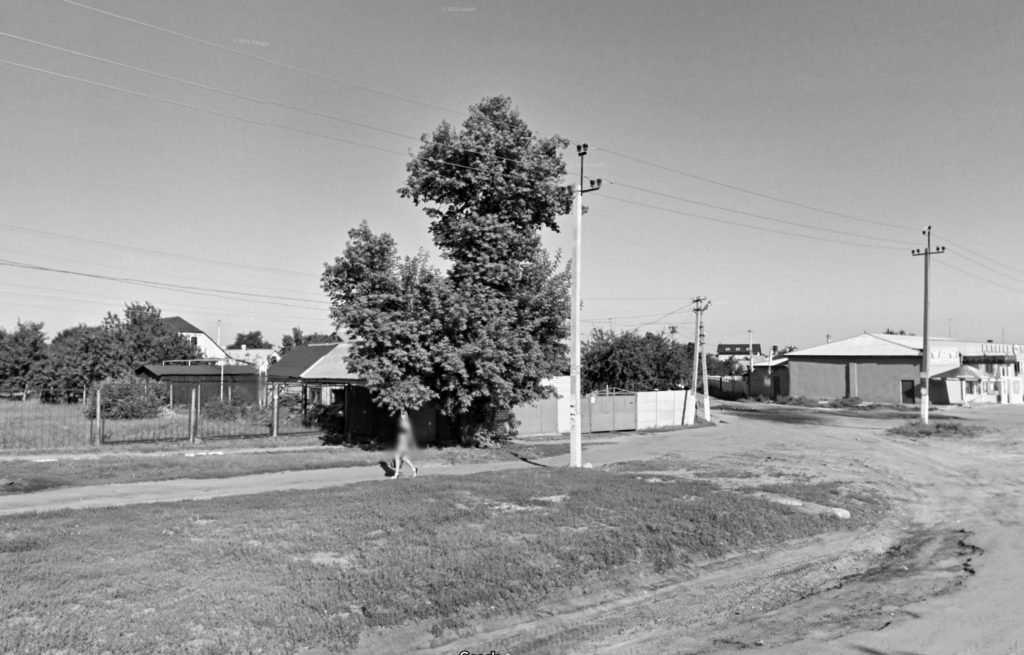
(Google Street View 2015) Jun 6, 2022
May 24 to May 31, 2022
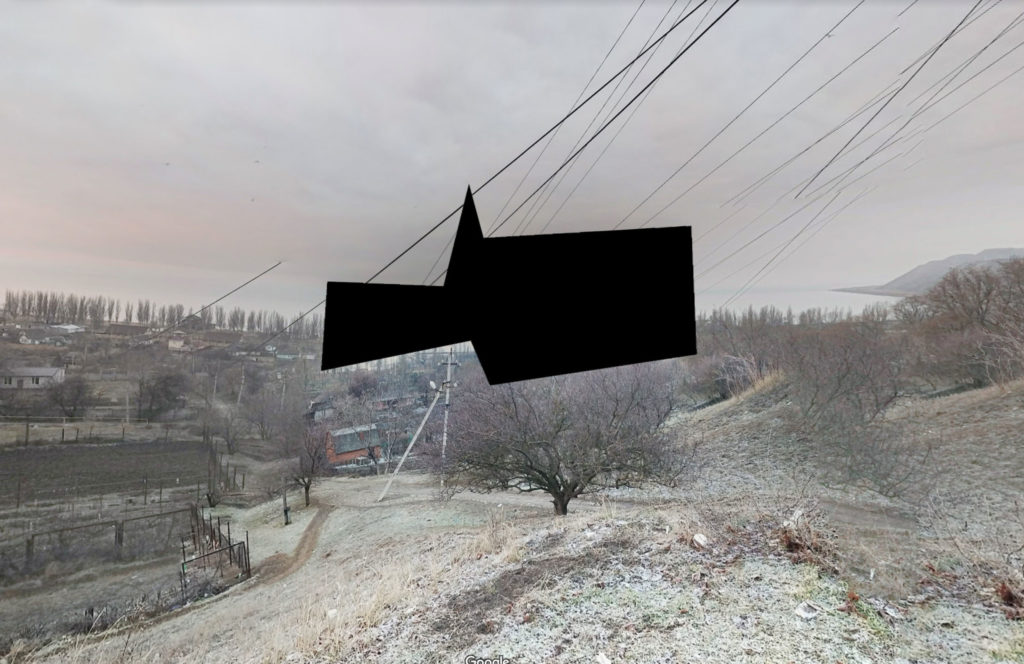
»Trees in Ukraine« inspired Jerry Gordon, musician in Osaka: Listen to his tracks »»
May 17 to May 24, 2022

(Google Street View 2012) May 16, 2022.
»The number of people entering Ukraine from neighboring Poland has exceeded the number of people crossing the border in the other direction, as the changing war situation prompts more people who evacuated to return.. […] People returning to Ukraine lined up at a customs checkpoint in Poland’s southeastern border city of Medyka on Saturday.« NHK May 15, 2022
May 10 to May 17, 2022

(Google Street View 2017) May 8, 2022
»Polish city remains a major hub for Ukrainians fleeing war (and going home)« thejournal.ie
May 3 to May 10, 2022
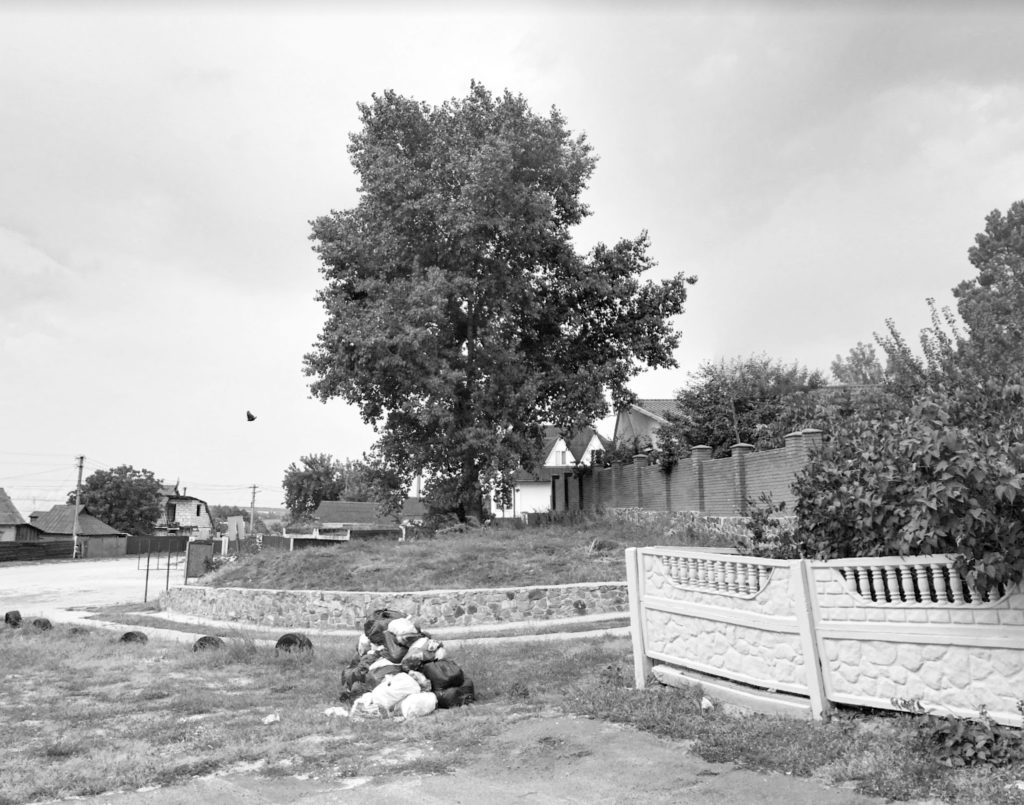
(Google street view 2018) Apr 21 2022.
»Missing Ukrainian photographer and documentary filmmaker Maks Levin was found dead in the village of Guta Mezhyhirska north of Kiev on Friday.« (DER SPIEGEL Apr 2, 2022)
April 26 to May 3, 2022
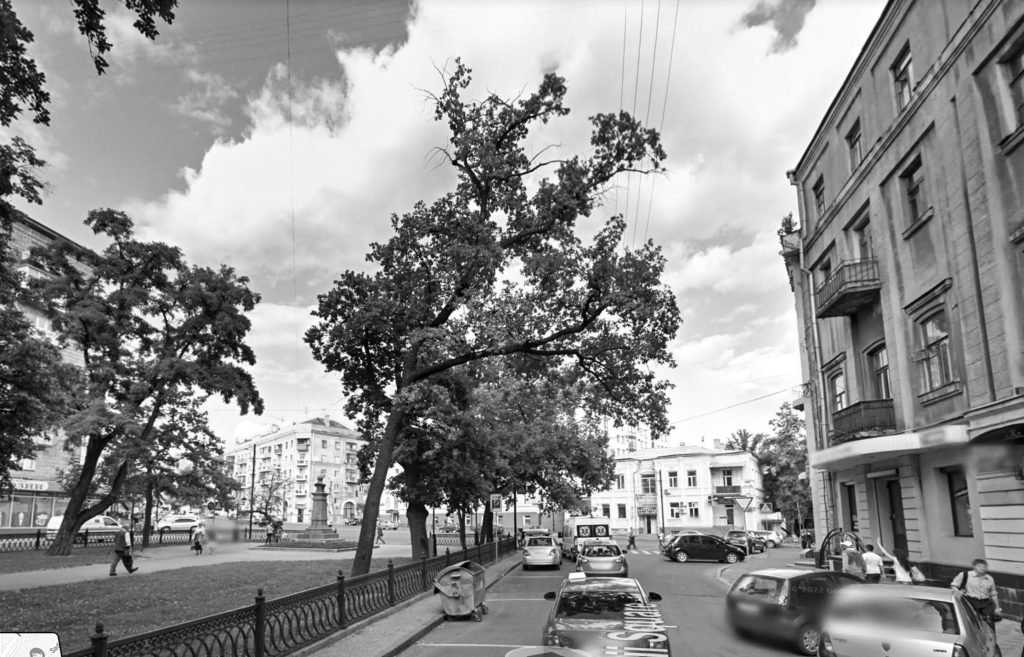
(Google street view 2015) Apr 20. 2022.
April 19 to April 26, 2022
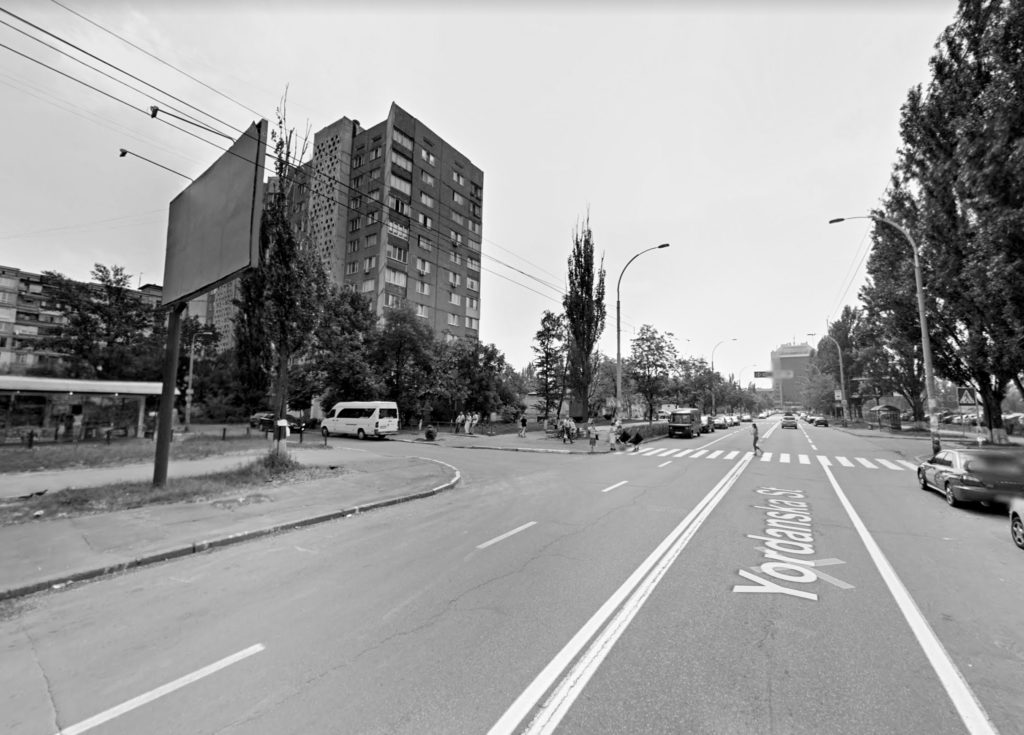
(Google street view 2015) Mar 14 2022.
April 12 to April 19, 2022
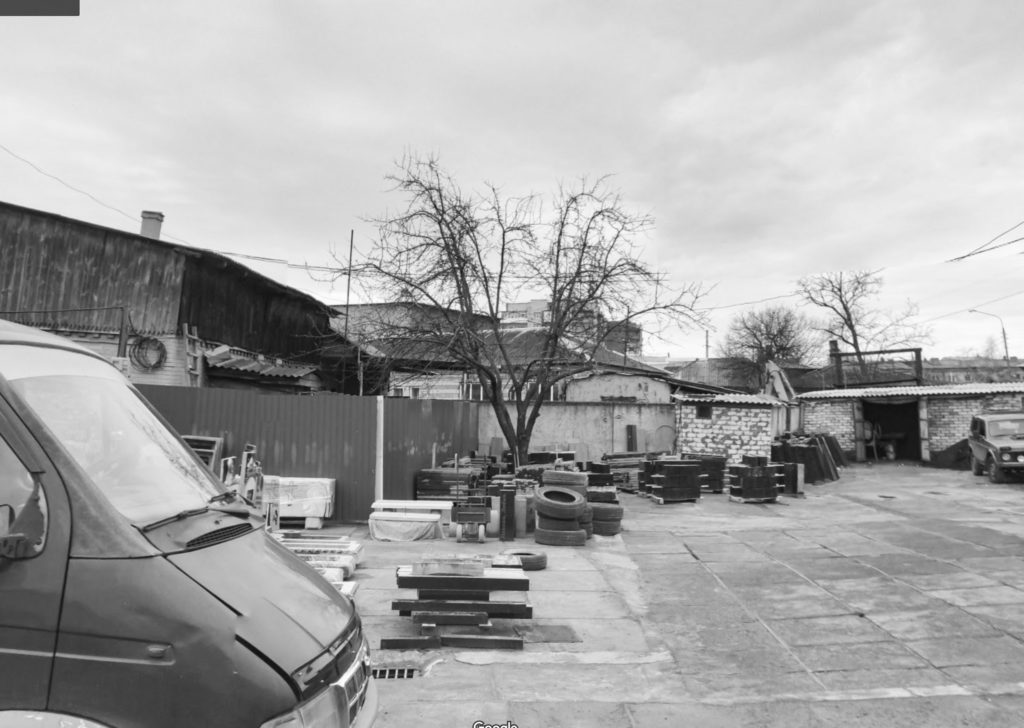
(Google Street View 2019) Apr 11, 2022
April 5 to April 12, 2022
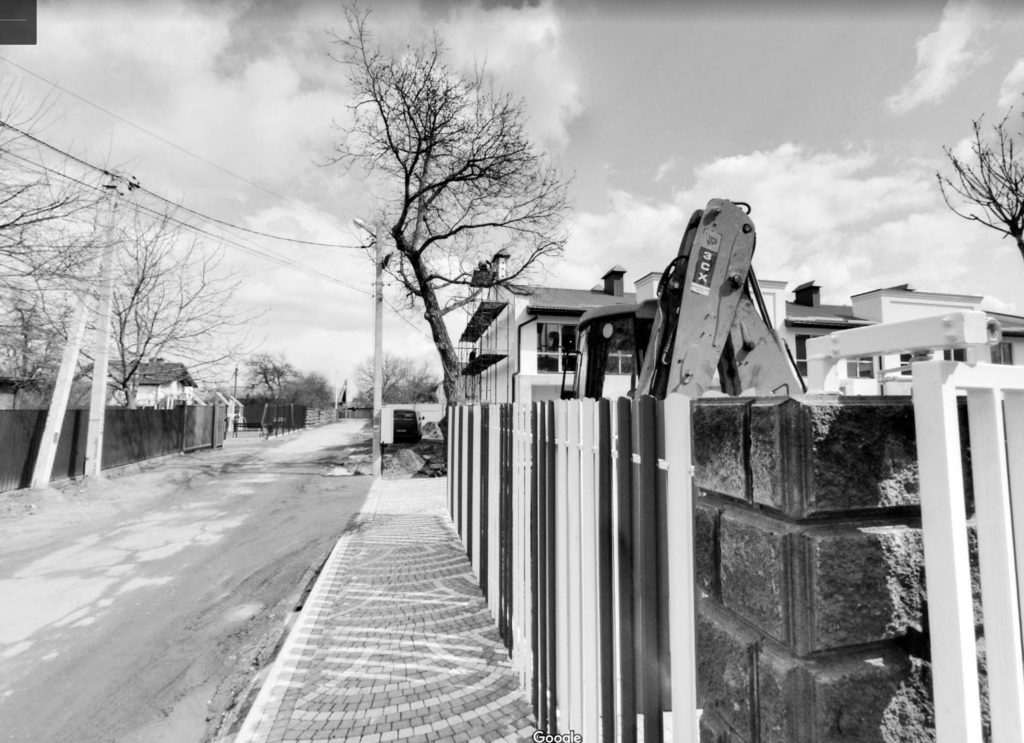
(Google Street View Apr 2021) Apr 3, 2022
March 29 to April 5, 2022
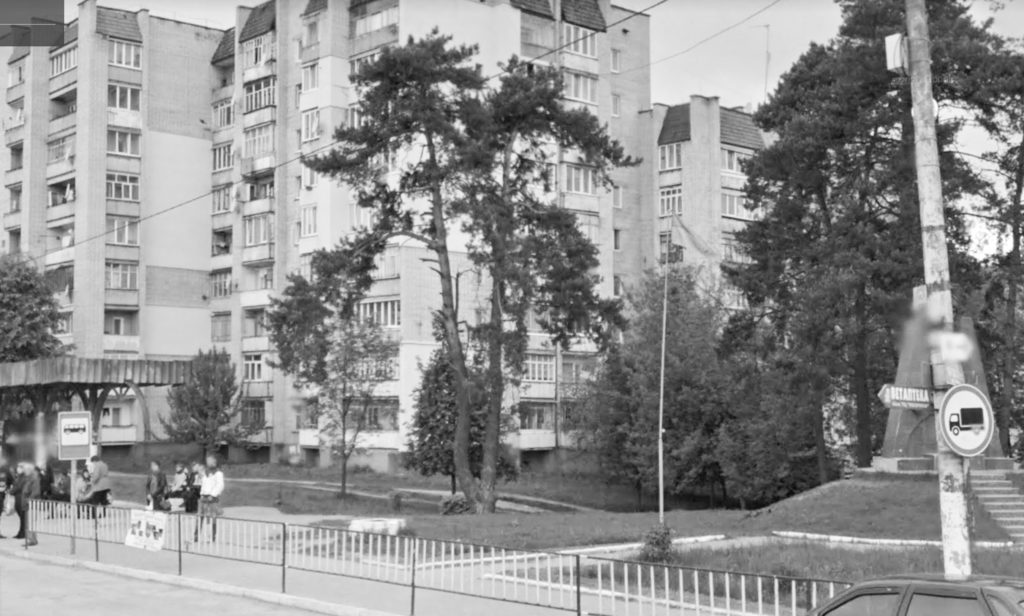
(Google Street View 2015) Mar 21, 2022
March 22 to March 29, 2022
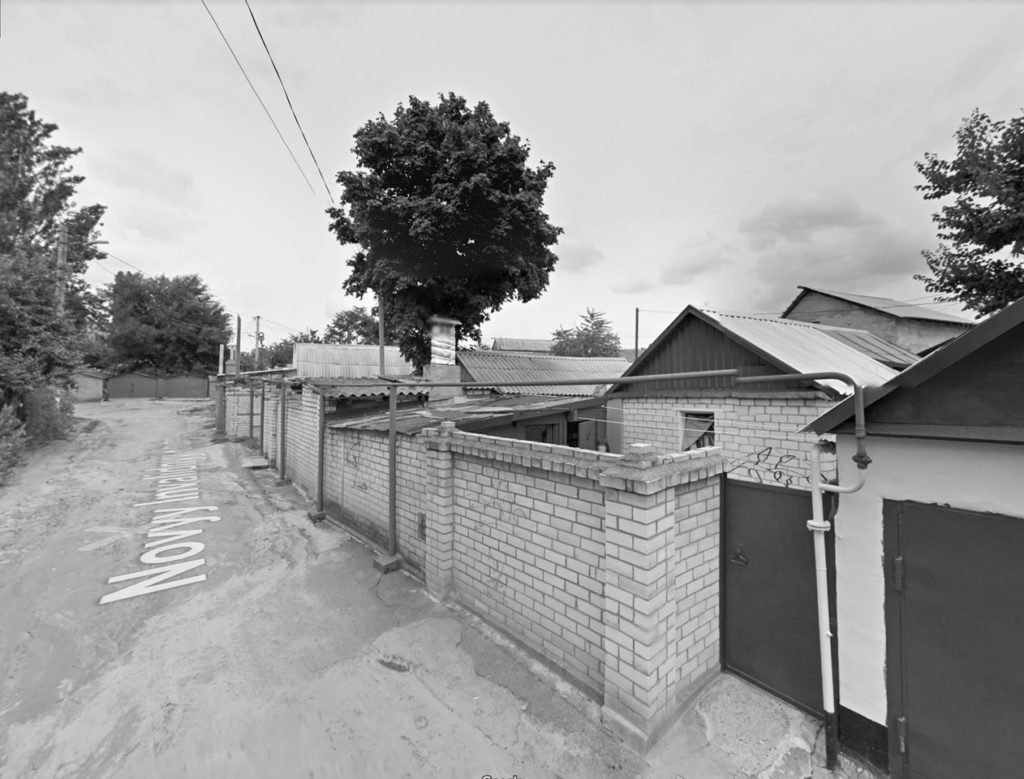
(Google Street View 2015) Mar 9, 2022
March 16 to March 22, 2022
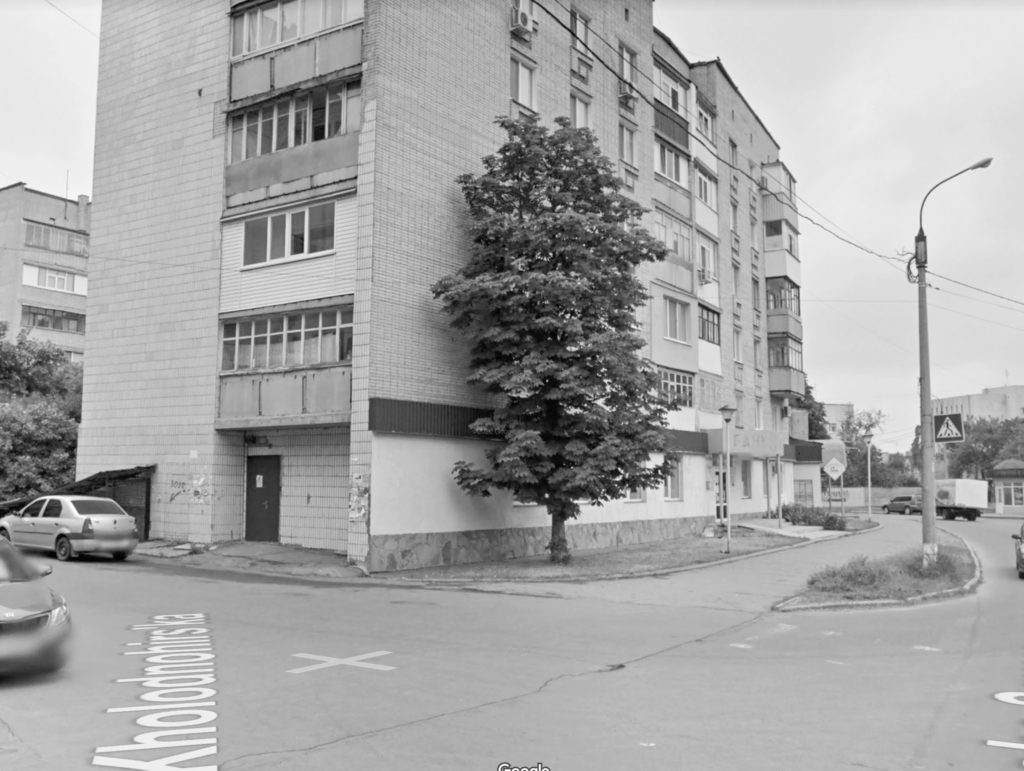
(Google Street View 2015) March. 13, 2022
March 9 to March 16, 2022
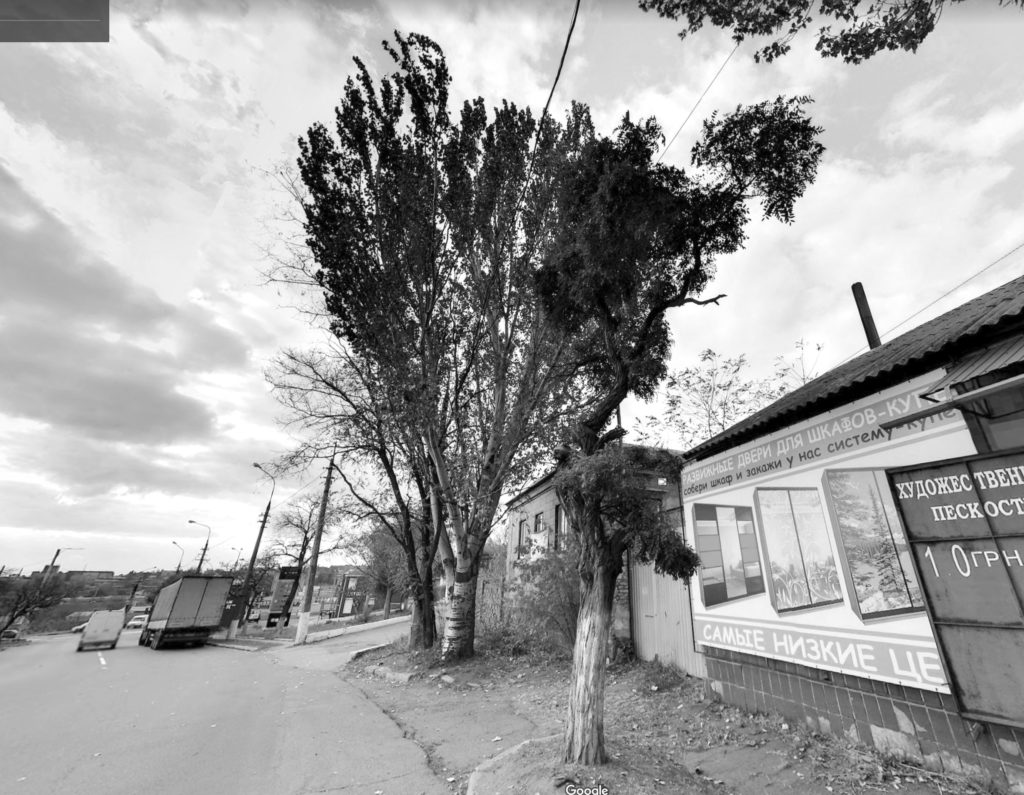
(Google Street View 2022) March. 5, 2022
March 1 to March 8, 2022
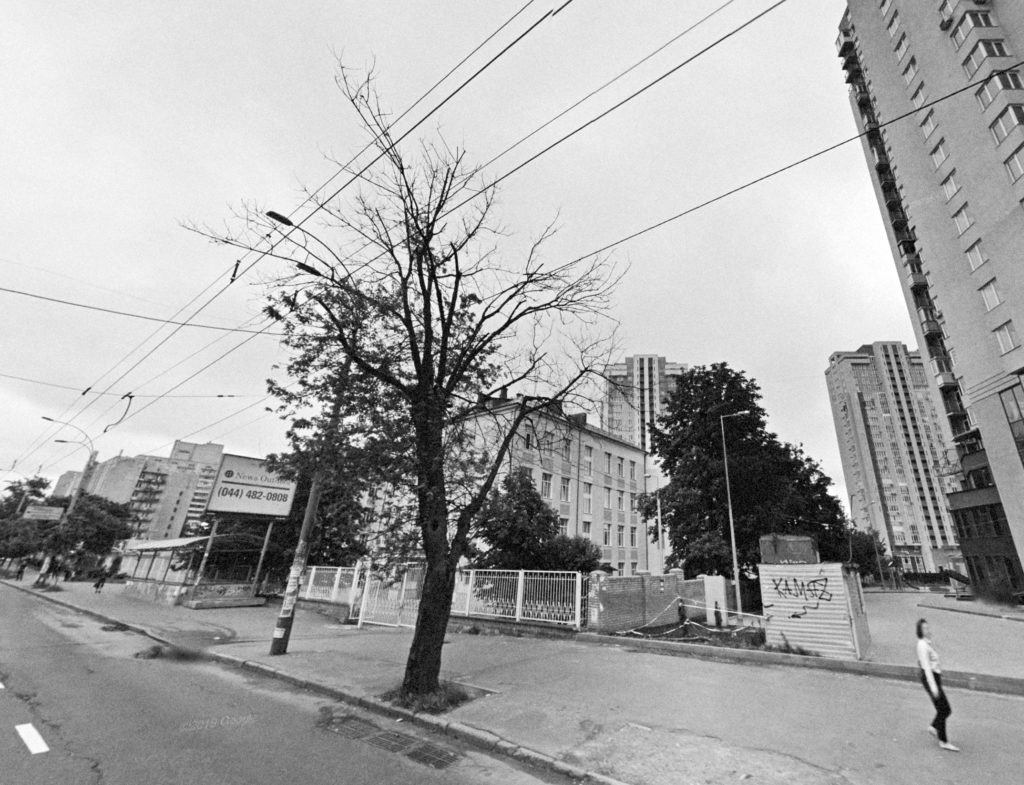
(Google Street View 2015) Feb. 26, 2022
February 22 to March 1, 2022

Katja Stuke, no title (Le Village des athlètes) Paris 2022
from a collaborative project with Oliver Sieber
February 15 to February 22
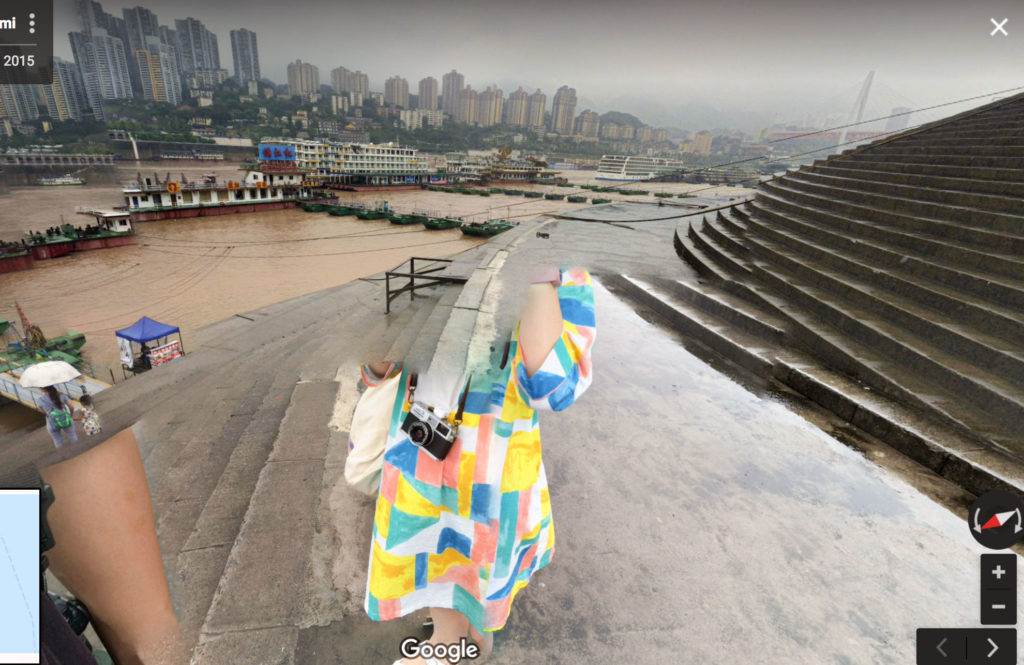
Dusseldorf/Chongquin 2018
February 8 to February 15
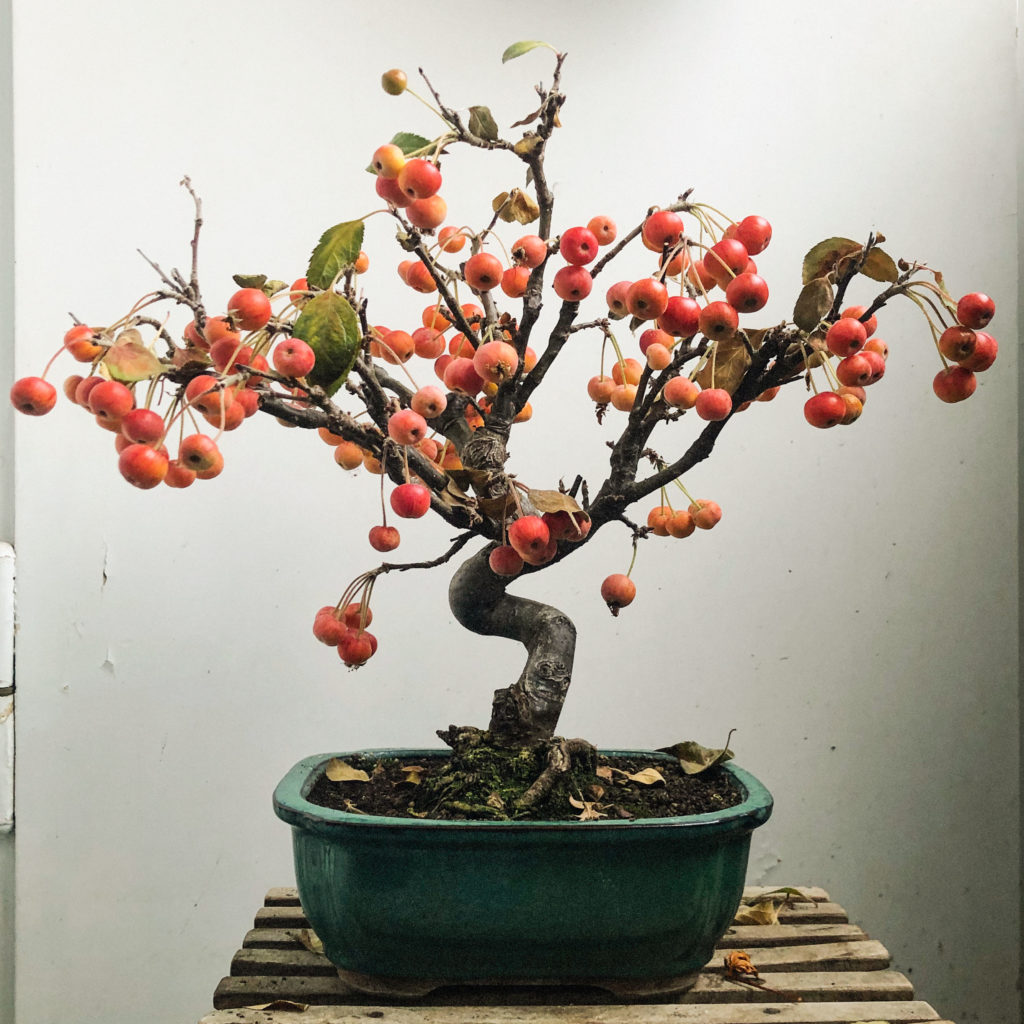
February 1 to February 8
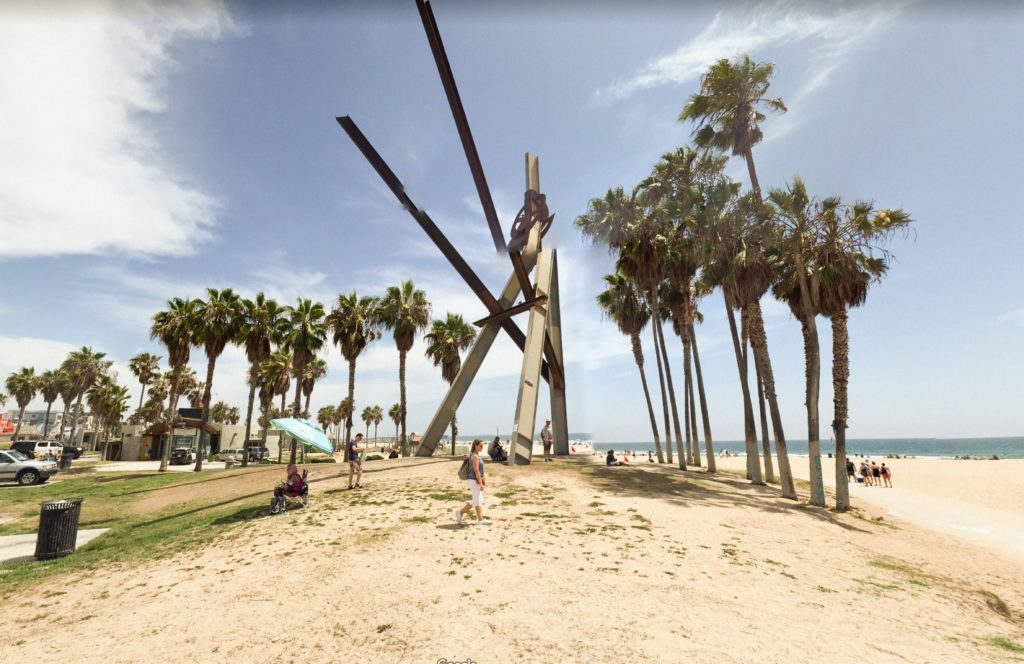
Katja Stuke, Help Island 2022
from the series »Lonely Planet«
January 25 to February 1
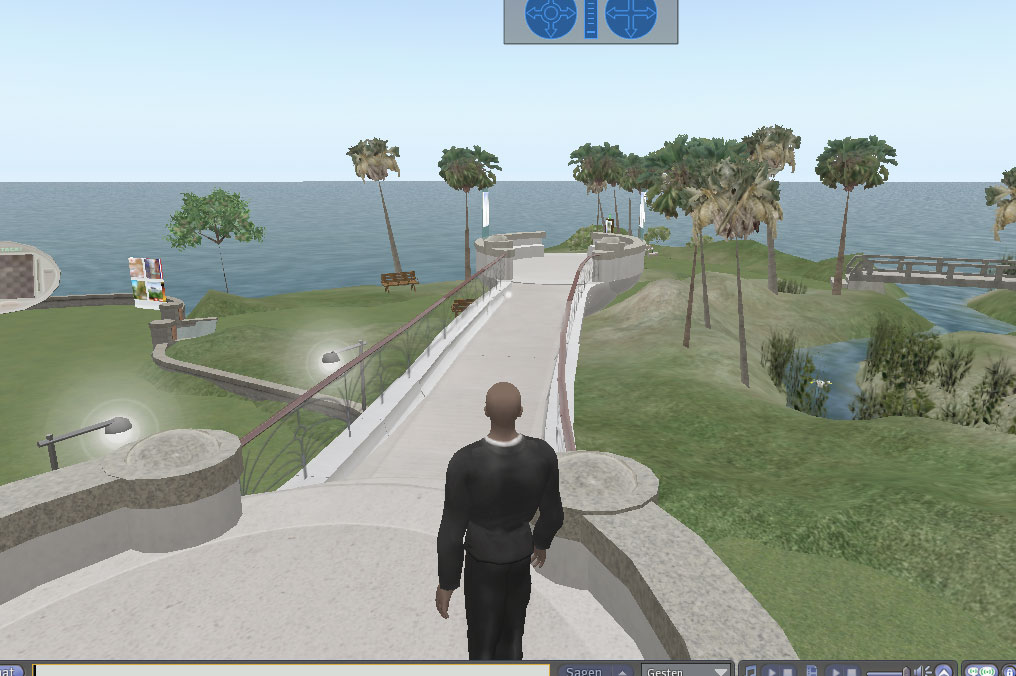
Katja Stuke, Help Island 2009/2022
from the series »Lonely Planet«
January 18 to January 25
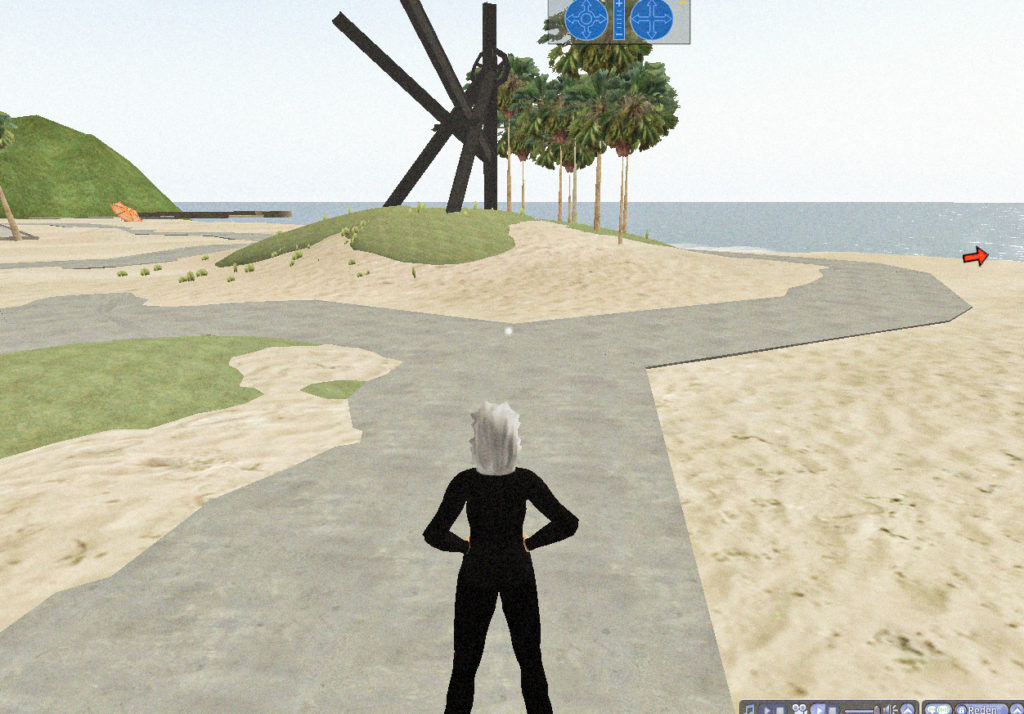
Katja Stuke, Help Island 2009/2022
from the series »Lonely Planet«
January 11 to January 18
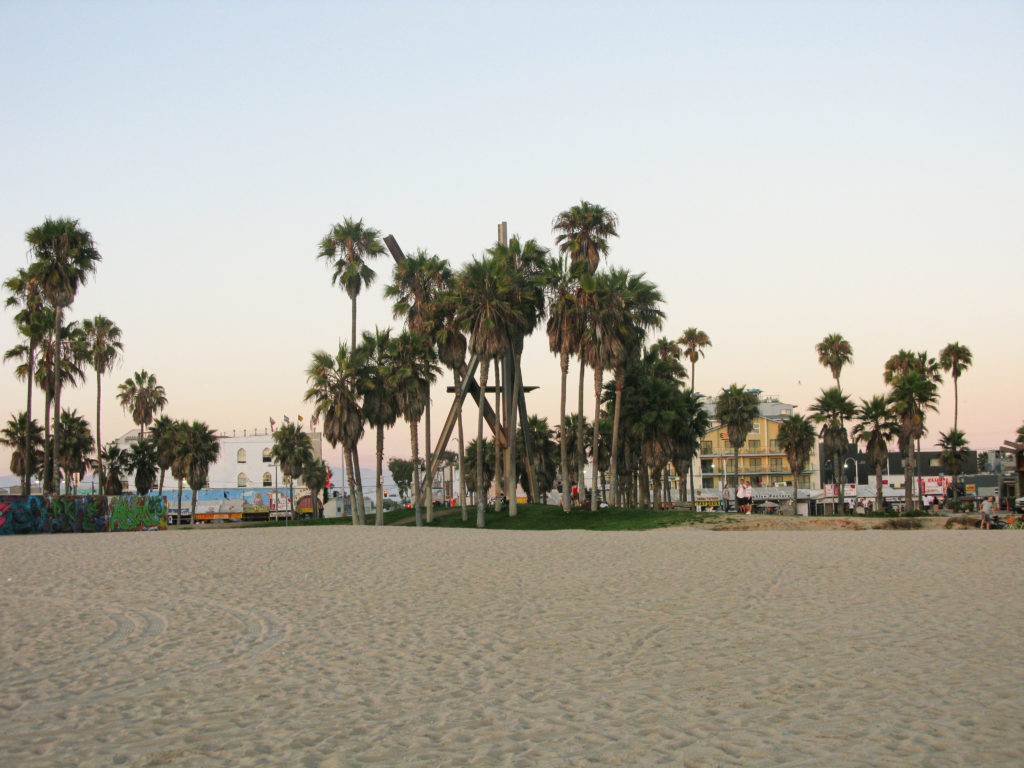
Katja Stuke, Help Island 2009/2022
from the series »Lonely Planet«
December 14 to January 4
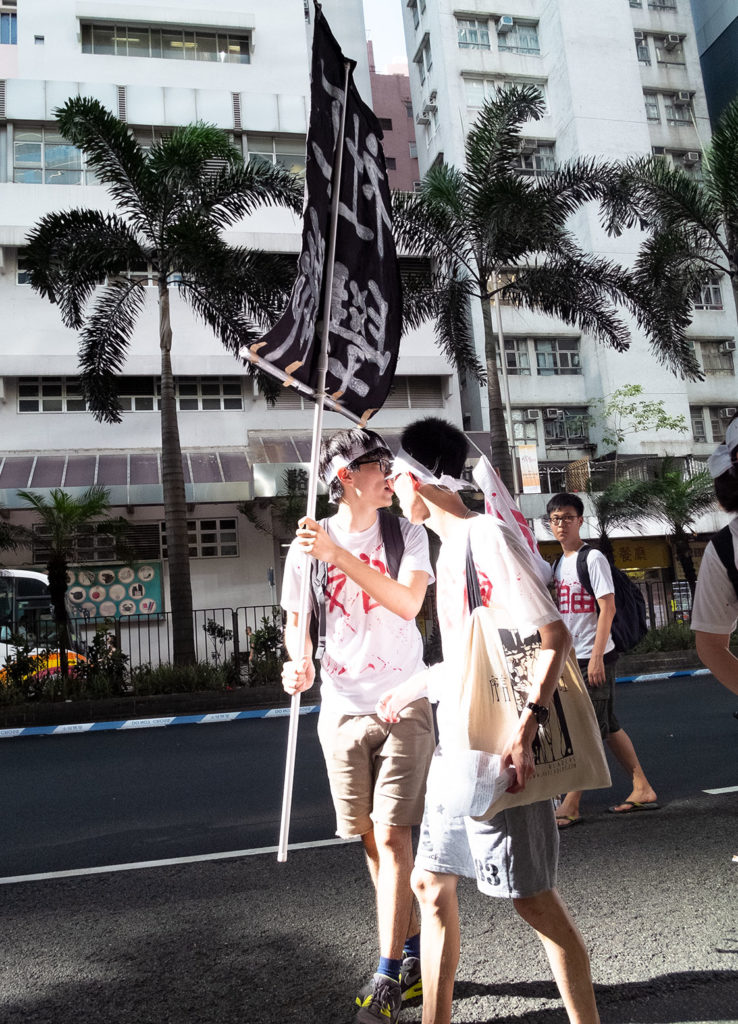
Katja Stuke, Hongkong June 4, 2014
WAVES OF CARE, a collective artwork for TRIGGER
December 7 to December 14
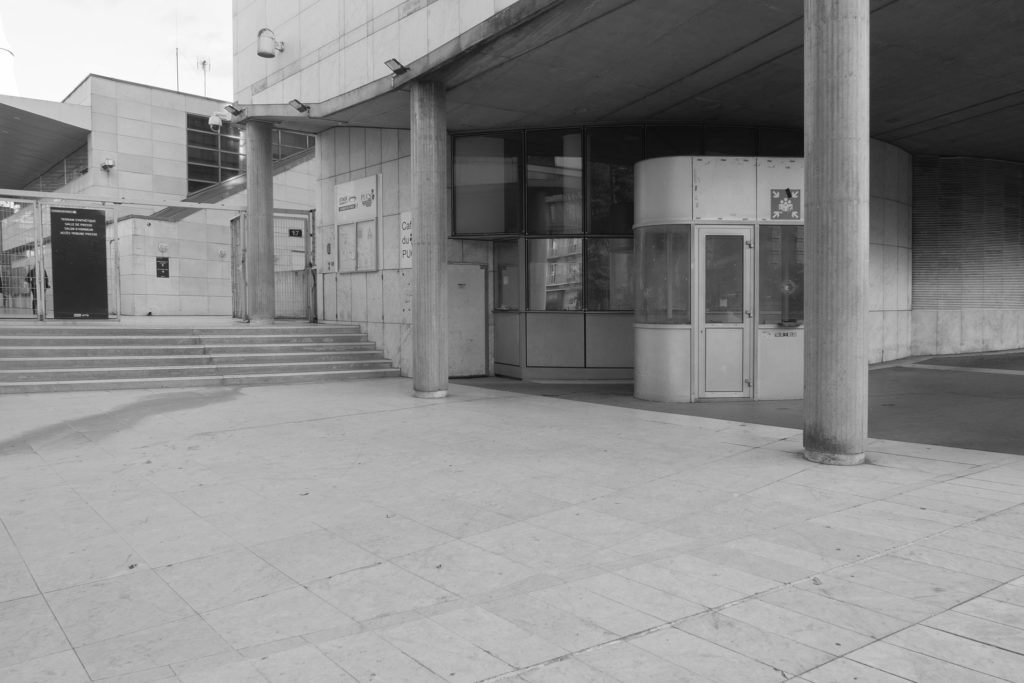
Katja Stuke, Paris 2021
from an upcoming series »Paris 2024«
October 19 to October 26
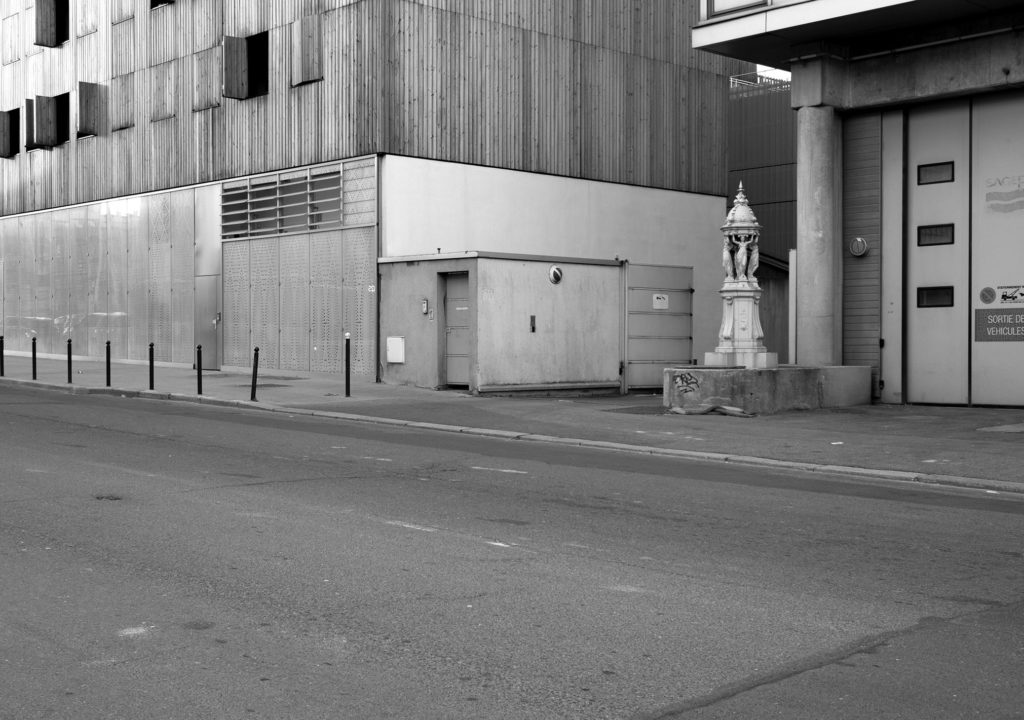
Katja Stuke Walking along the Périphérique towards Malakoff, Paris 2021
October 12 to October 19
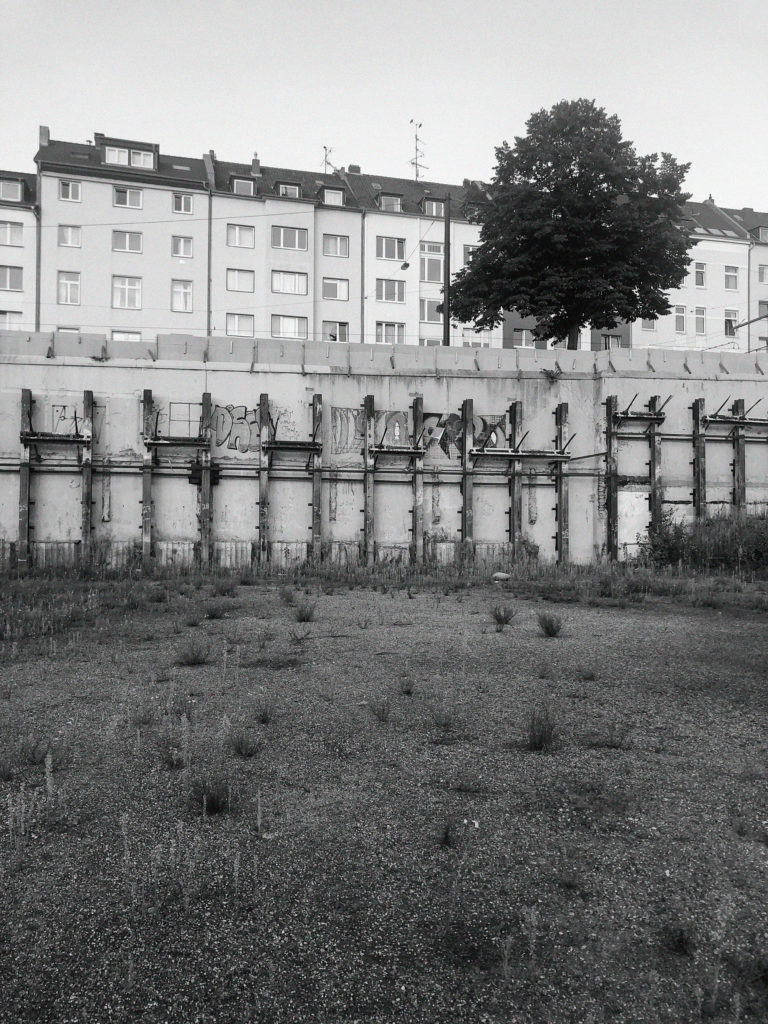
Katja Stuke o.T. (the future shines bright…), Düsseldorf 2021
October 5 to October 12
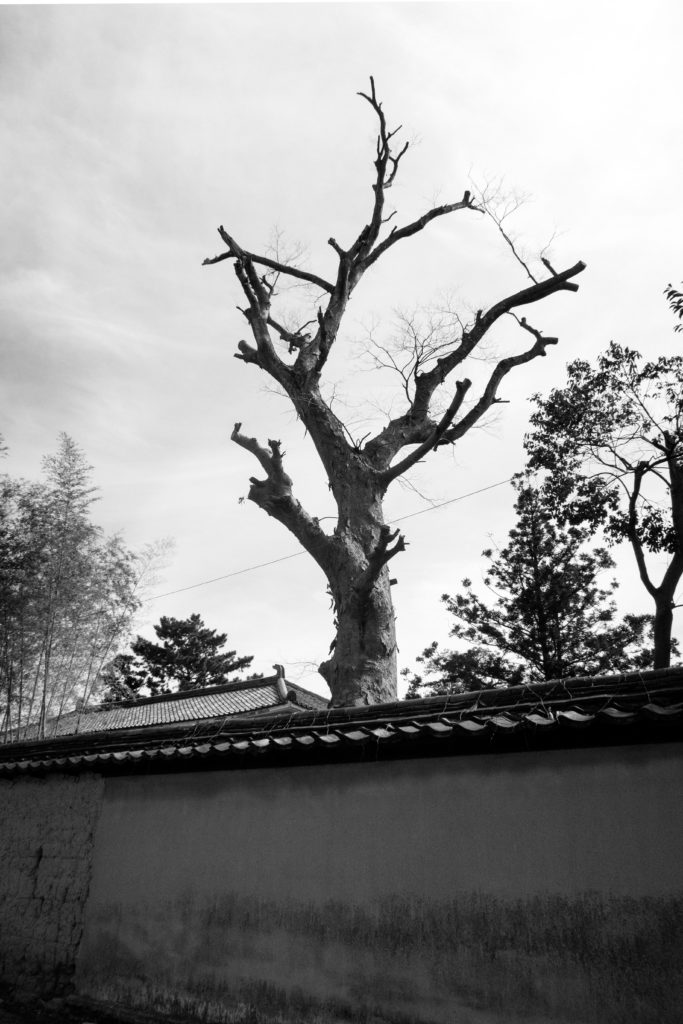
Katja Stuke, o.T., Nara 2019, from the serie »Cities change the Songs of Birds«
September 28 to October 5
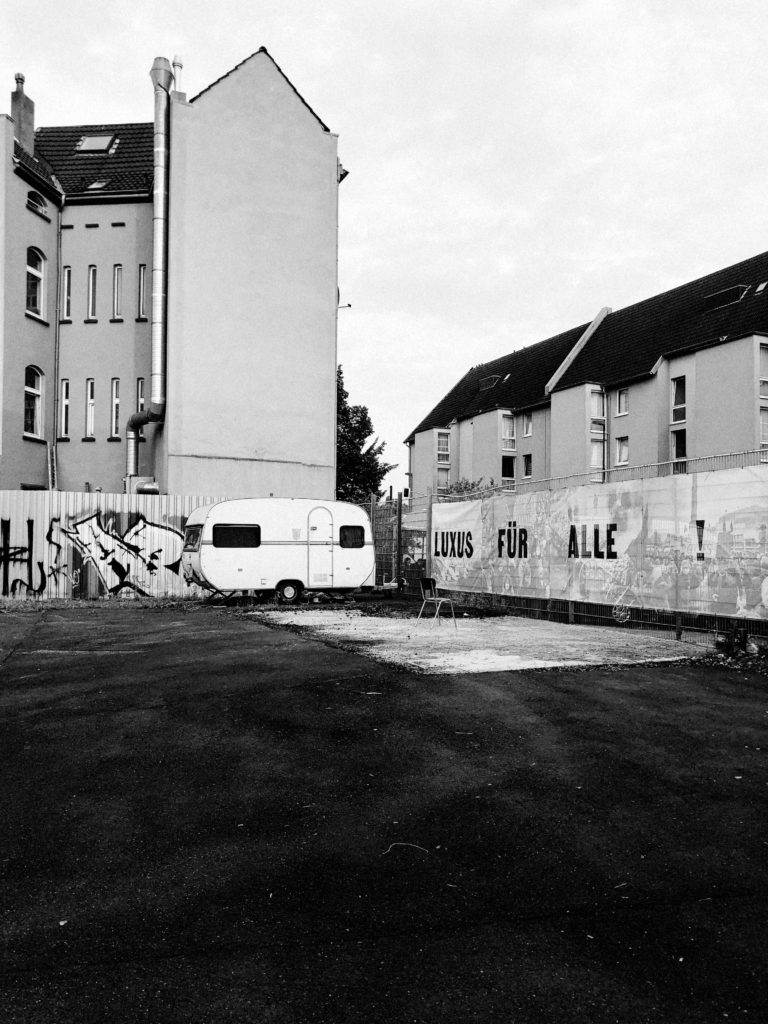
Katja Stuke Luxus für alle (Luxury for everybody) Düsseldorf 2021
September 21 to September 28
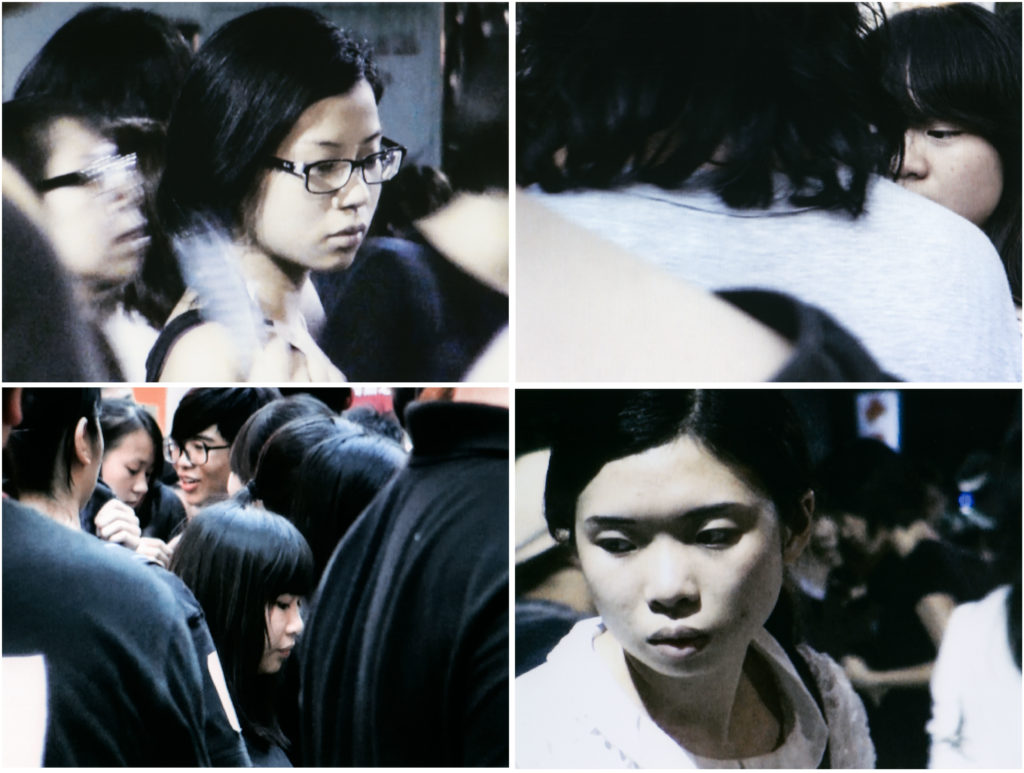
Katja Stuke, June 4 2014, Hong Kong
September 7 to September 14
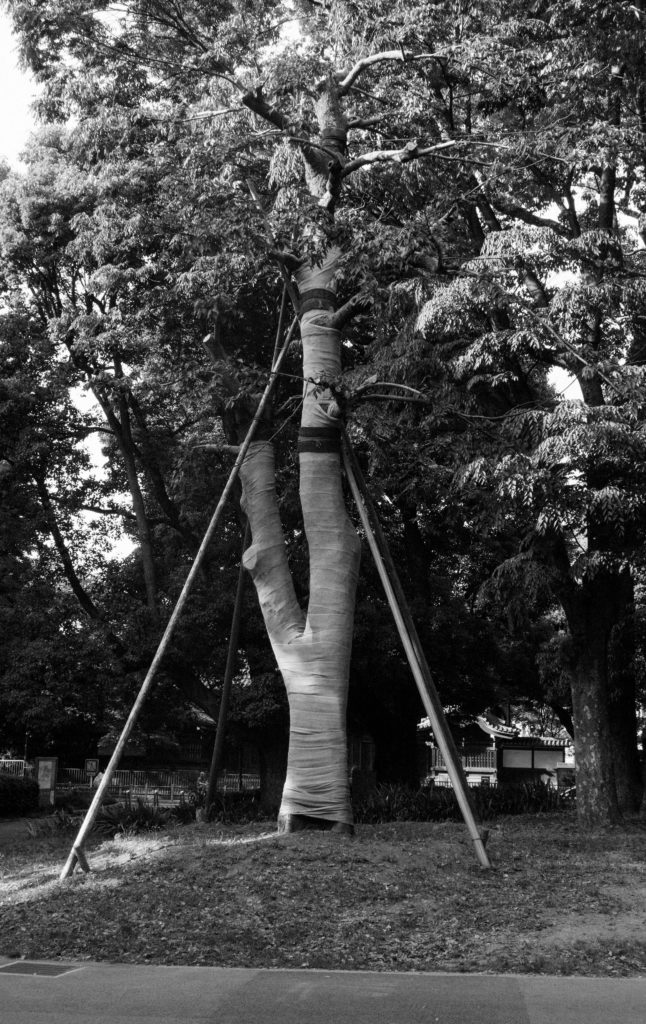
August 24 to August 31
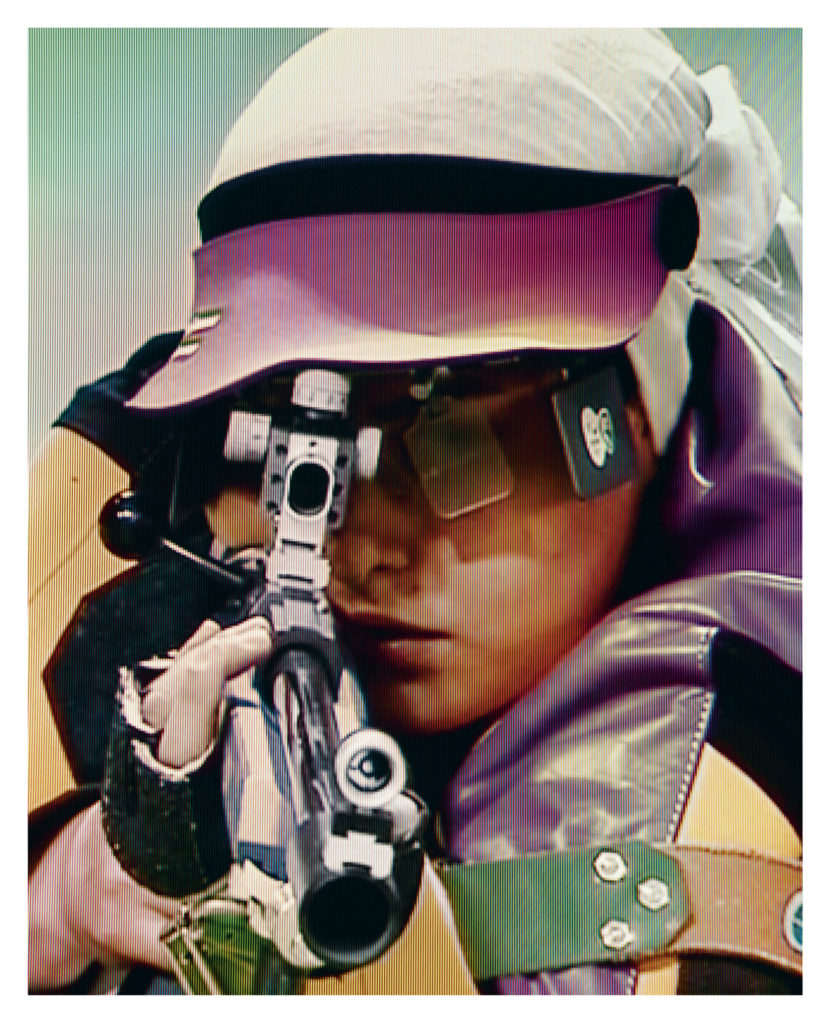
July 28 to August 4
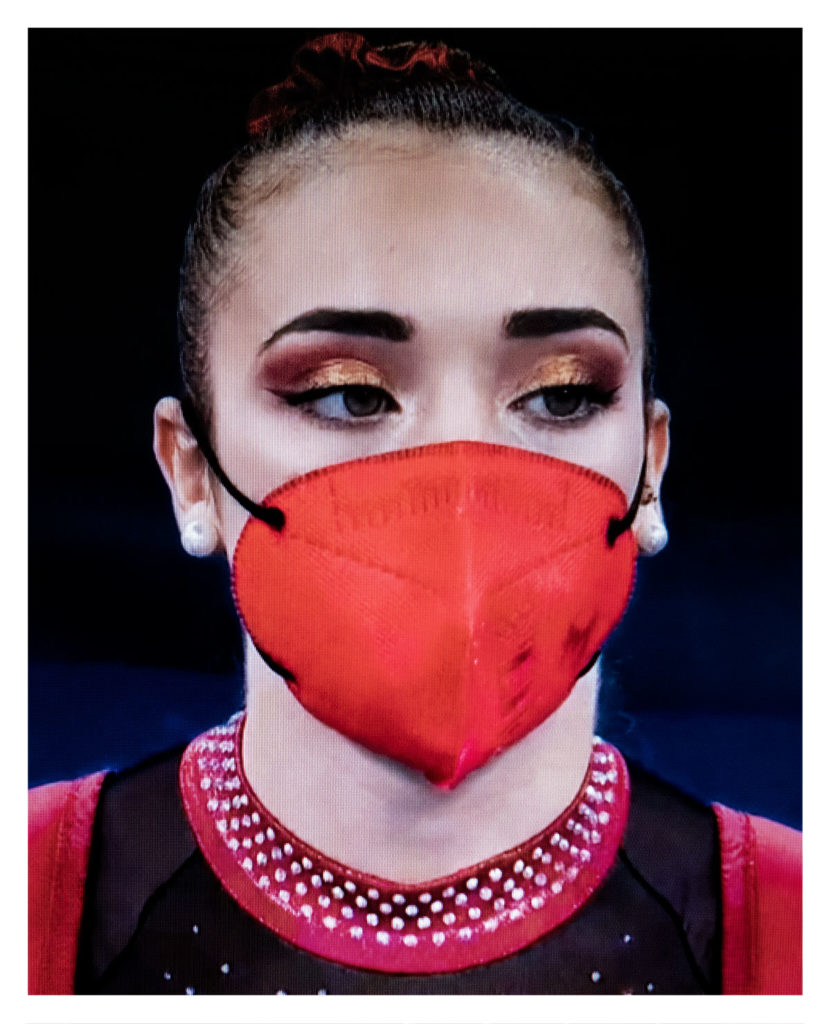
July 20 to July 27
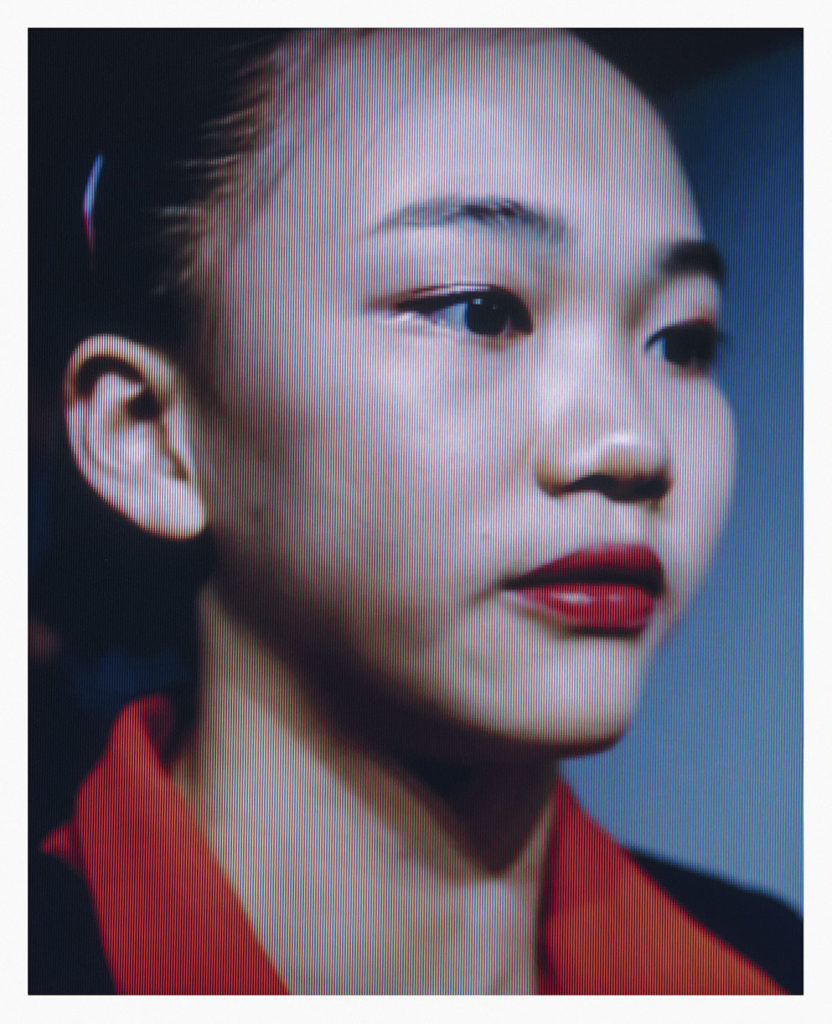
from the series: Supernatural
May 1 to May 18
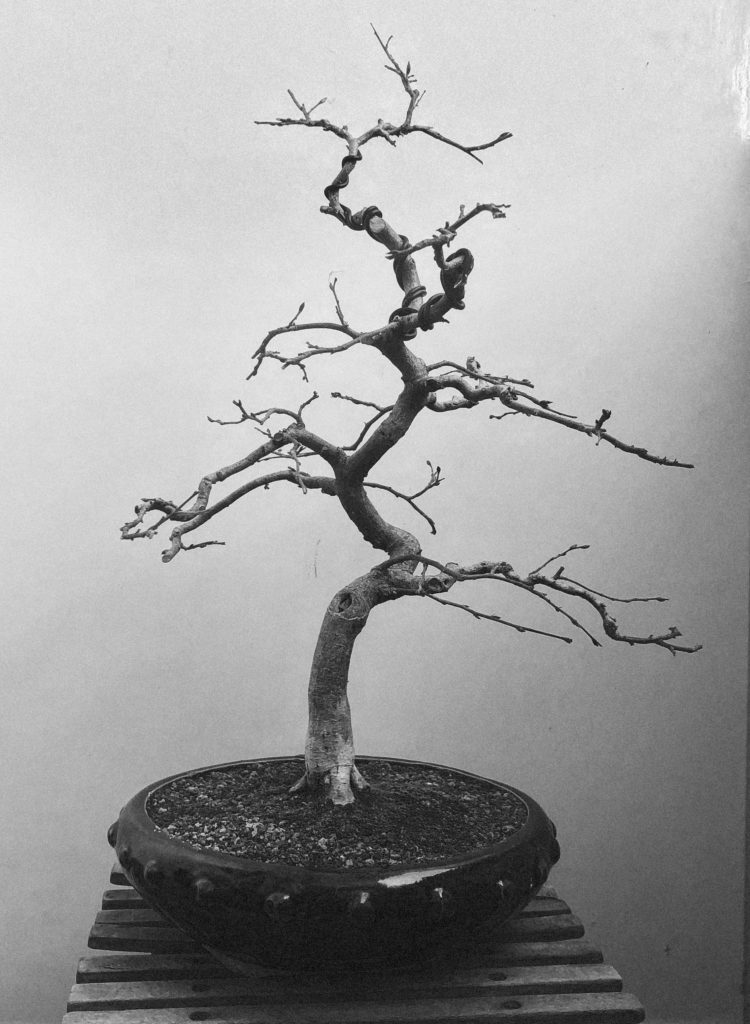
April 6 to April 13
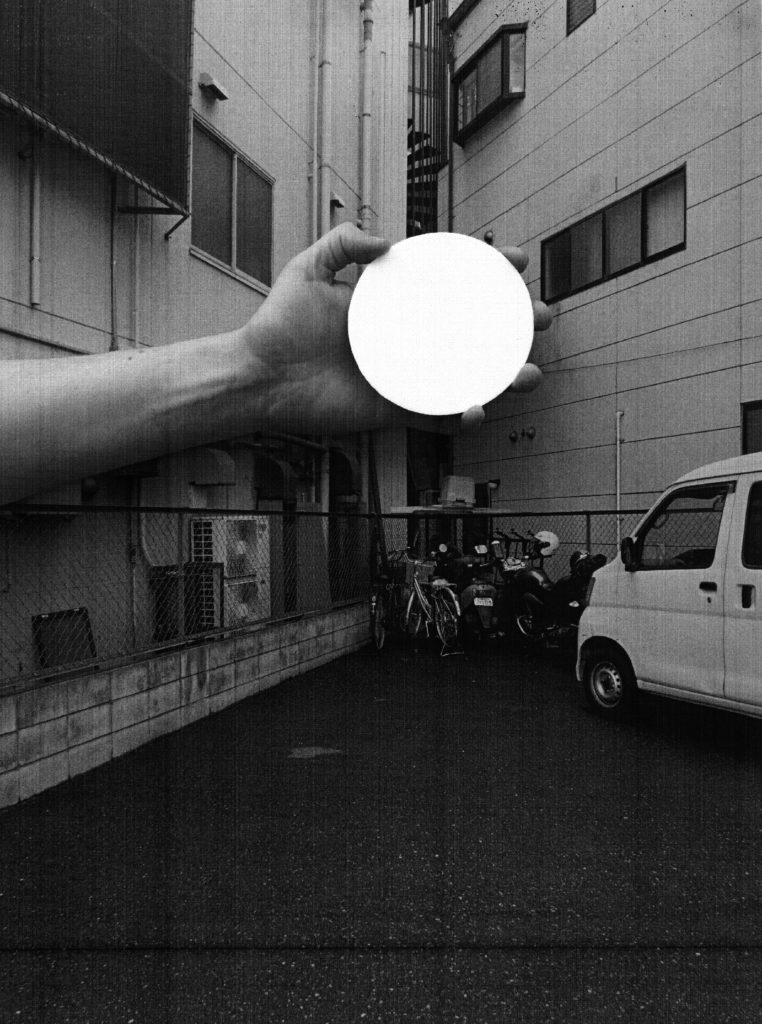
March 23 to March 30
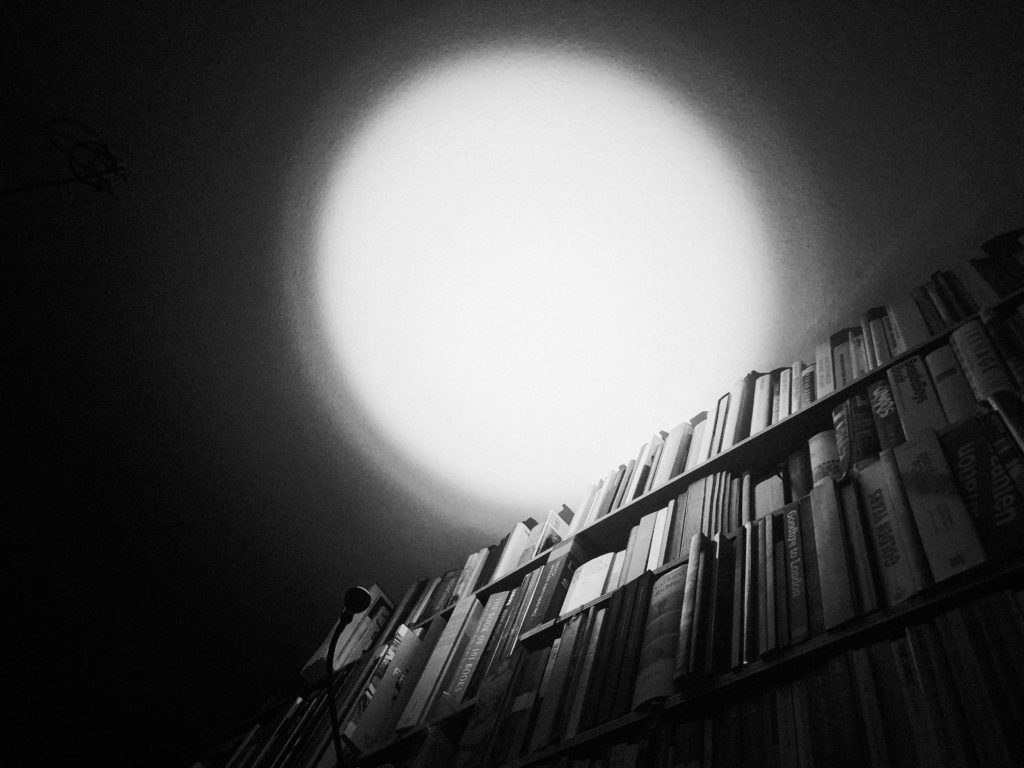
March 8 to March 16
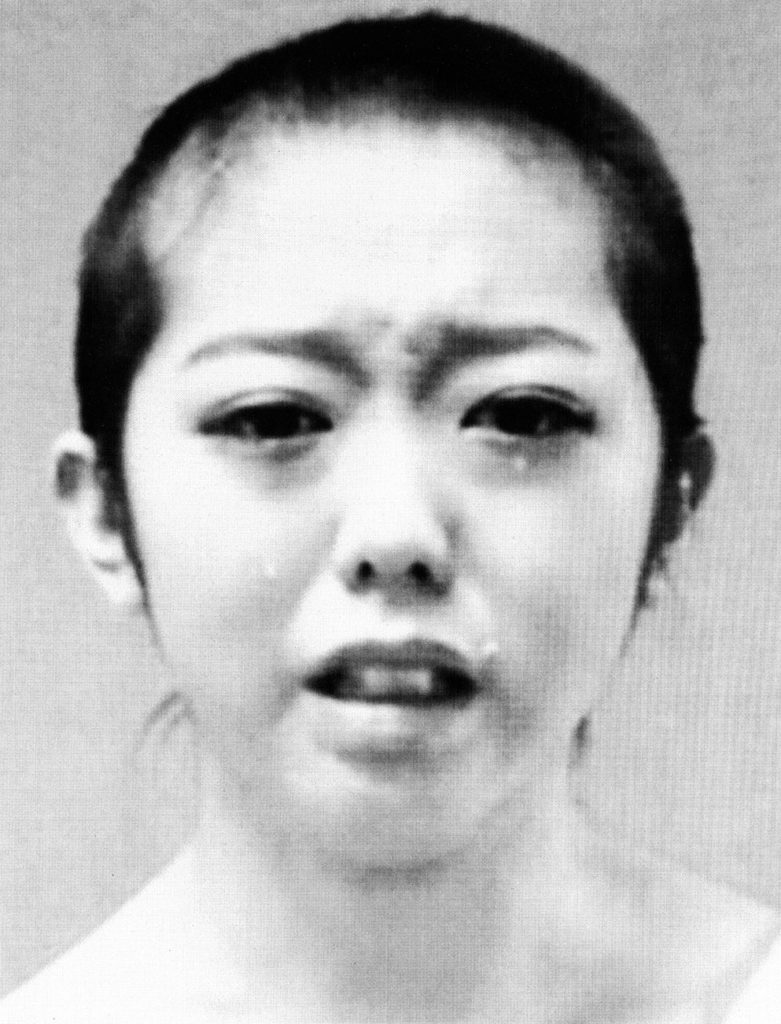
Some years ago Minami Minegishi, a singer of Japanese Idol-Band AKB48 got a some international media attention: she appeared on Japanese TV, crying with shaved hair—apologizing that she had a sexual affair with a young man. That seems to be agains her contract with the management of the group.
The first image that came up in my mind was the image of shaved women in Europe after the second world war: women who had an
affair with Geman soldiers where publicly punished this way. So even today shaving women’s hair seems to be an symbol of humiliation and power — and is used like this all over the world.
Another question that came up: was this her own idea or was ist just another marketing strategy? These questions let me use Minami‘s image as part of »Mechanical Brides«, a series I started in 2011 dealing with the image of women in media an advertising.
I also produced various stickers I pasted on the streets: on traffic lights or electrical boxes, post boxes, trash cans or power poles wherever we travelled: in Japan, all over Europe, the USA, in Hongkong, Korea or China. Preferably in commercial areas of big cities close to advertising images or advertising screens. But it could also be at the southernmost place in Africa or an abandoned alley in Sarajevo.
In 2015 during a residency at the Cité International des Beaux Arts in Paris I left some stickers in Marais next to fancy fashion stores, around Opéra near some of the Japanese shops in that area or other touristic parts of the city.
On Oct. 6th I got a message from a Japanese friend who told me that this was discussed on Twitter and several Japanese websites. A young woman had photographed one of the portrait-stickers (something I do myself for the project- blog.*
Some of her followers had commented on this, retweeted it. A well known music-publisher also retweeted it and all of a sudden more than 20.000 people shared it and almost 17.000 people liked it.
There where immediately some hateful comments (»this is agains Japan« or accusing and insulting Koreans) but other people asked the same questions like myself, some laughed about it, liked it a lot and some had unexpected ideas, connections and associations — and also some confusions with other Asian women.
I used these (badly translated by Google Translate) comments, ideas, associations, mistakes as a method to search for images which are published in this zine (below). The allegedly random selection of images is connected through the image of a Japanese Idol.
March 2 to March 9
February 23 to March 2
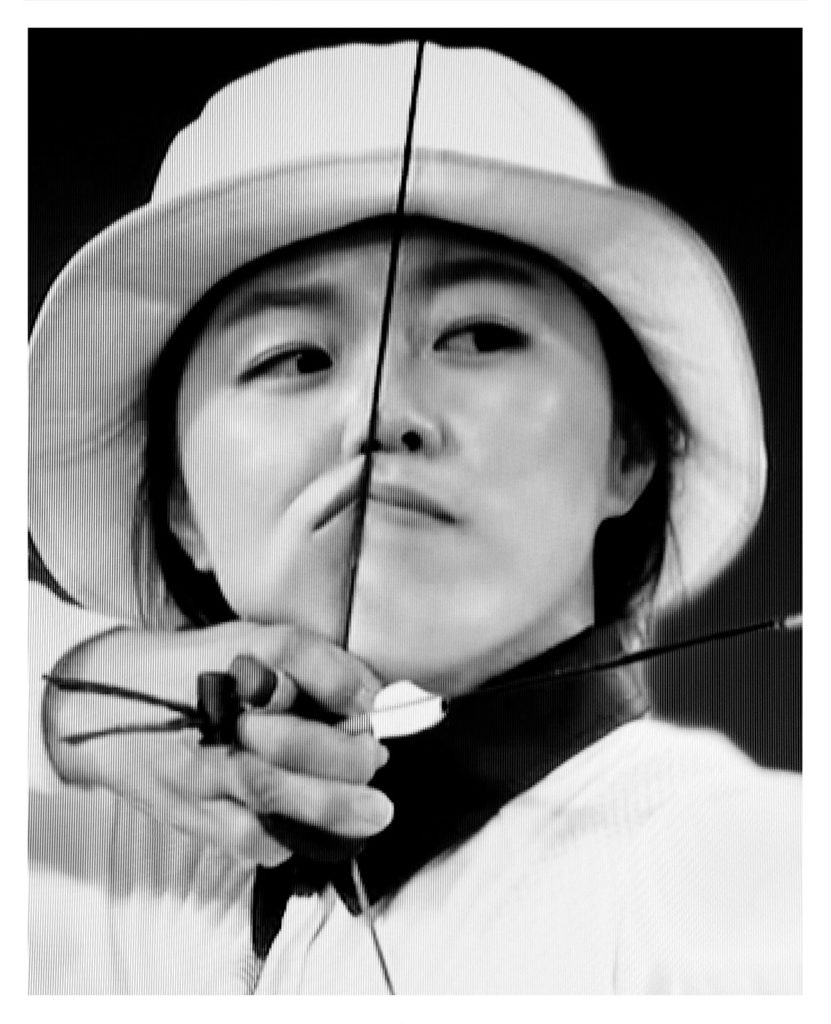
February 16 to February 23
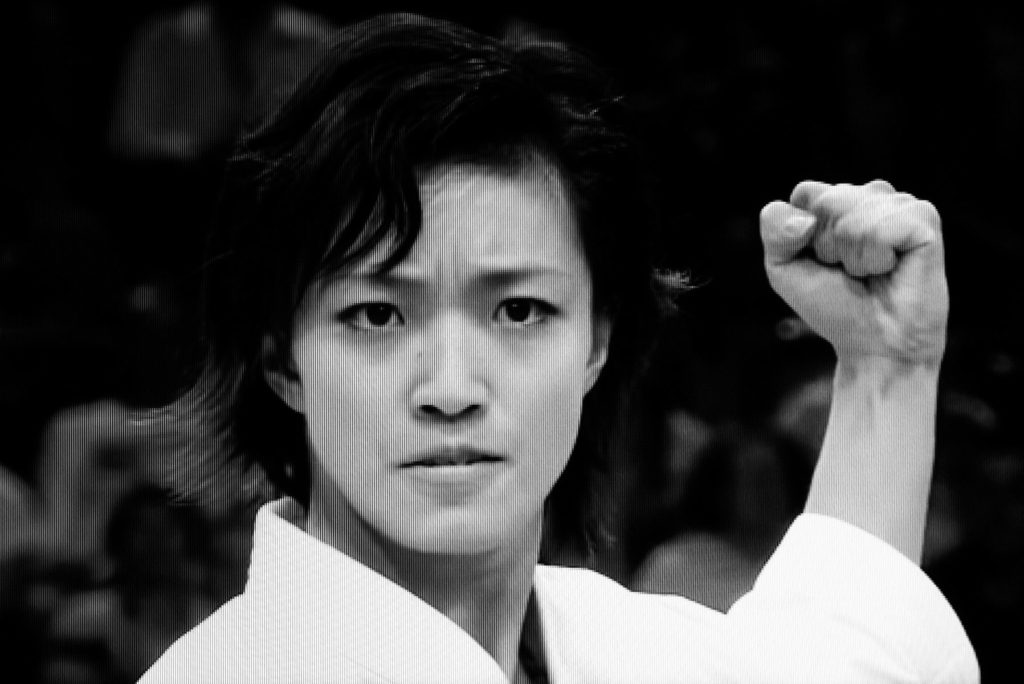
February 9 to February 16
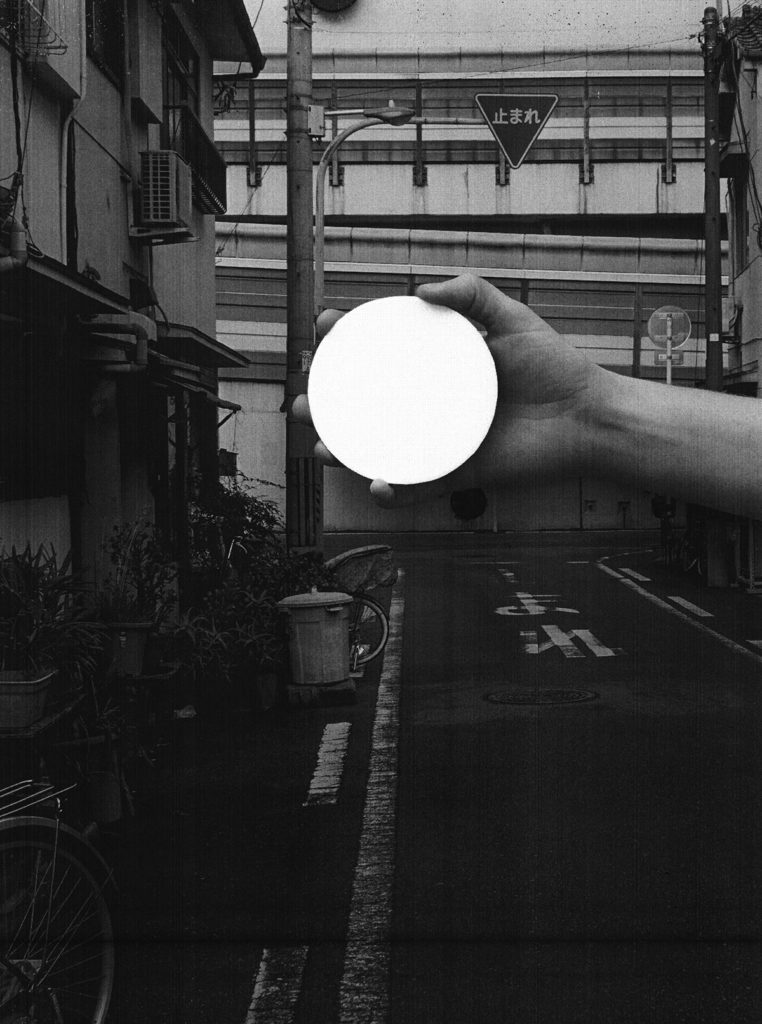
February 2 to February 9
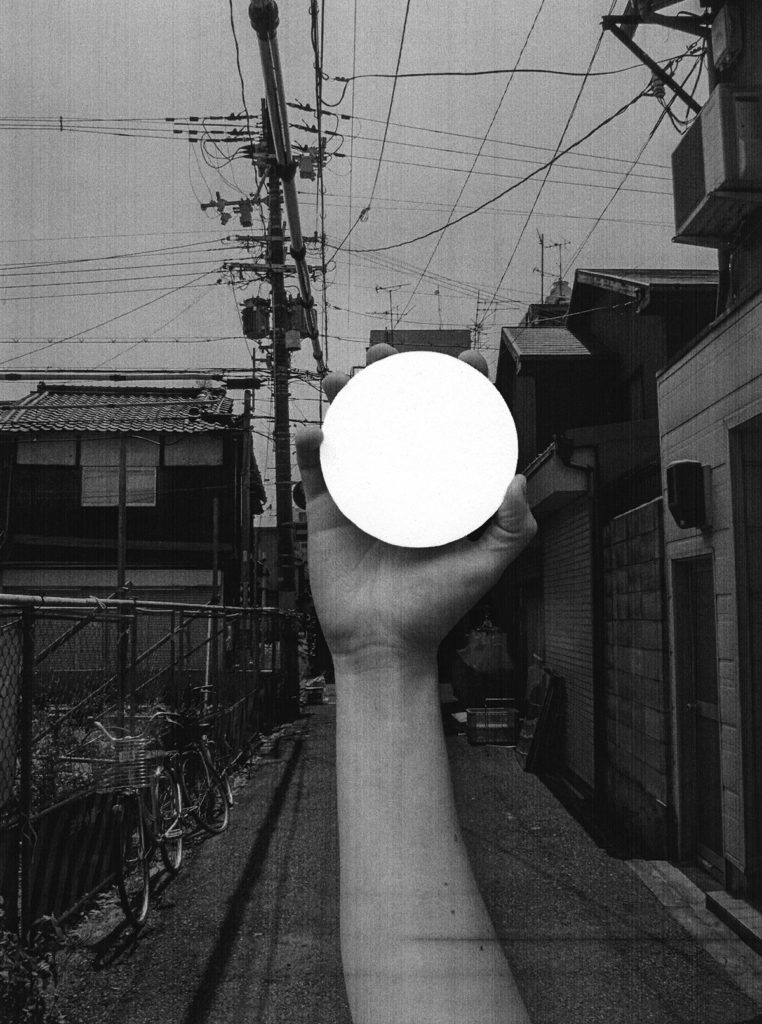
January 26 to February 2
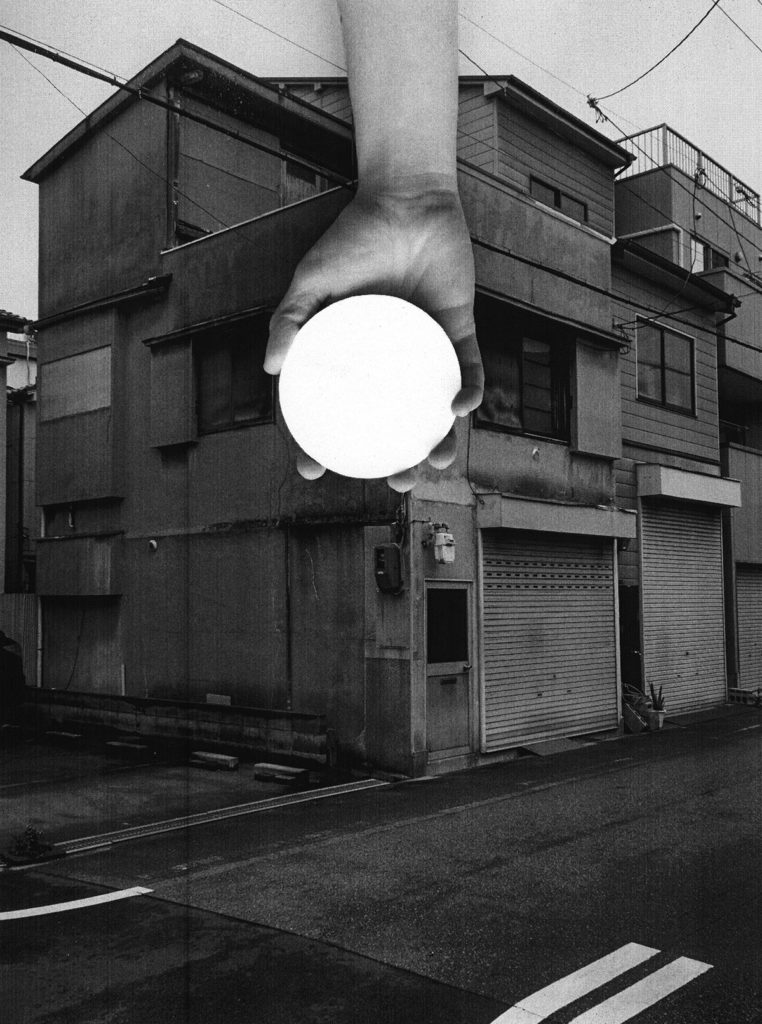
January 19 to January 26
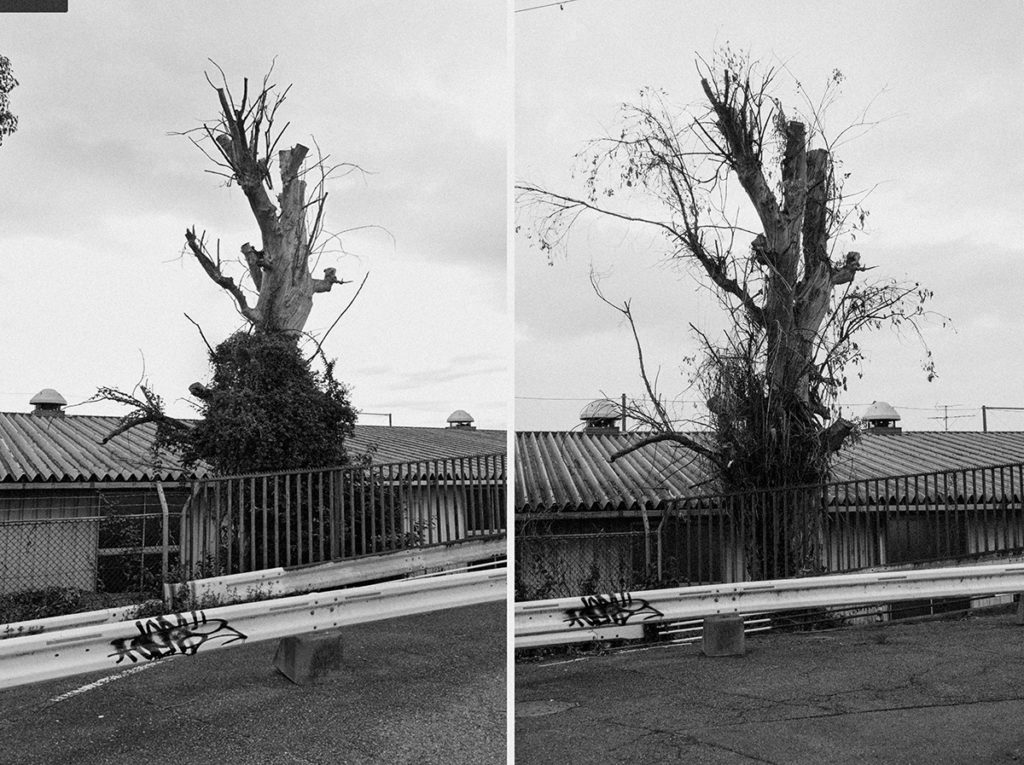
right: Osaka, Asaka, mar 2017; left: Asaka Google oct 2019
January 12 to January 19
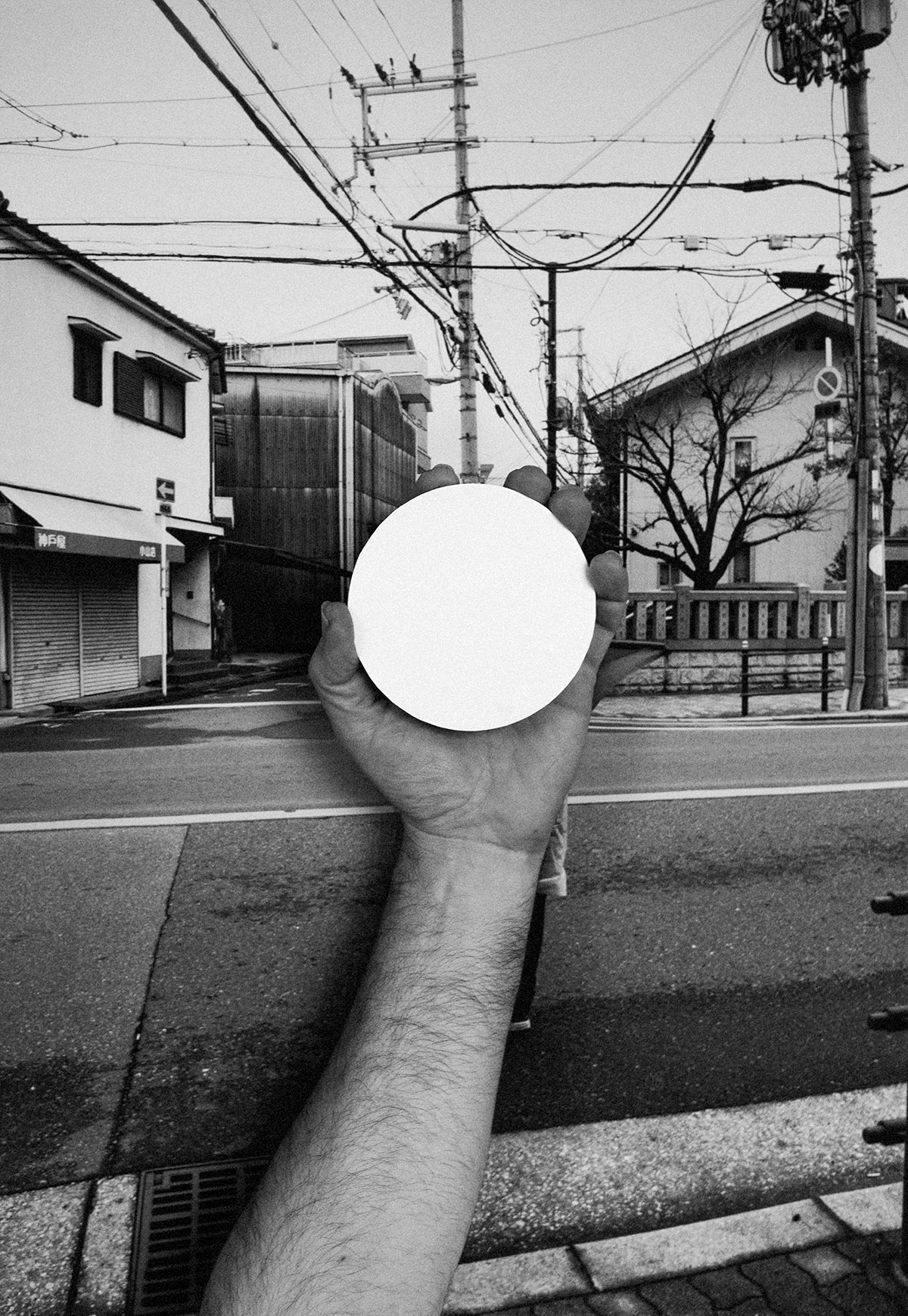
January 05 to January 12
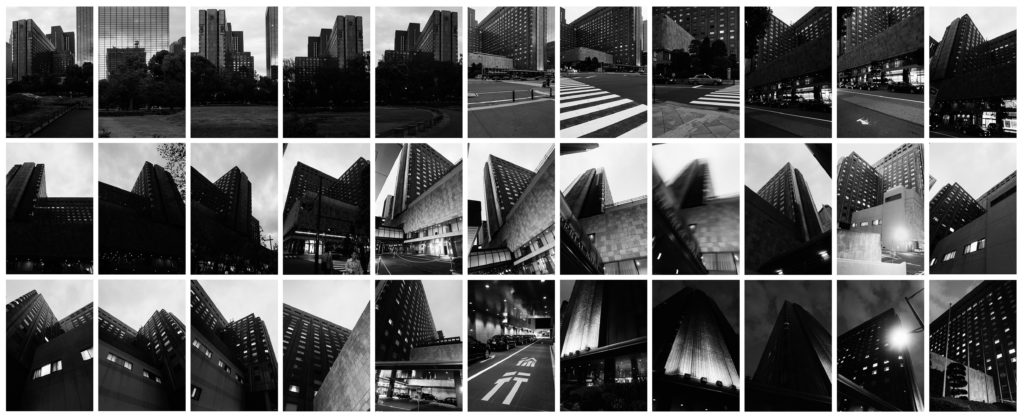
(part of »Japanese Lesson« a collaborative project with Oliver Sieber)
The Imperial Hotel in Tokyo in the 1960s was a stunning structure. Designed by the legendary architect, Frank Lloyd Wright, the Imperial Hotel’s lava rock facing, the abundance greenery and the dominant reflection pool makes me think of Angkor Wat or the Taj Mahal on a more intimate scale. Known in Japan as the Teikoku Hotel,the Wright designed structure was built inthe early 1920’s, opening up on Sept. 1, 1923, the day of Japan’s most powerful earthquake ever, one that resulted in the flattening of Tokyo and over 140,000 deaths. Wright had already left Japan several months before, but was proud when told that the Imperial Hotel remained standing. […] In the years and months leading up to the Games 1964, the hotels tried hard to get the various committees and federations to provide more exact numbers of guests. […] By the late 1960s, the Wright-designed structure was falling into decay, part of the building sinking into its foundation. The number of rooms was woefully short of economic viability for a downtown Tokyo hotel as well. The hotel was closed at the end of 1967, and demolished to make way for a high-rise structure. The Imperial Hotel will be the IOC Headquarter during the 2020 Olympic Games (which are postponed to take place in 2021 due to the Covid-19 pandemic. It’s already discussed if they will be cancelled permanently at all.
December 16 to December 23
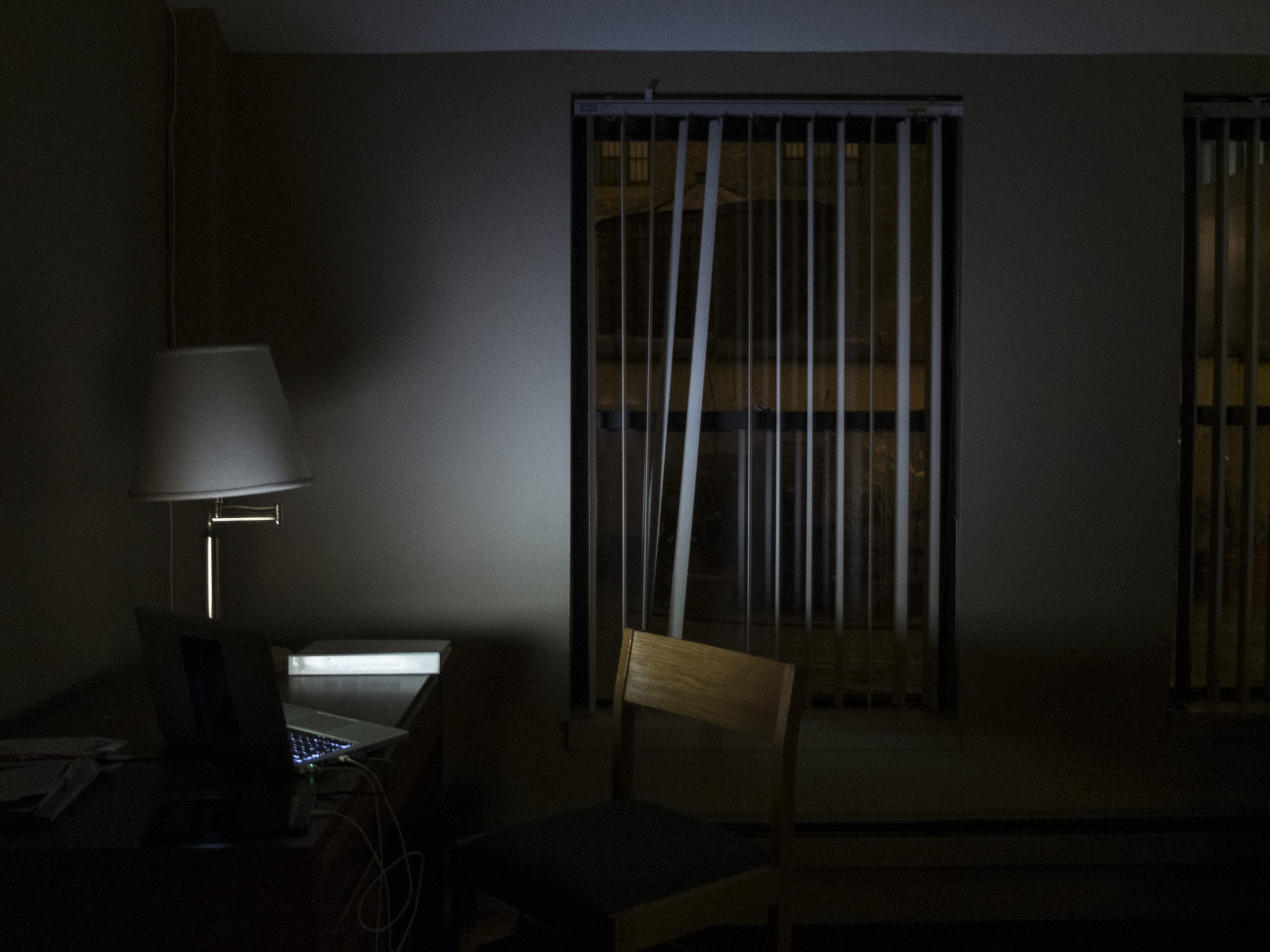
December 08 to December 15
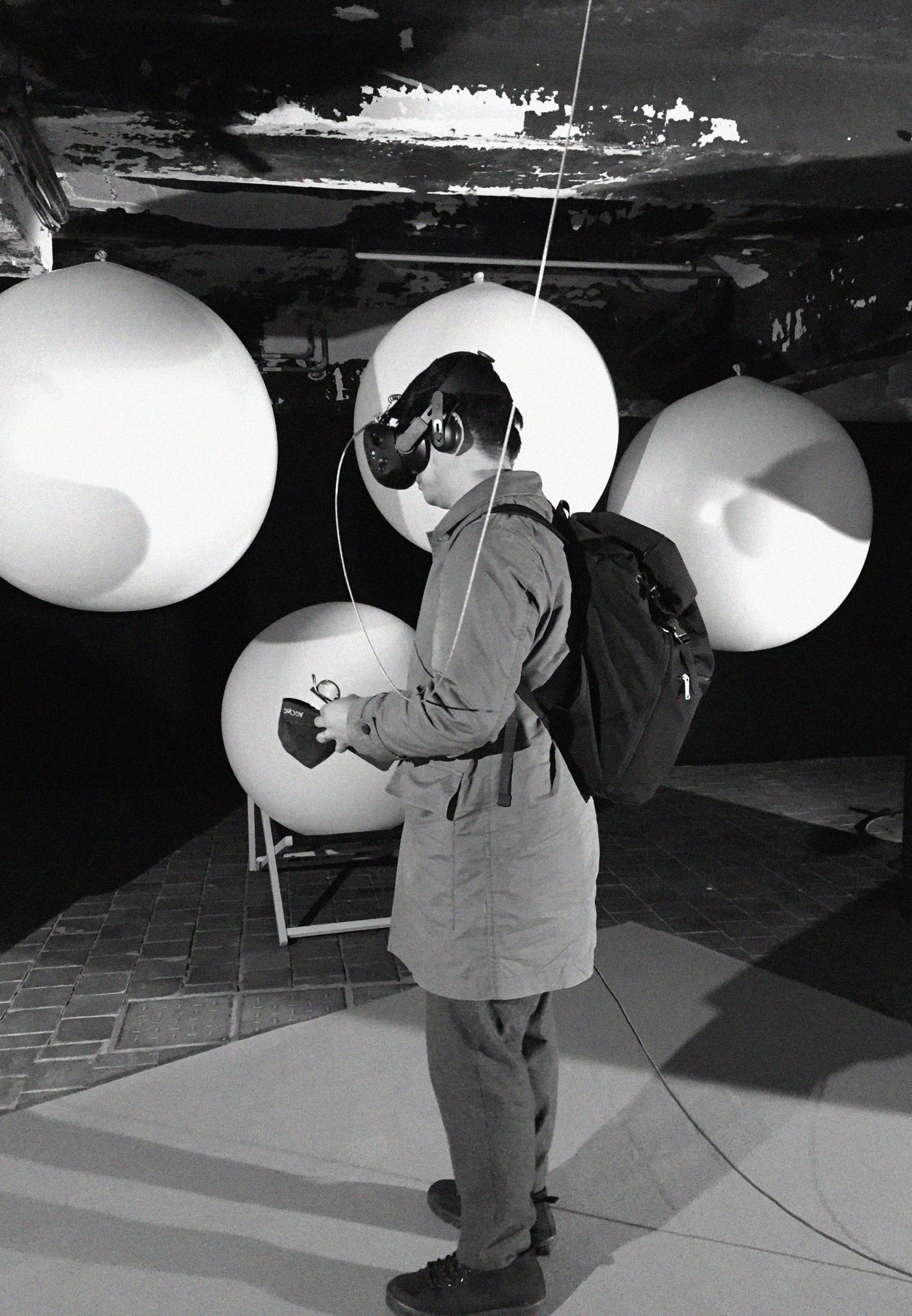
November 24 to December 01
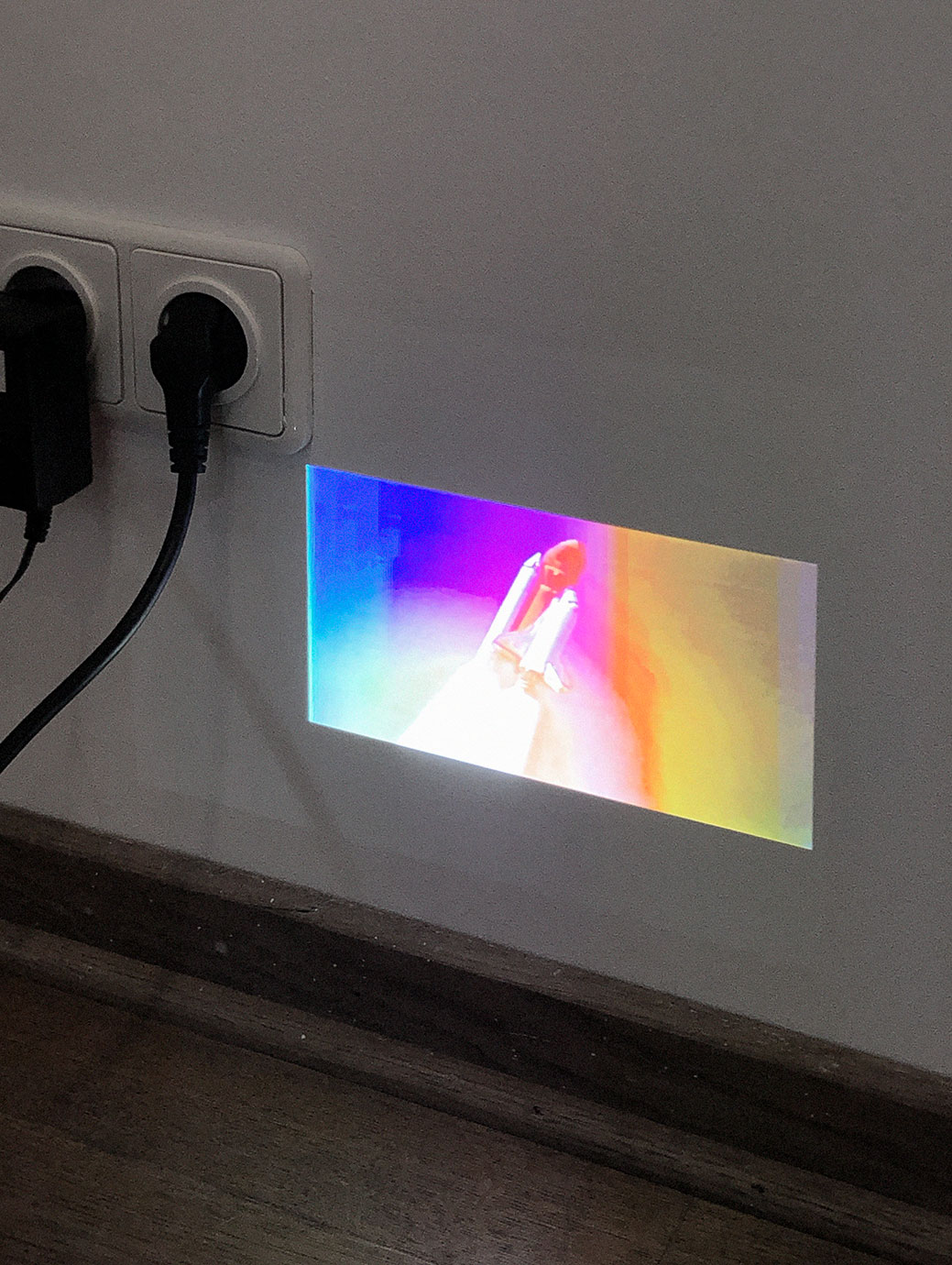
October 27 to November 3
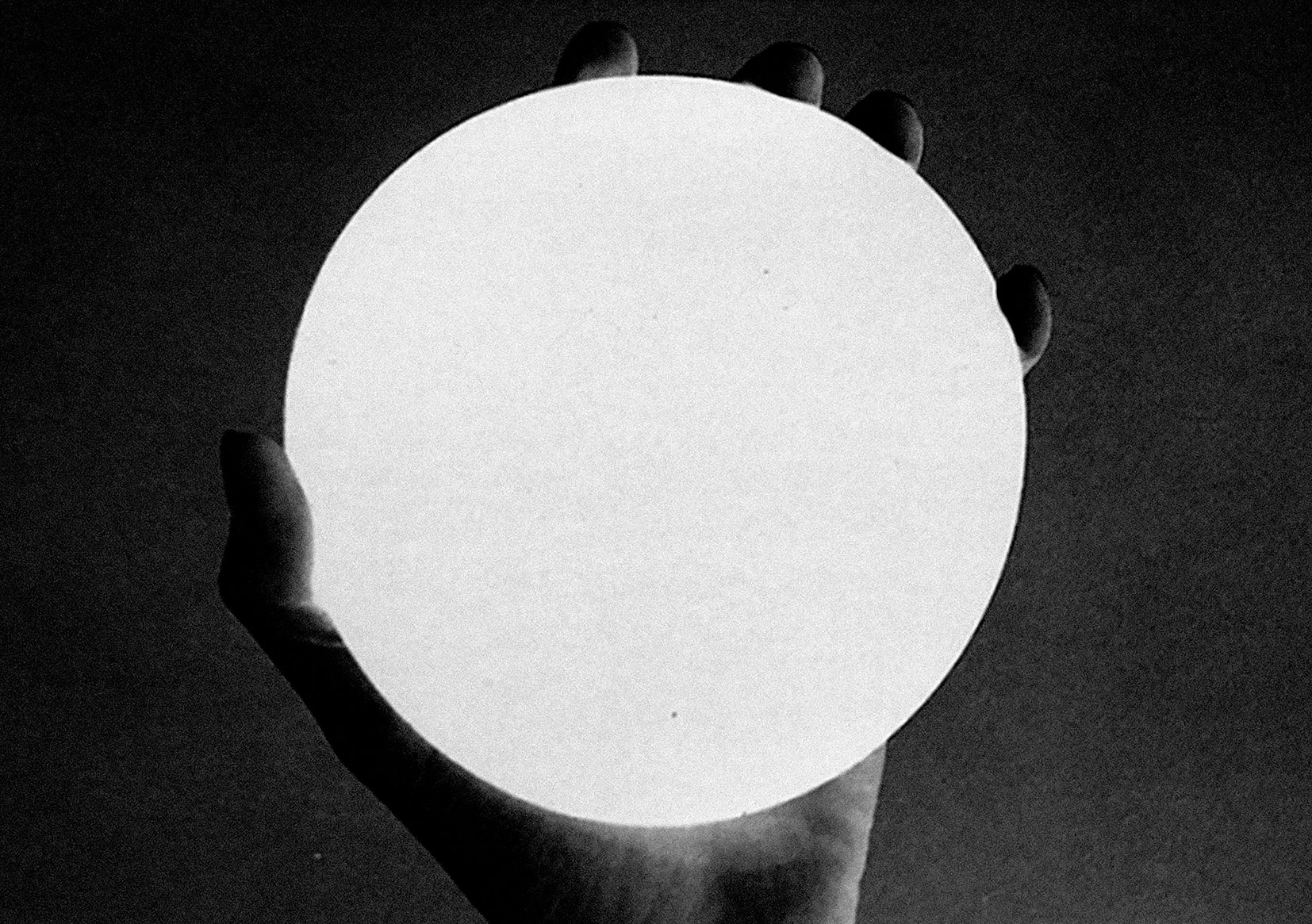
October 20 to October 27
October 6 to October 13
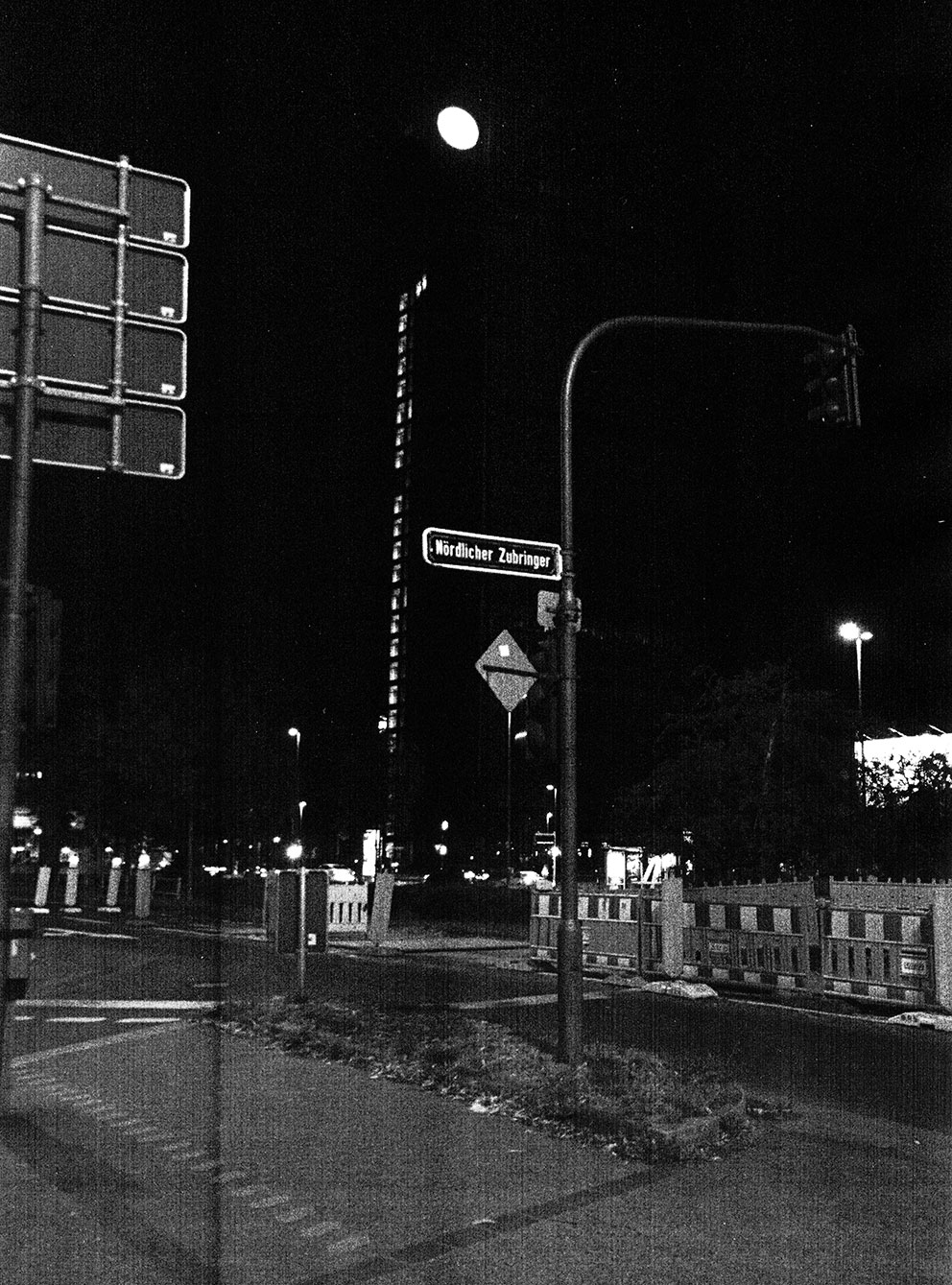
September 1 to September 8
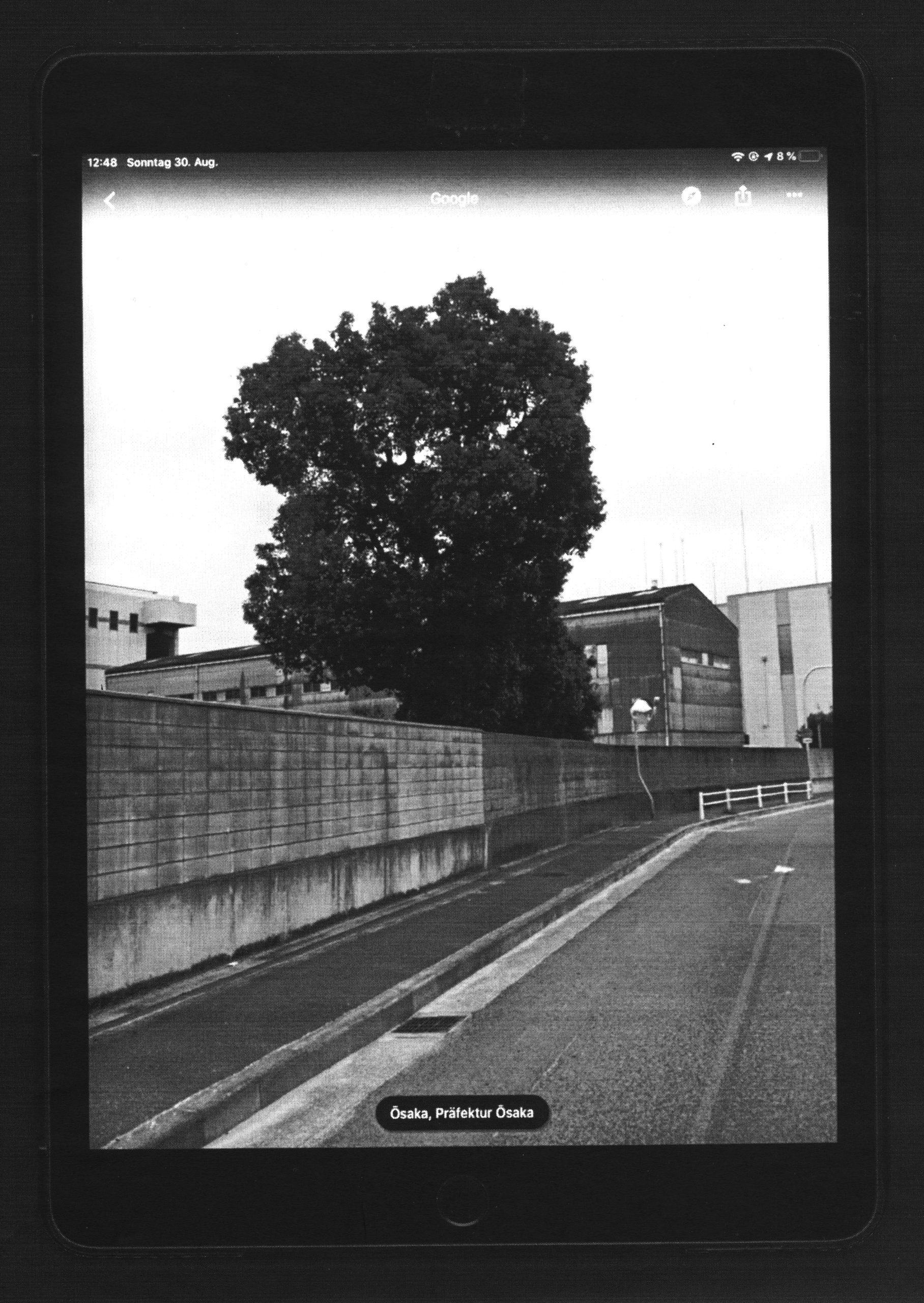
Re-Visiting
Cities change the Songs of Birds
Nishinari, Street View, Xerox, 2020
August 18 to August 31
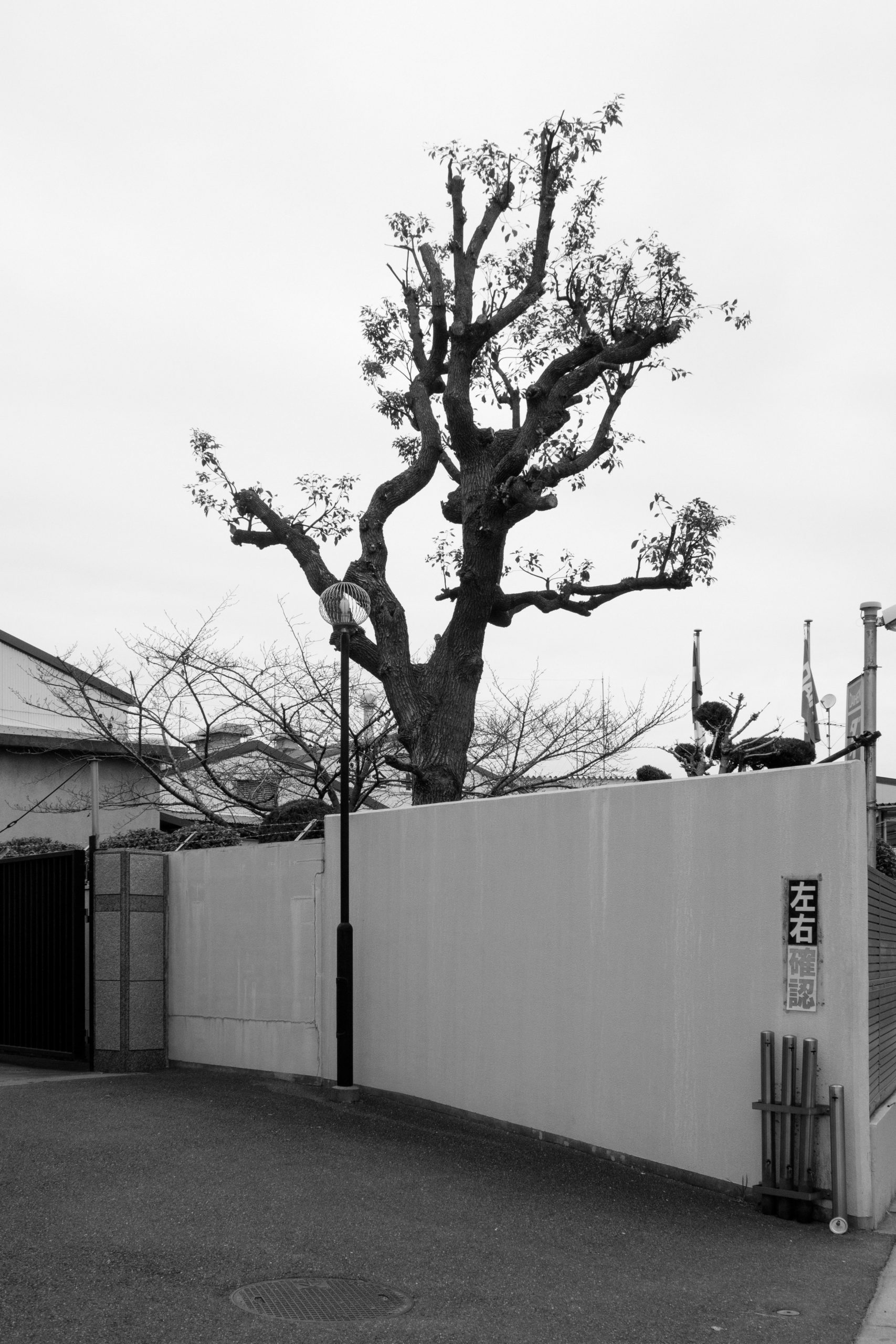
July 14 to July 21
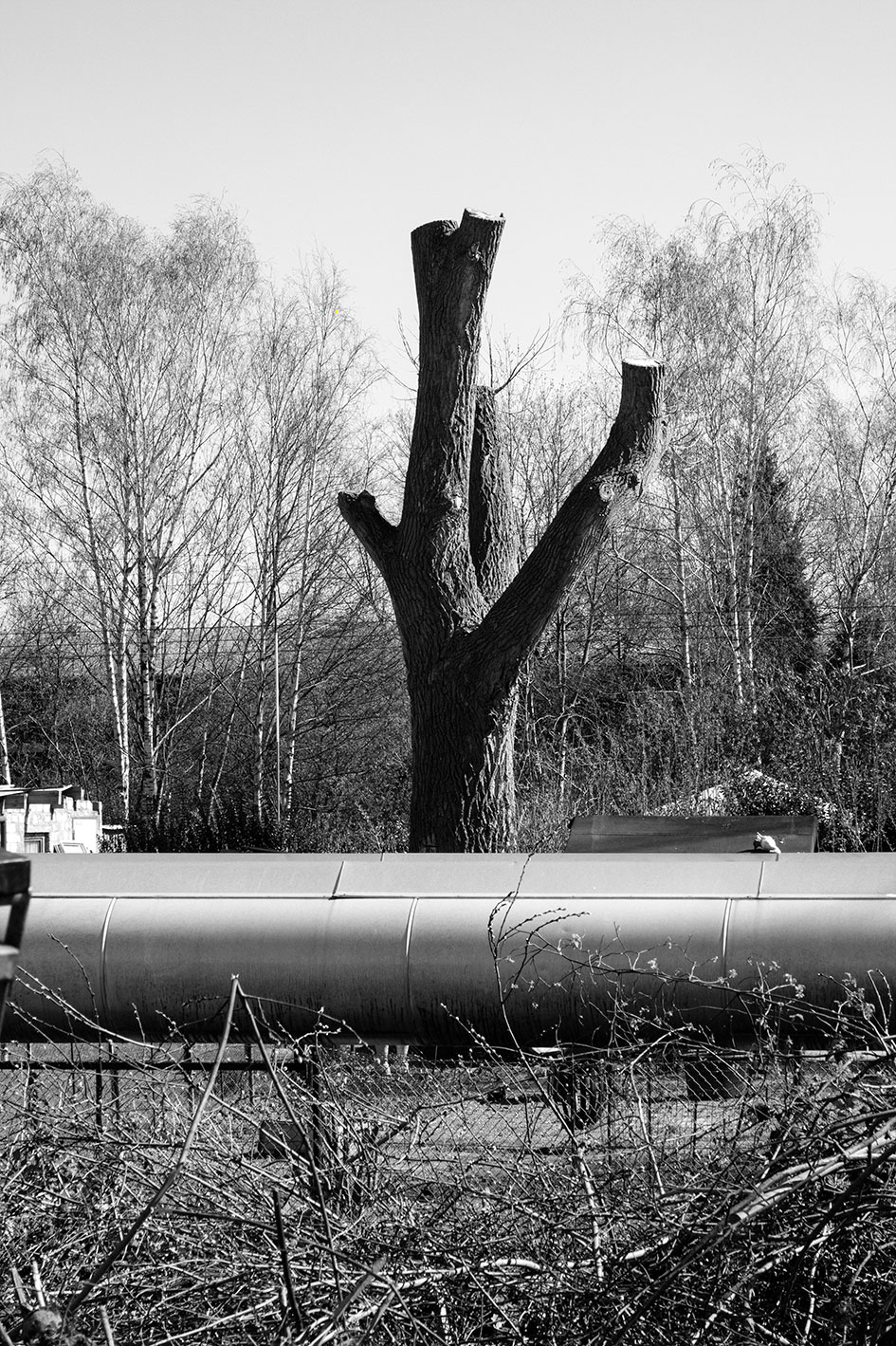
Bochum, Apr 5., 2020
from the series
»Cities change the Songs of Birds«
July 7 to July 14
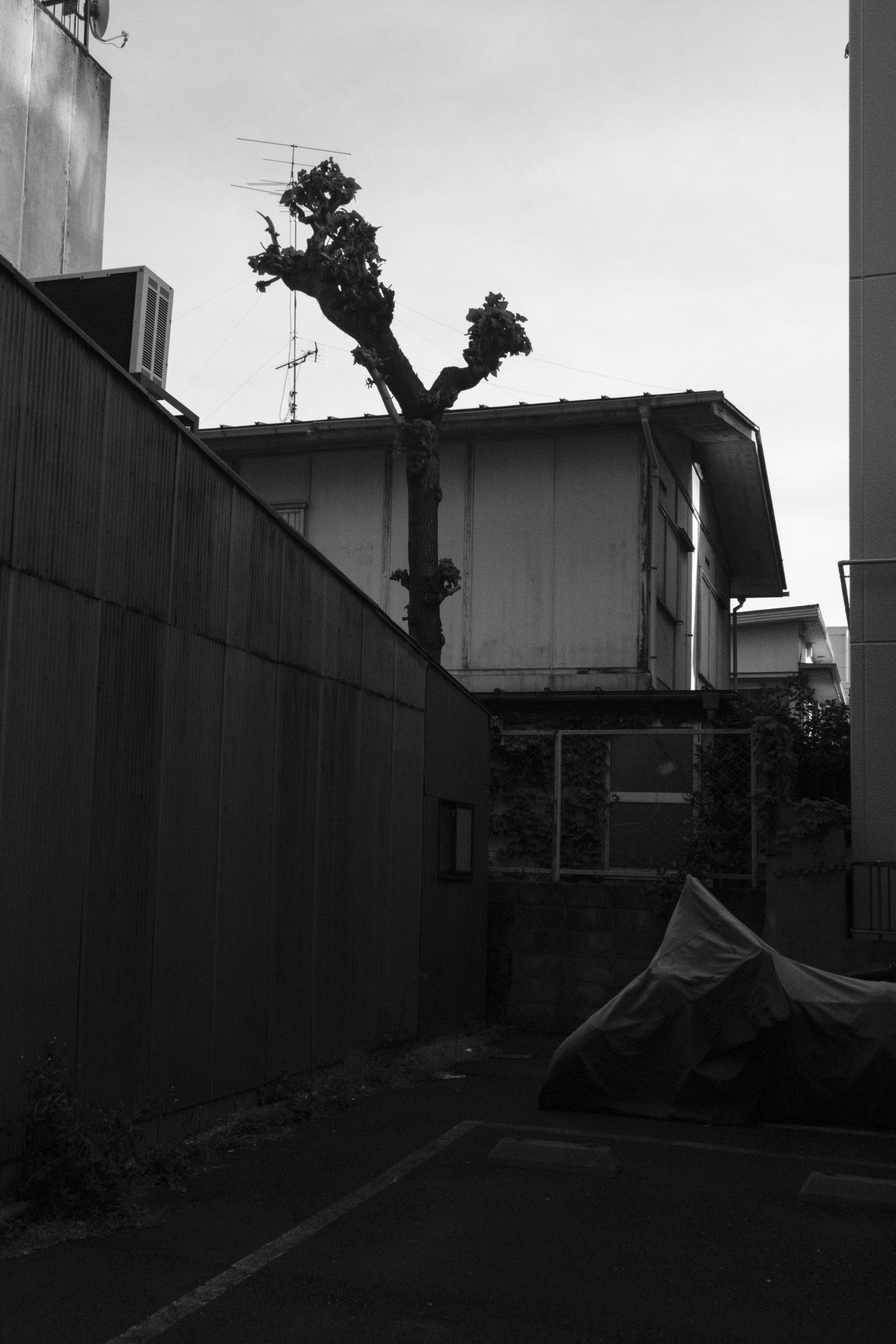
Katja Stuke, 2020
Jun 16 to June 23
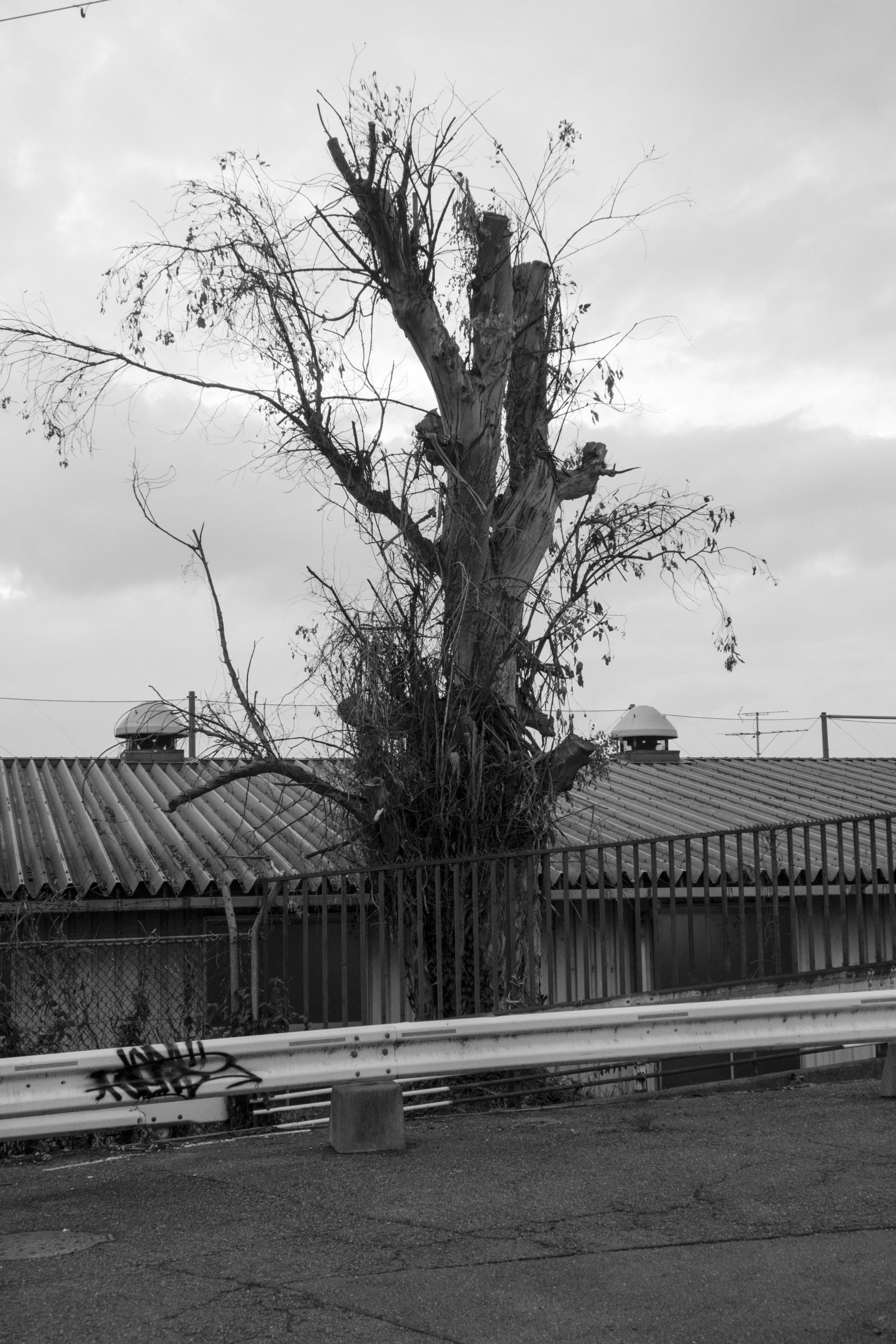
Asaka, Osaka 2019
»Worldwide urbanization and the ongoing rise of urban noise levels form a major threat to living conditions in and around cities. The environment in which animals live, communicate, and reproduce can have a major impact on their phenotype. Urban birds often experience very noisy conditions while singing, which may influence the efficiency of their acoustic signals.«
POLYPHONIC MANIFESTO

May 26 to June 2
Konohana Dream is a virtual walk through Konohana, Osaka, which I completed in May 2020. Konohana is Oliver Sieber’s and my emotional home in Japan, which I really miss at the moment. The walk with Google Street View is a very unsatisfying subsitute but an attempt to continue the different Walks we did together in Japan and Paris.
Website for this project is: http://japaneselesson.boehmkobayashi.de/
May 5 to May 12
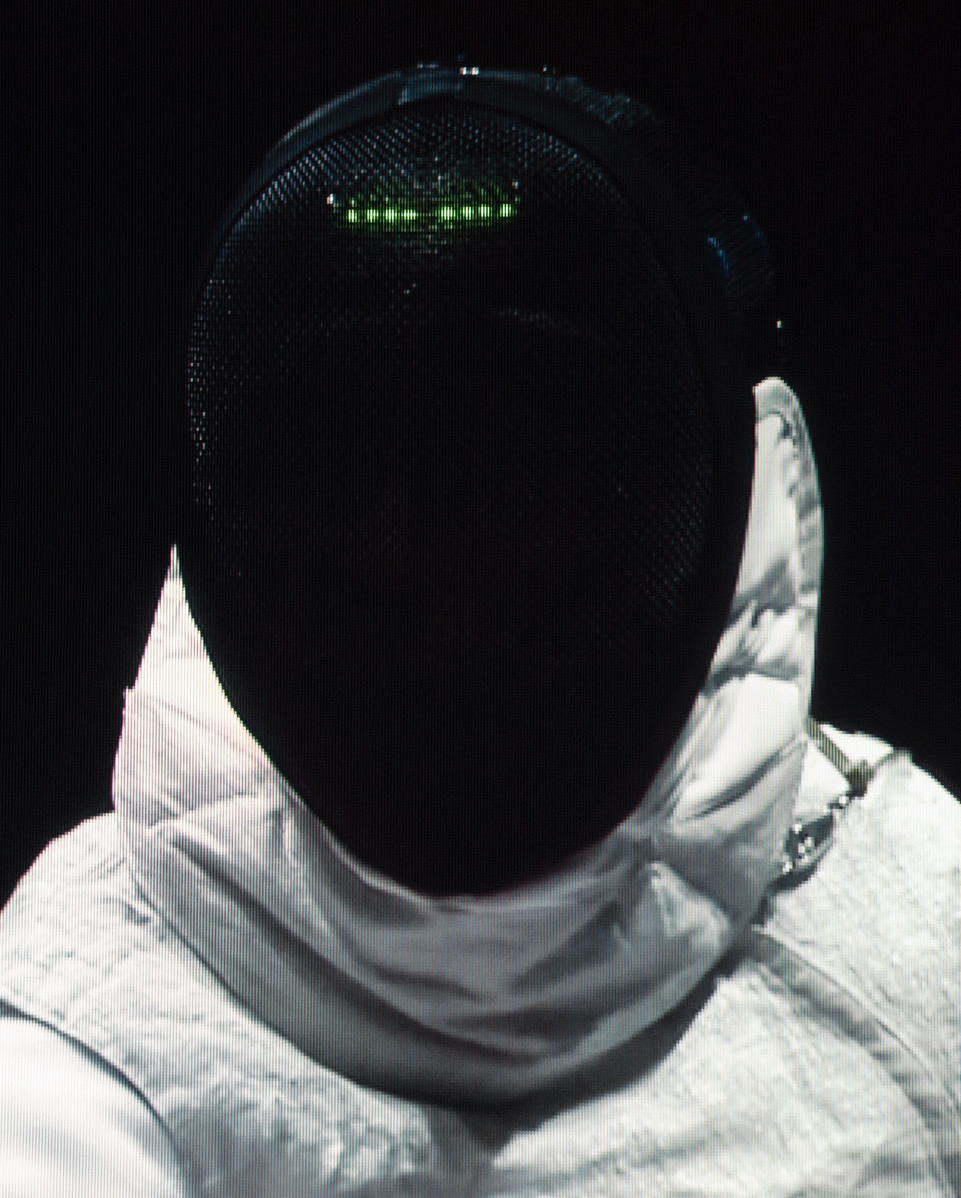
Katja Stuke, Rio 06, 2016
from the series: Supernatural
The portraits of artistic athletes and high divers were taken during the Olympic Games in Sydney (2000), Athens (2004), Beijing (2008) London (2012) and Rio (2012) photographed from a television screen. The singular Olympic Games idea, the particular competition situation directly before the decisive sporting performance, the moment of concentration and the question of the identity and development of girls and women plays a key role in this photographic work.
April 21 to April 28
Cry Alex or become a monk
Katja Stuke‘s video work Cry Alex (2019) features two crying women of different nationalities and ages simultaneously presented as a diptych on two tablets. Facing the viewer front-on, they seem to turn directly towards them with their unfiltered emotions or at least to regard the viewer through the camera as the recipient. One sequence shows a young Asian woman in a simple white top in front of a light grey-beige background, her hair is shaved. Overflowing with tears, she reveals herself to an invisible audience, interspersed with short, impetuous sighs. The person depicted is the Japanese pop singer Minami Minegishi, a member of the well-known Japanese girl band AKB48. The band’s concept allows for a special closeness between the girls and their fans, which, among other things, manifests itself in regular handshake events. As part of the marketing strategy, band members are prohibited from having relationships. Stuke takes Minami‘s publicly expressed remorse as an opportunity – typical of her work -– to ask questions about the authenticity and staging of images. Even though the resulting sentences in Japanese remain incomprehensible to most listeners due to a lack of language skills, the visible signs of humility are universally readable through the tears and the shaved hair. In Japanese, the expression ‘to become a monk’ describes this form of (self-)humiliation, but above all it is reminiscent of the public punishment and humiliation French women who were said to have had relations with German men during the Second World War endured. Katja Stuke critically questions this media event by juxtaposing the crying Minami with the crying Alex. Alex, an actress hired by the artist, rubs a sliced onion under her eyes in front of everyone, so that afterwards the tears flow as a physical reaction and at the same time her facial expressions produce a moment of authentic crying. Alex is dressed in a comfortable black T-shirt while Minami wears a white top that in this context can be seen as a hair shirt, in Christian terms this means a rough, scratchy garment, that when worn on the bare body implies the most moderate form of (self-)mortification. This juxtaposition subtly reflects the possibilities of media staging that require a specific reference in order to be unmasked as artificial. In the case of Cry Alex, it is the onion and the sentences whispered in Japanese: ”Is she crying? Is she really crying? Tears run down her face.” Due to the language barrier, this hint is only accessible to a small audience. If the viewer misses the initial sequence with the onion, then the emotion portrayed would be considered authentic. It is only the detailed gaze, the time spent and the attentiveness of the recipient that distinguish the ready and willing consumer from the critical observer. In this work, Stuke‘s media-critical preoccupation with images of people in public is shown to be exemplary, for it remains unclear whether Minami‘s feelings are real or just part of a marketing strategy launched in advance. Photographed from a television screen, it is the monitor resolution that gives the work a grainy aesthetic, in turn it implies a fleetingness that can be seen as characteristic of the fast-paced media world. Stuke captures and freezes this transience, counteracting it, so to speak, by fixing the individual frame of a video sequence in a single photograph.
Katja Stuke is a German artist. She lives and works in Düsseldorf.
Together with Oliver Sieber she cover an extensive range of personas: photographers and artists, curators and exhibition organizers, designers and art book editors. Yet as they move through their photographic cosmos, it is not always so easy to determine where one identity ends and the other begins. Regardless, in their works and activities as artists and art facilitators they have long since become moderators of a very specific photographic culture.
www.boehmkobayashi.de
www.katjastuke.de